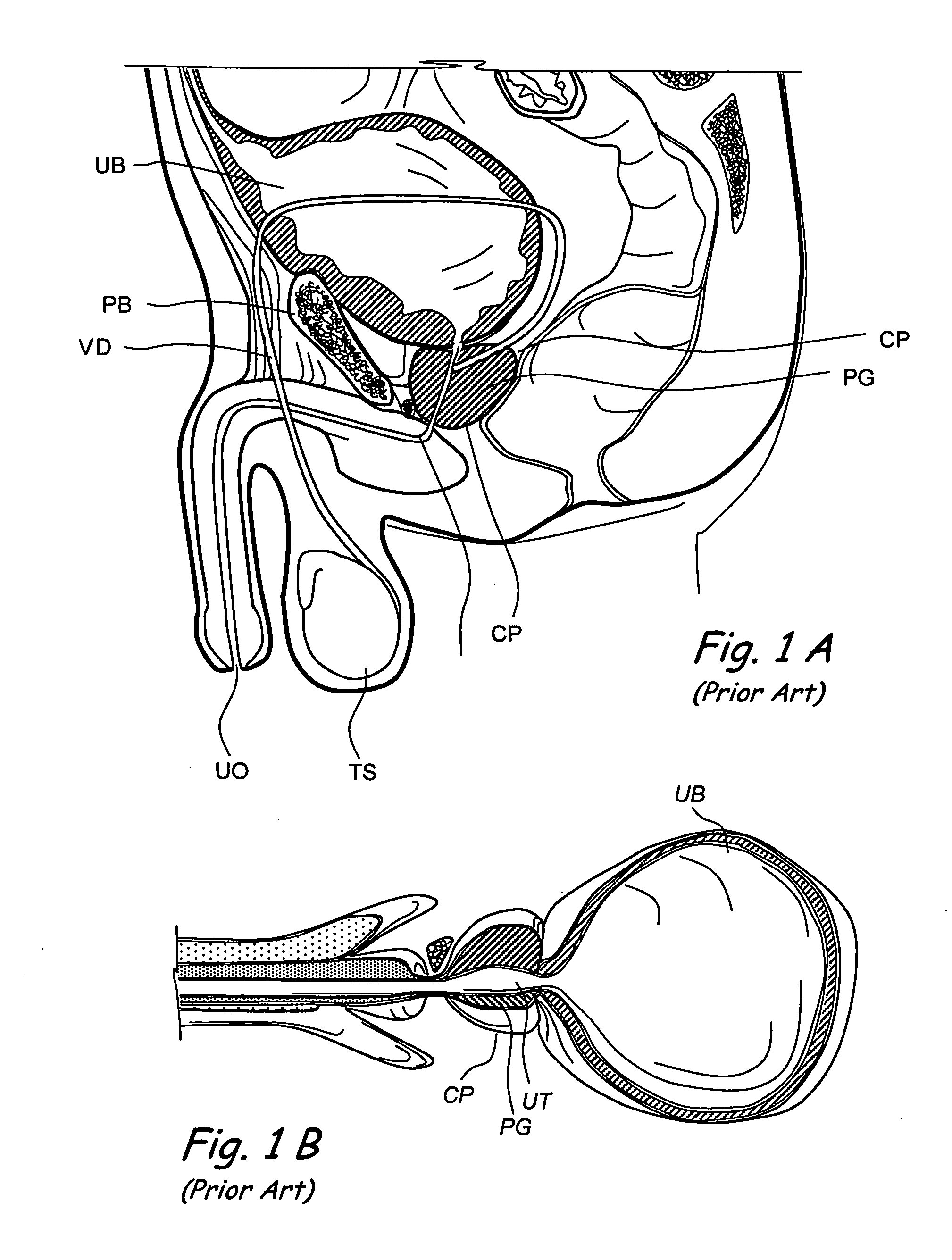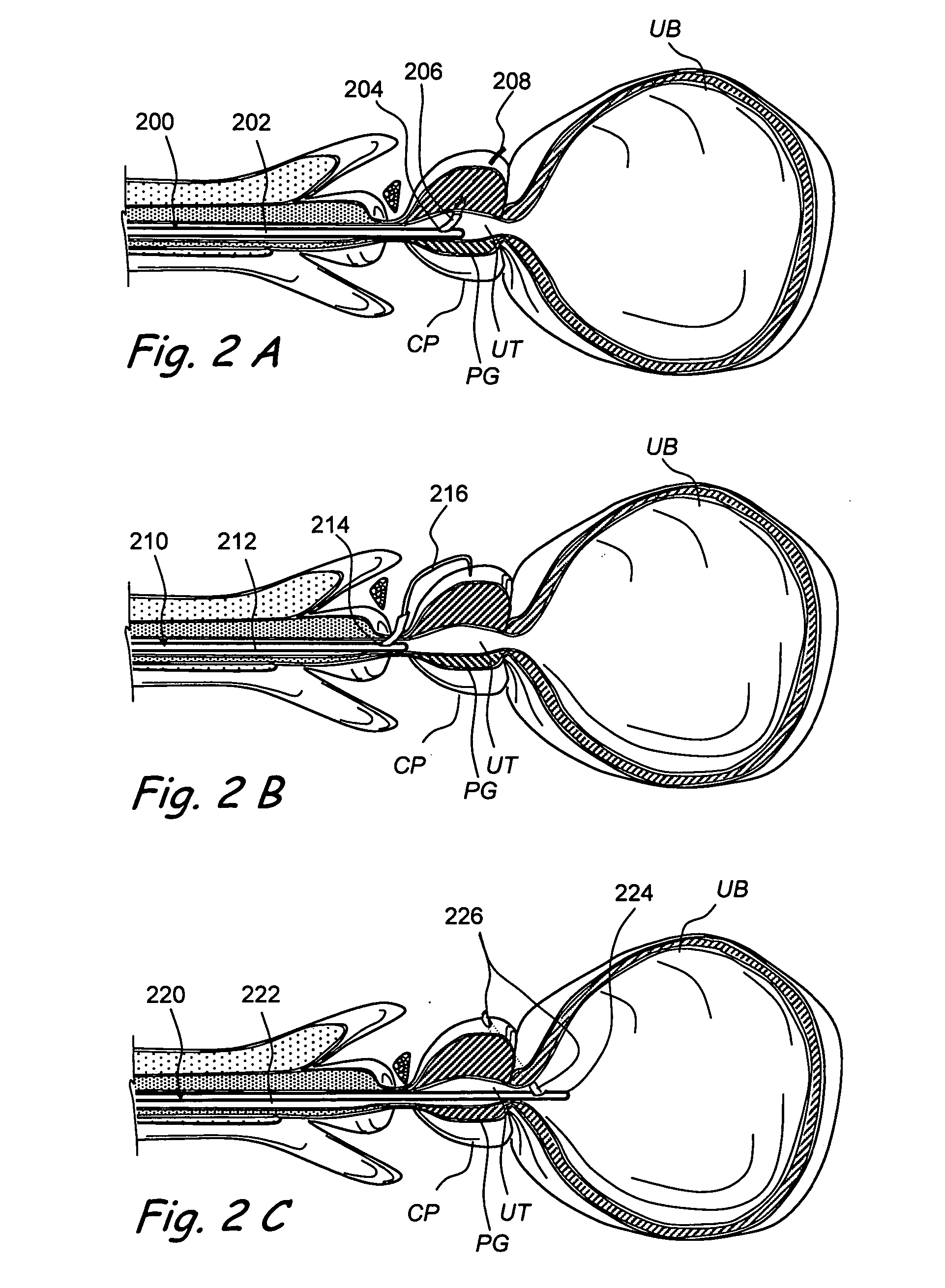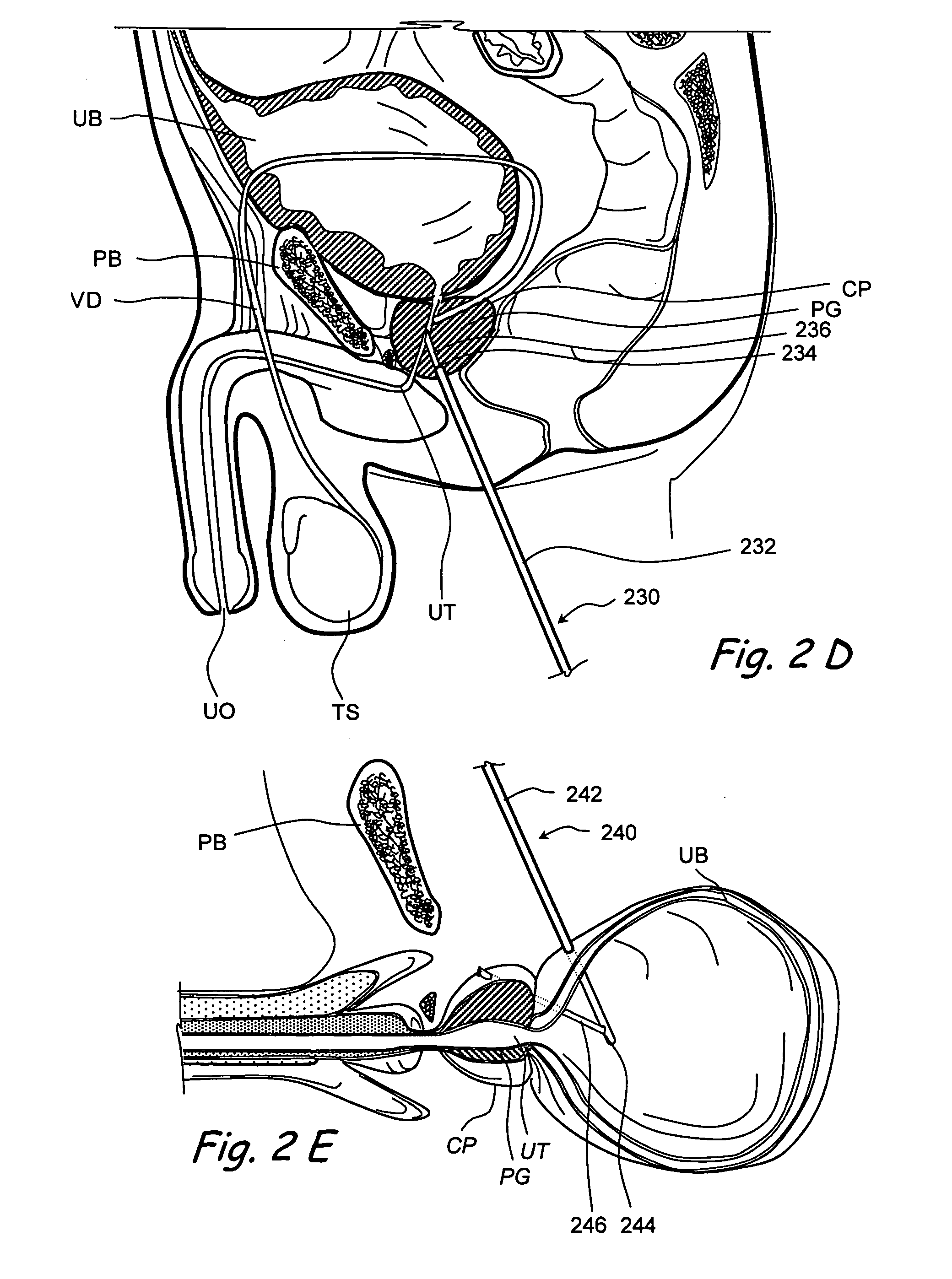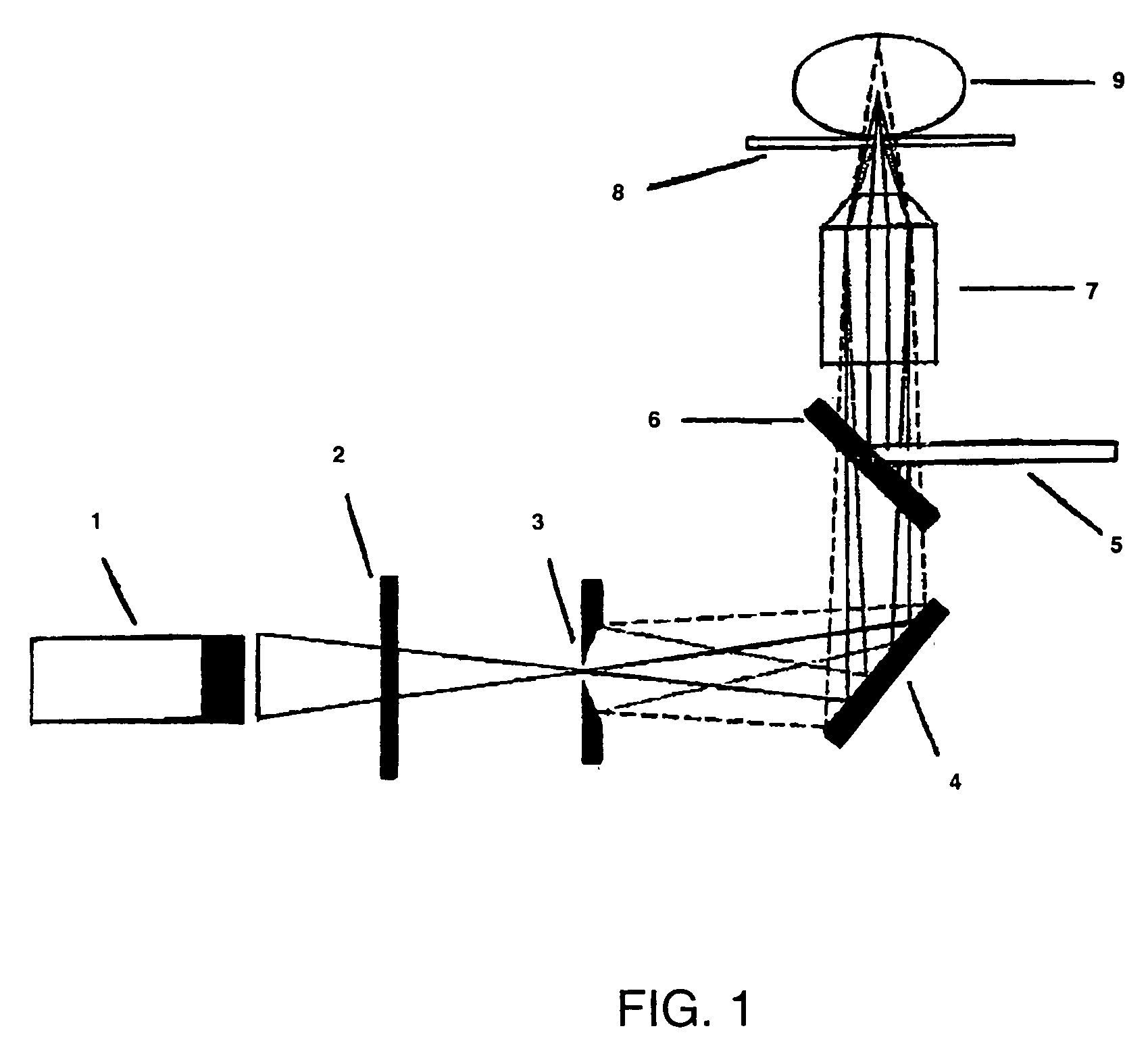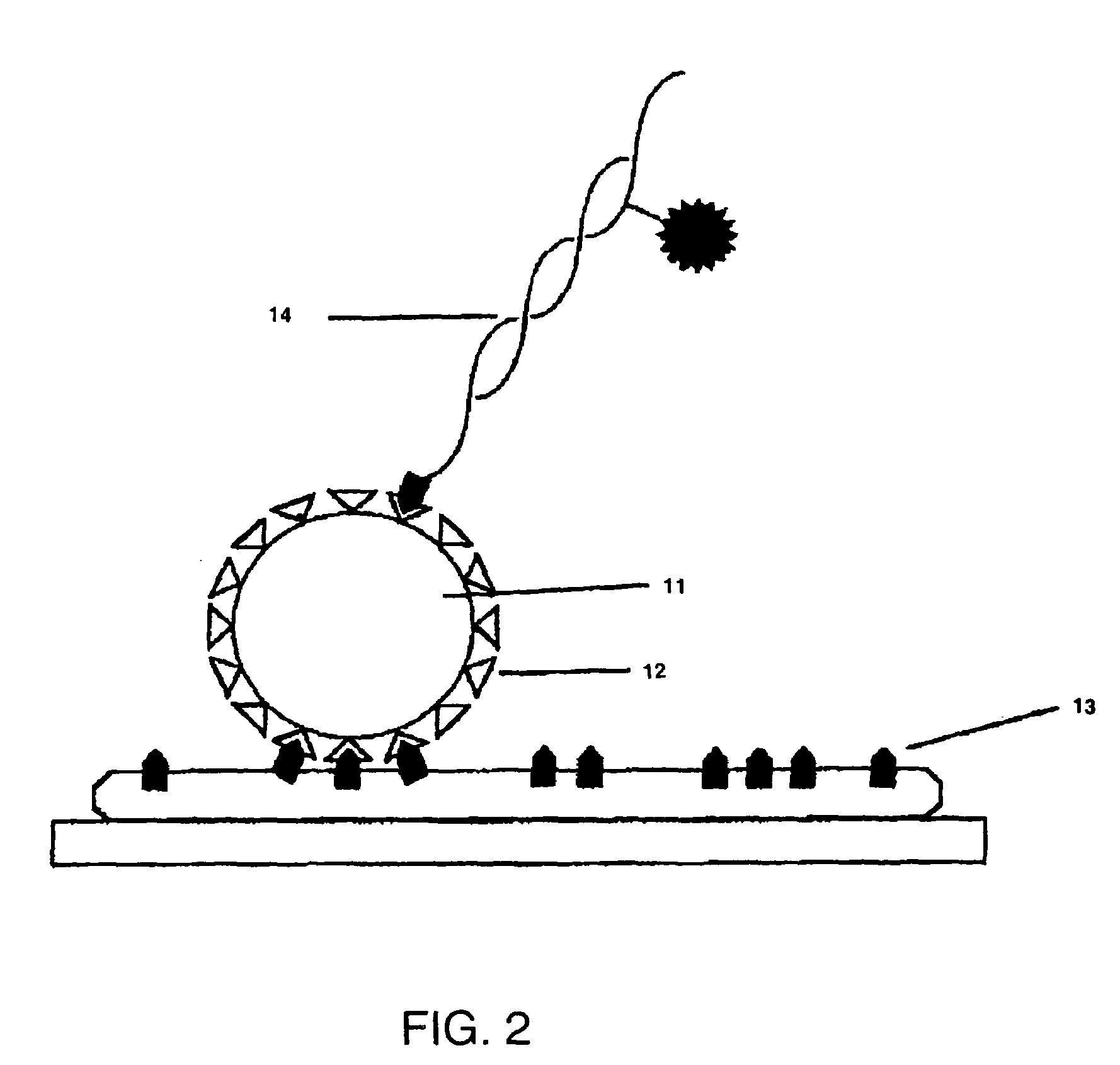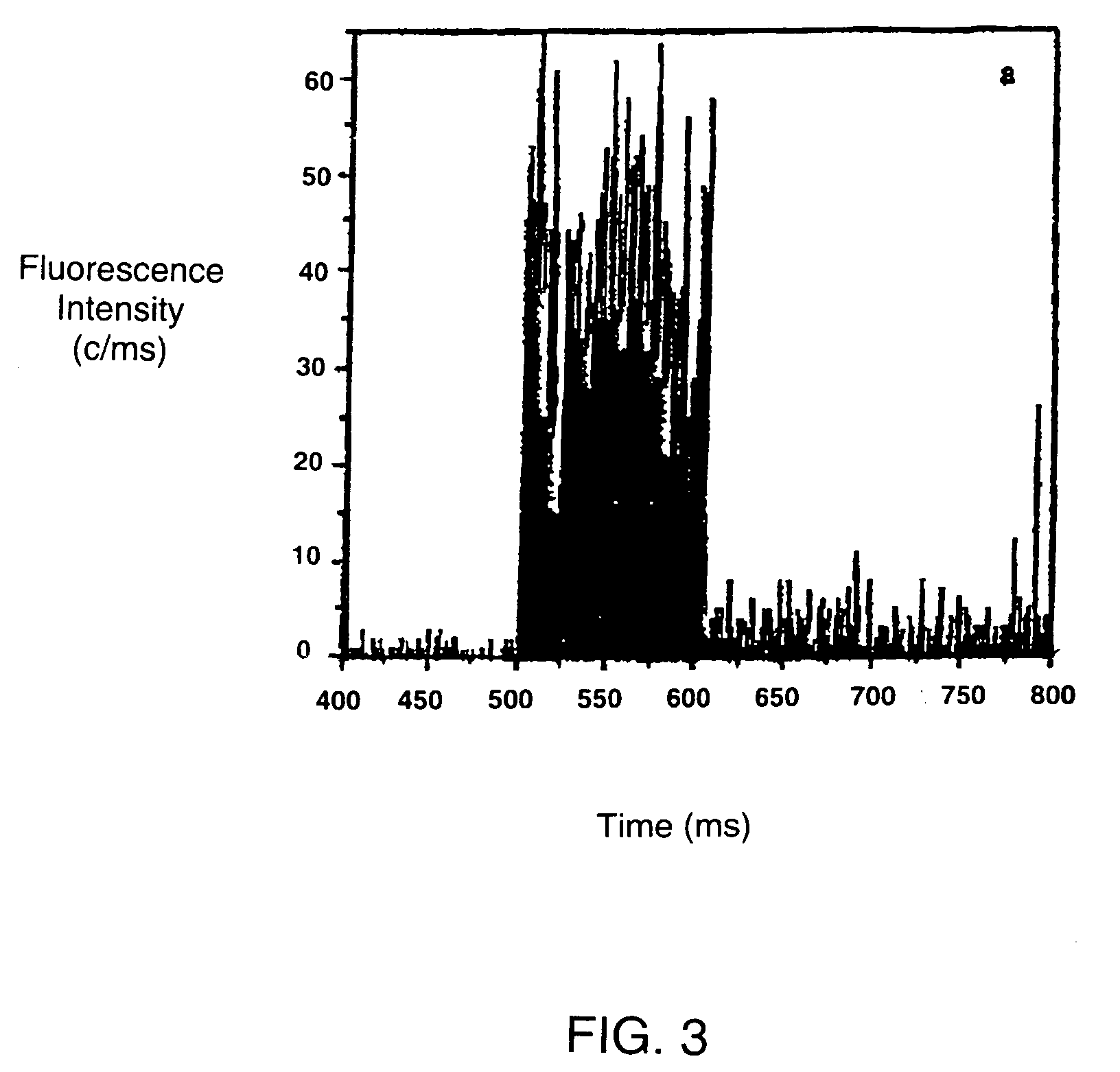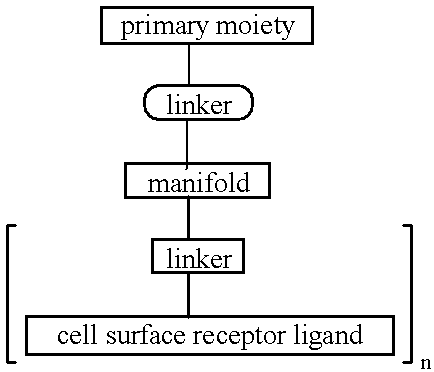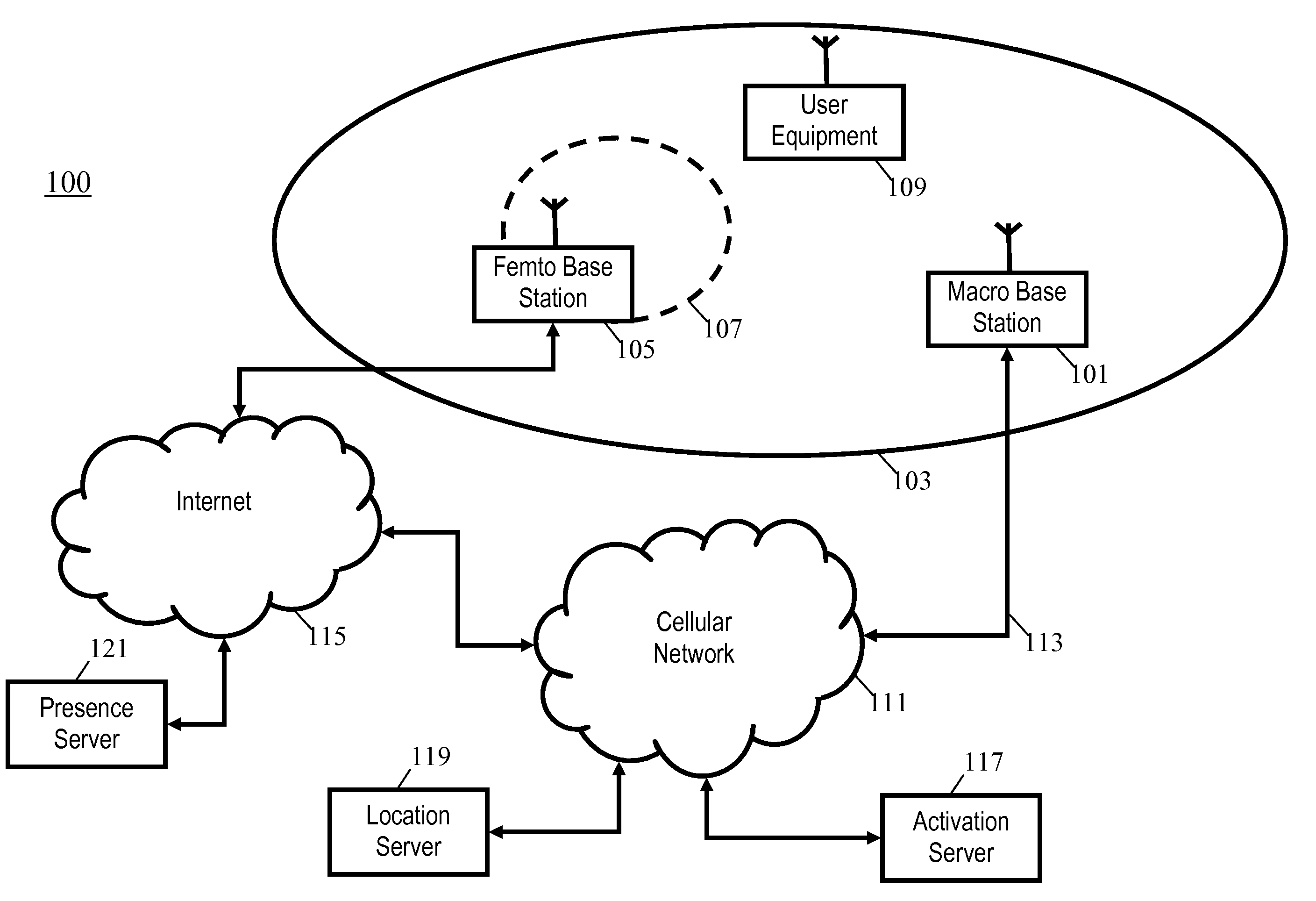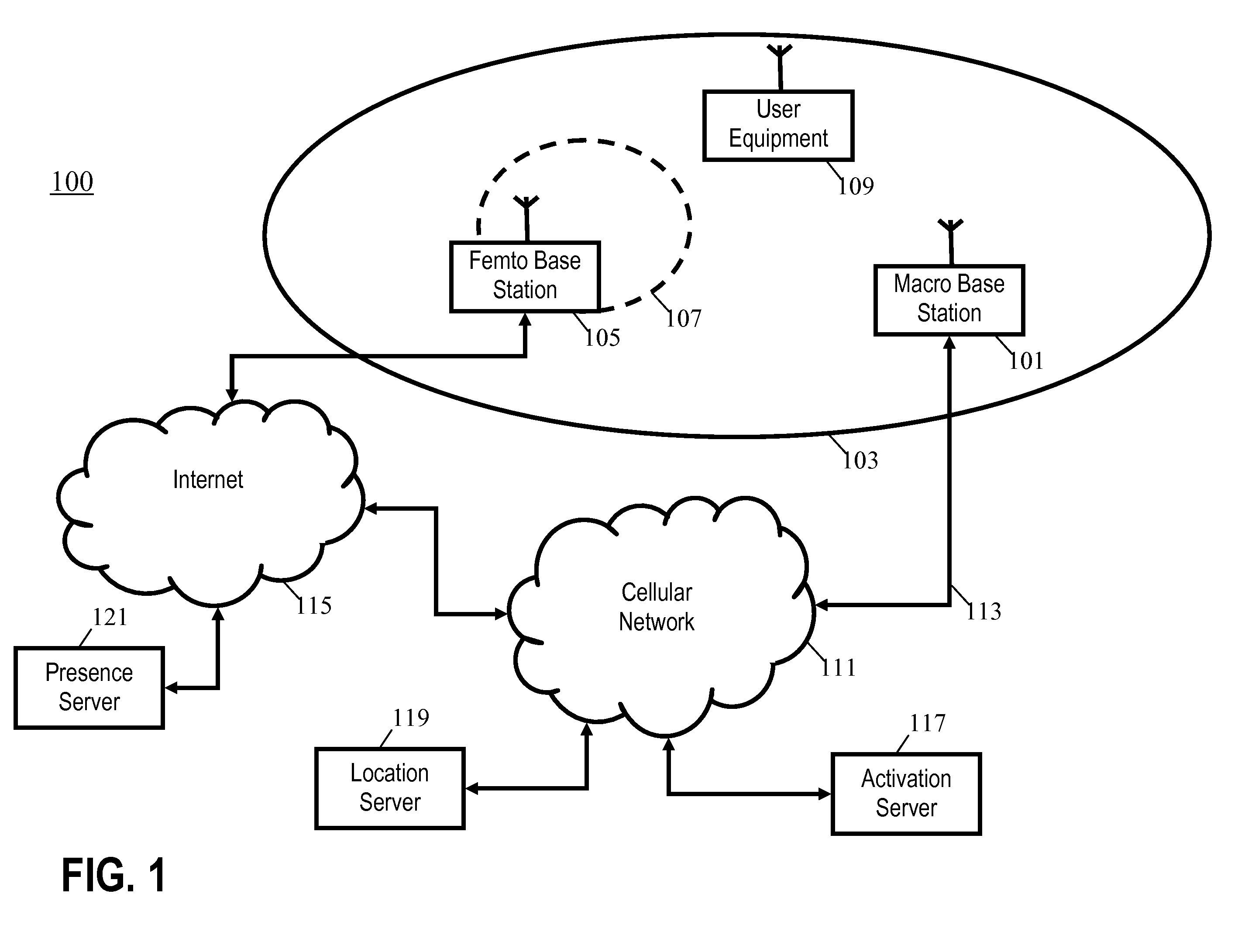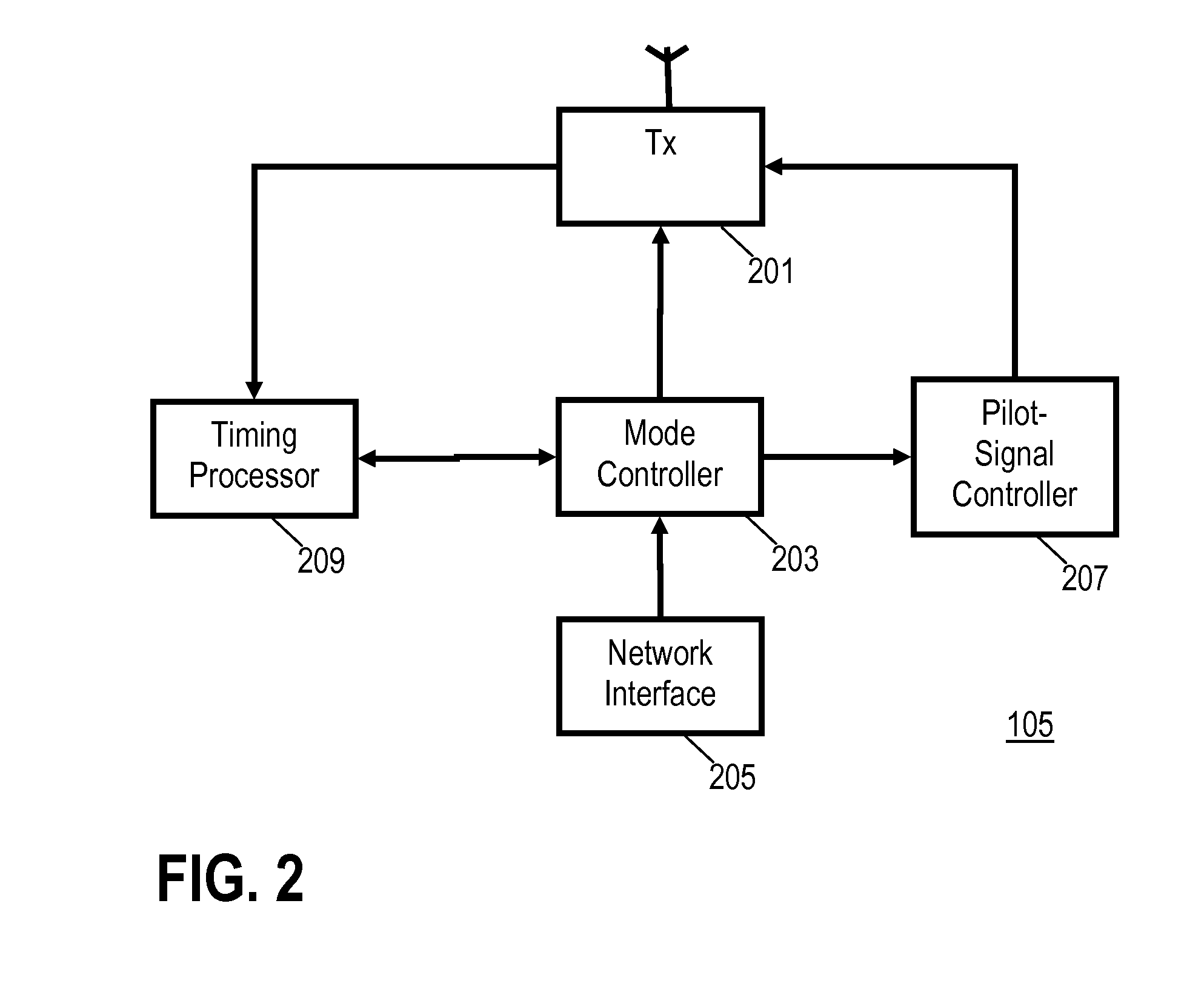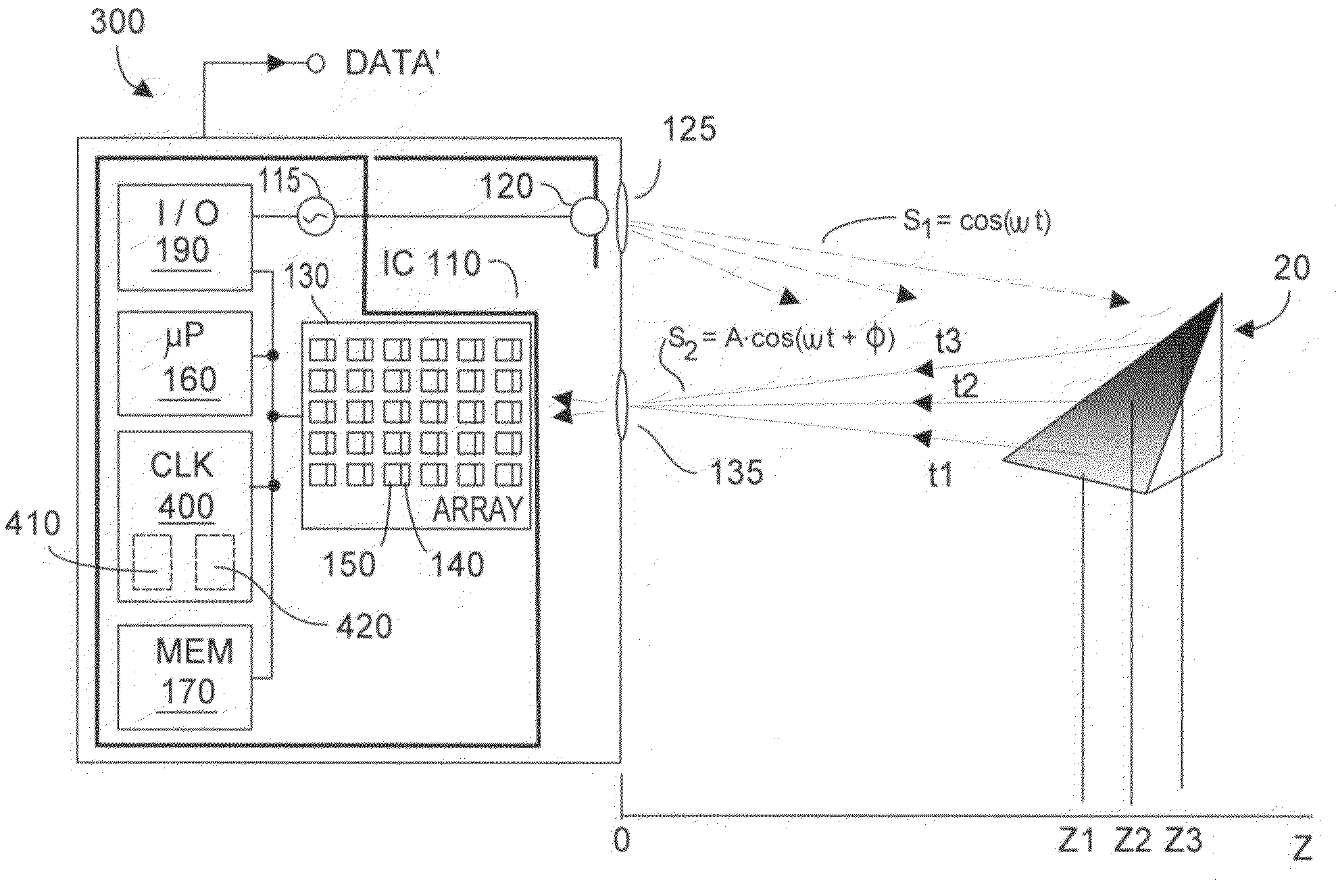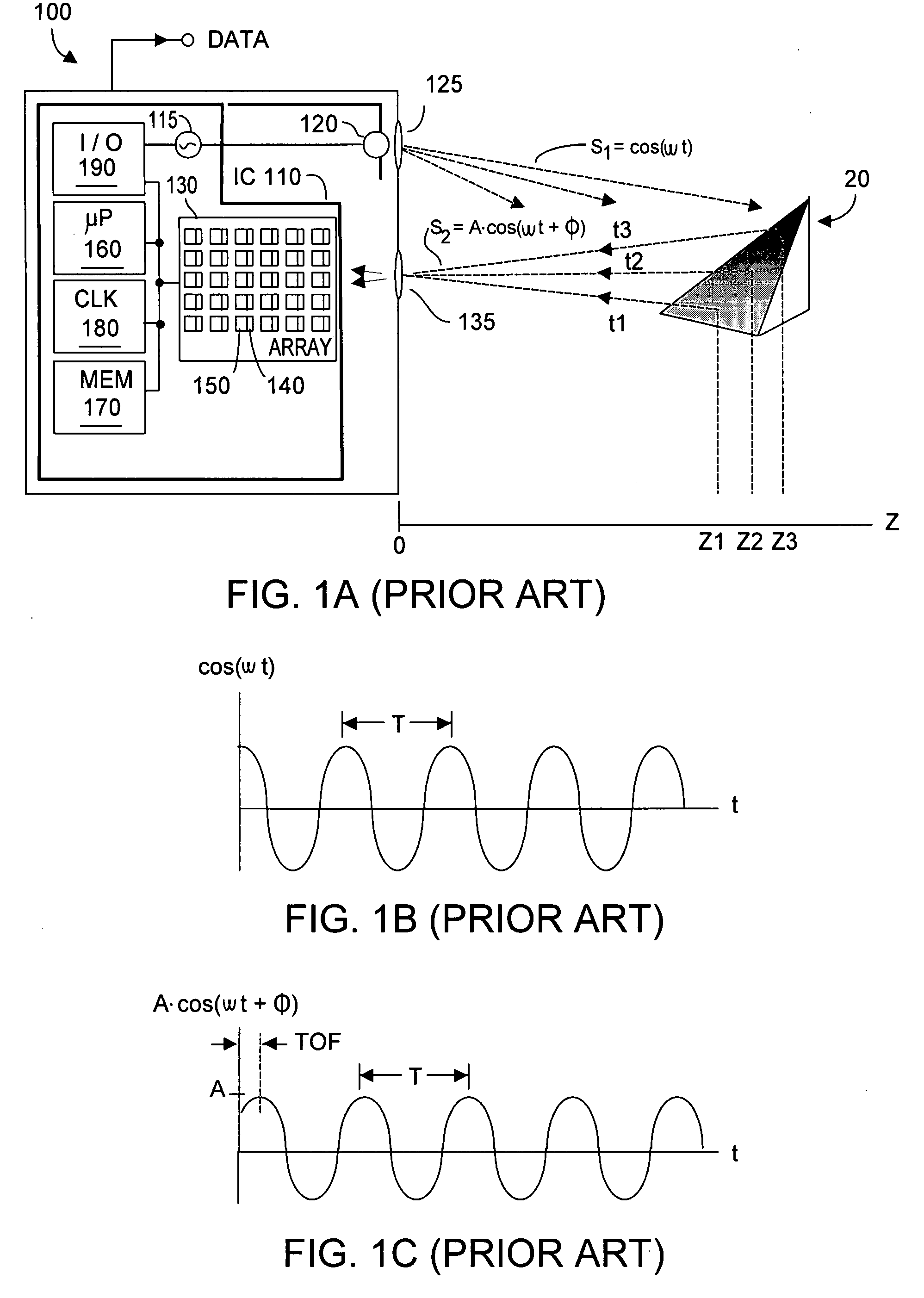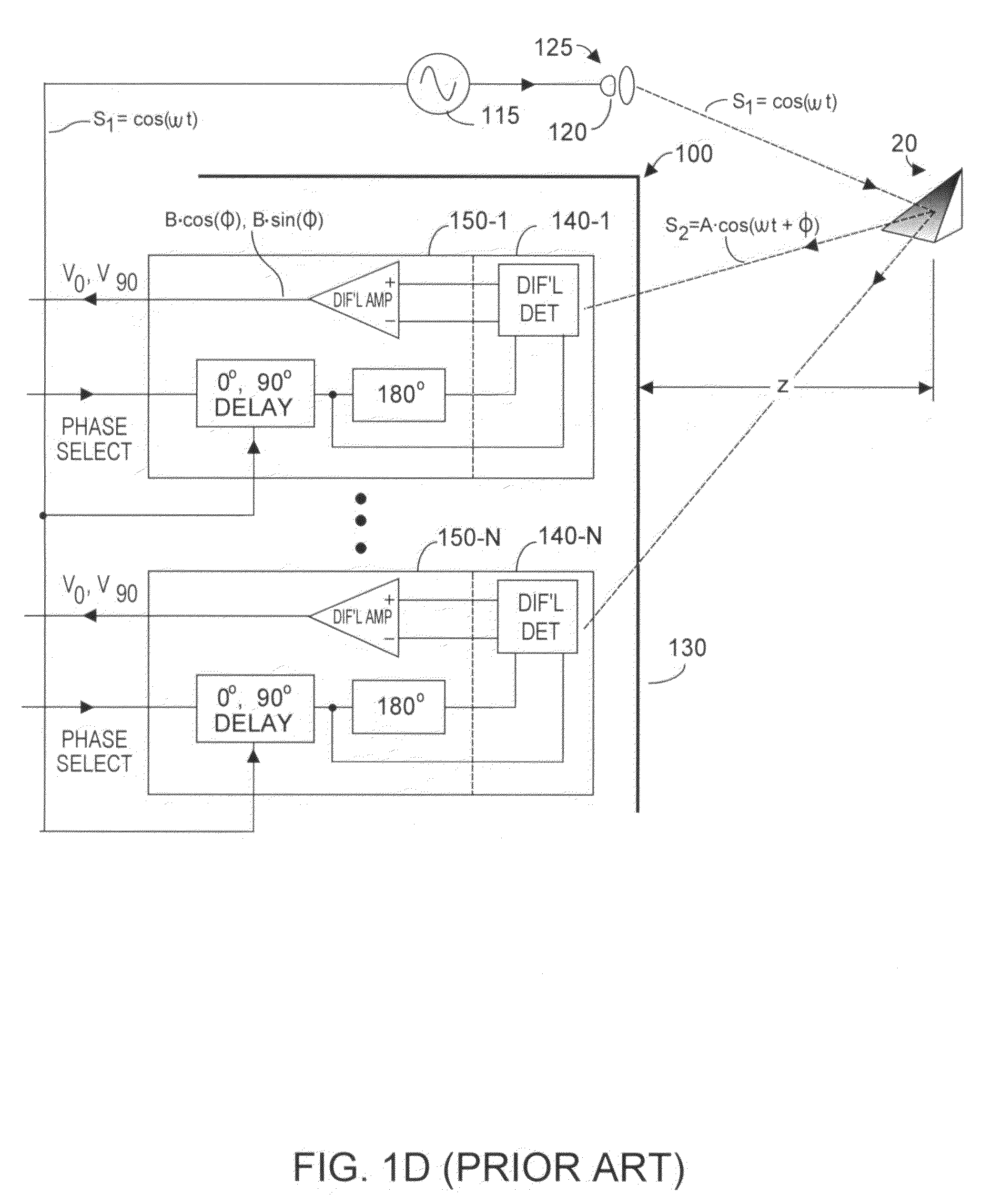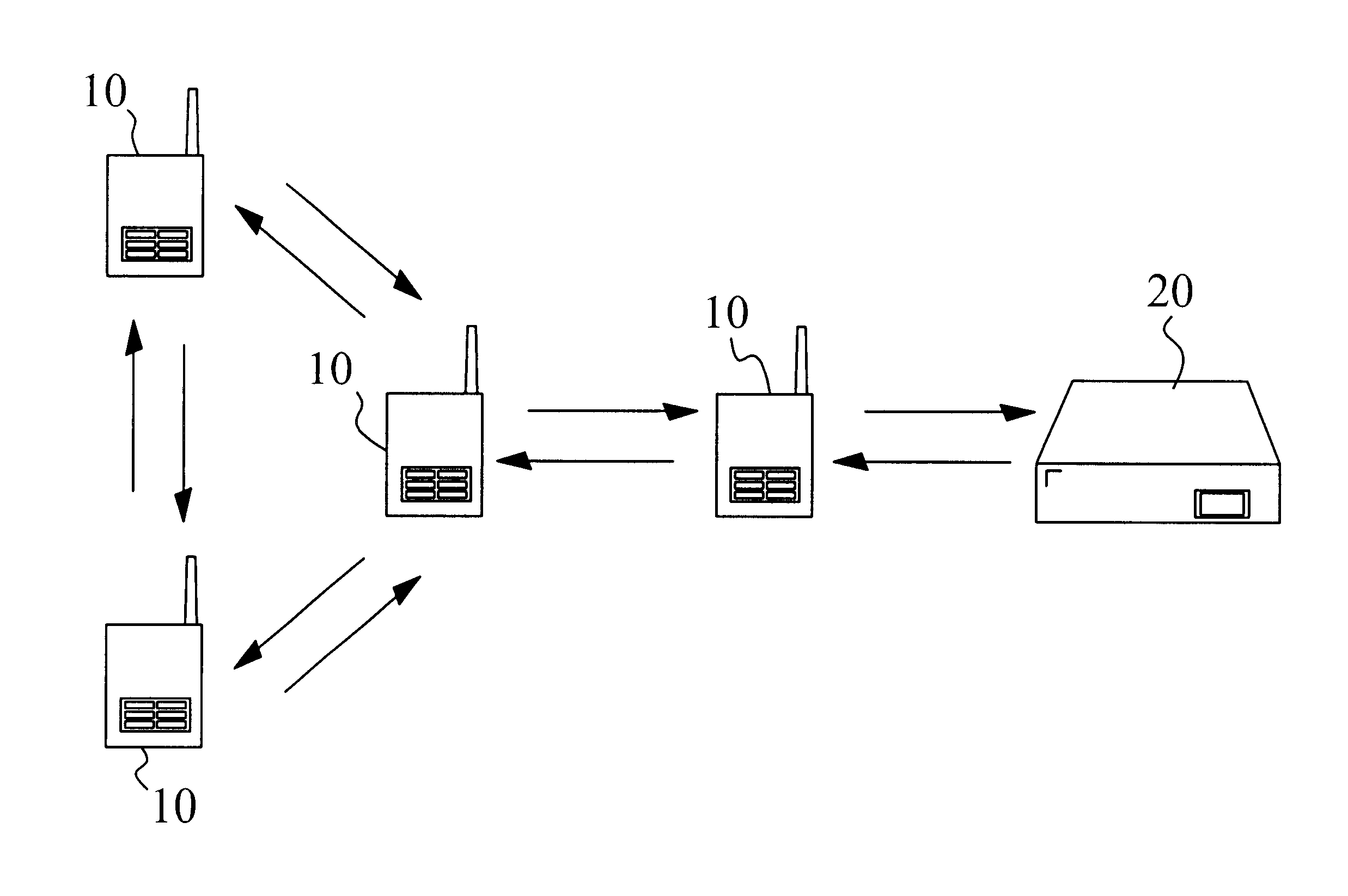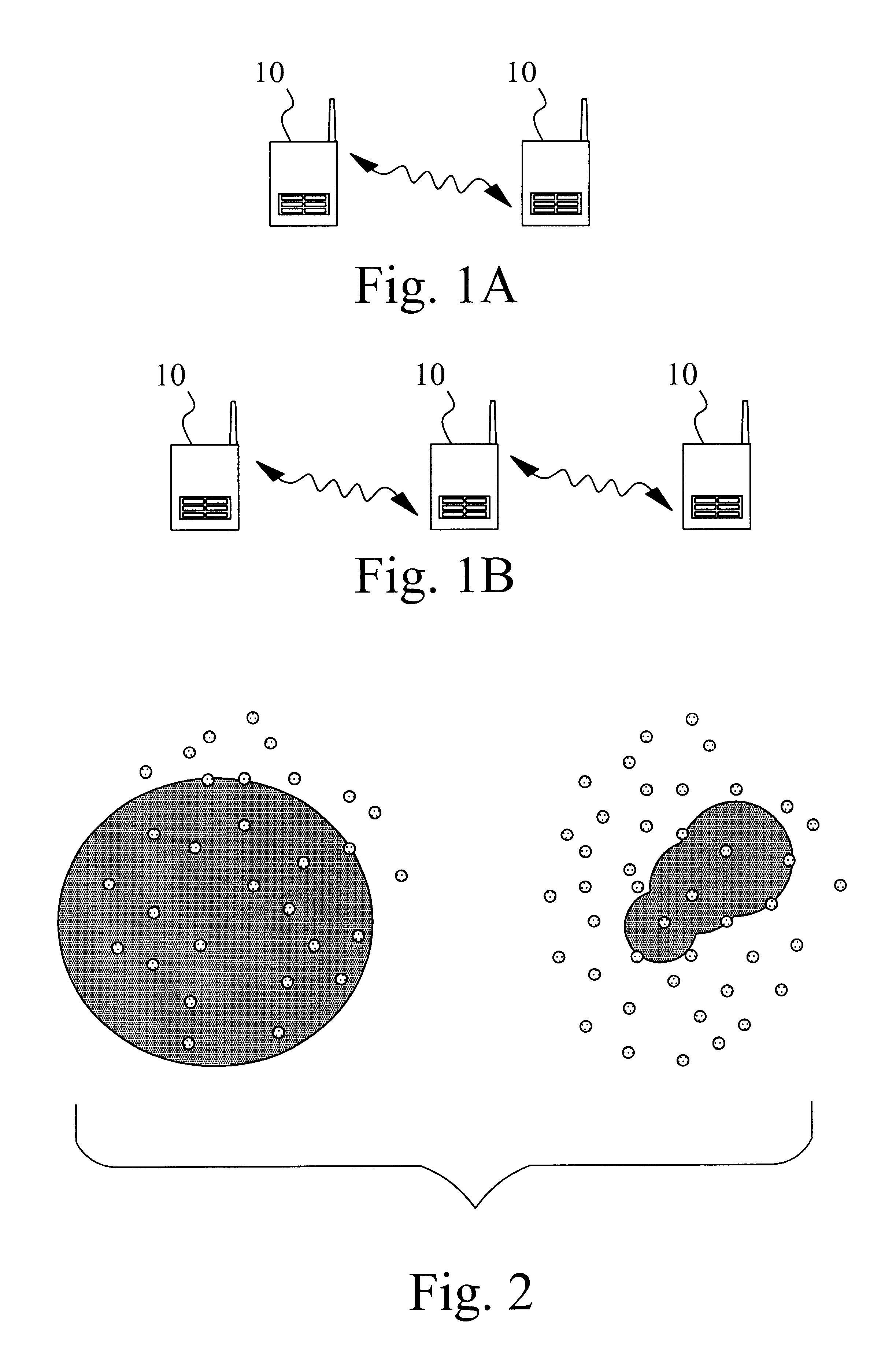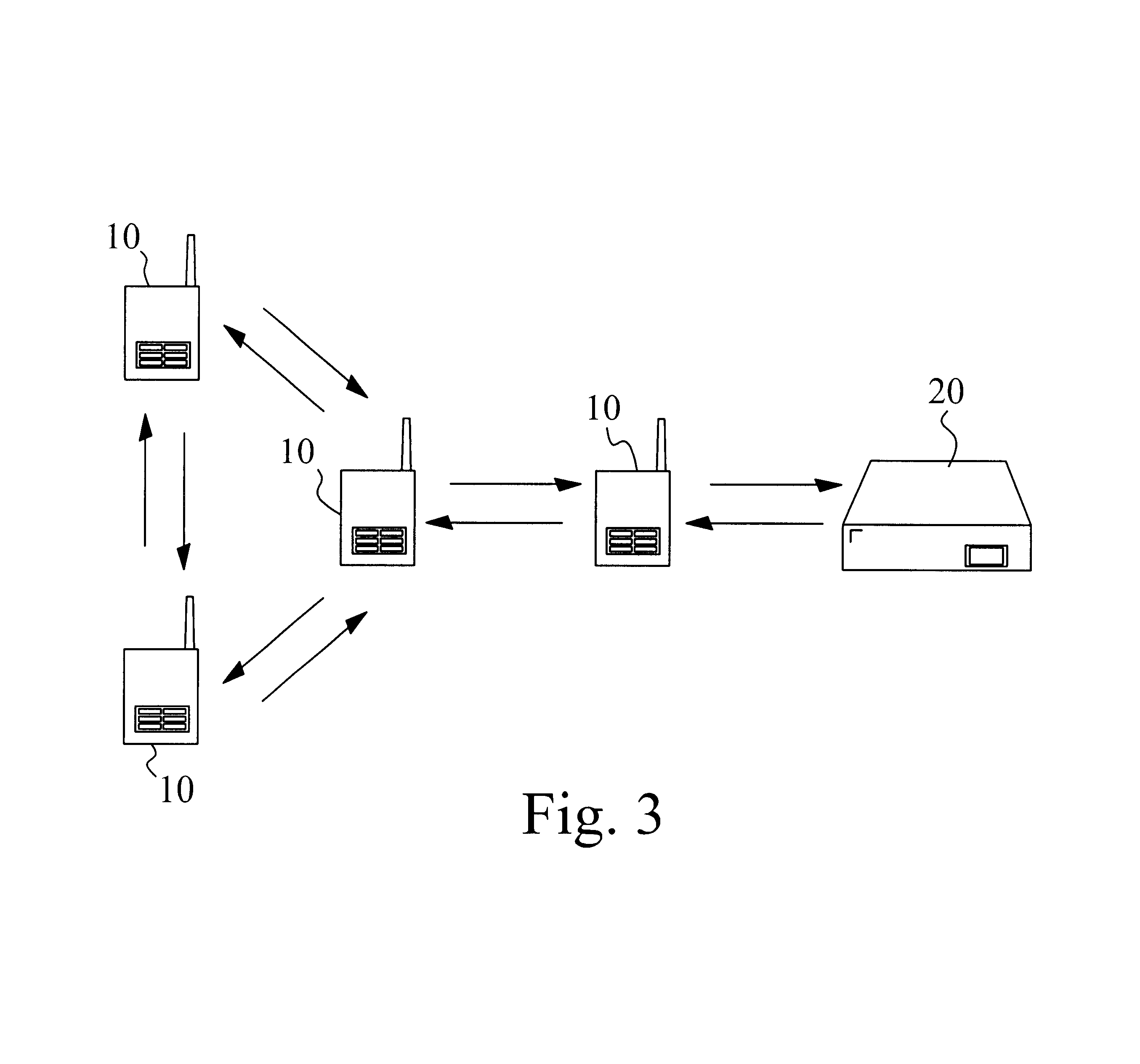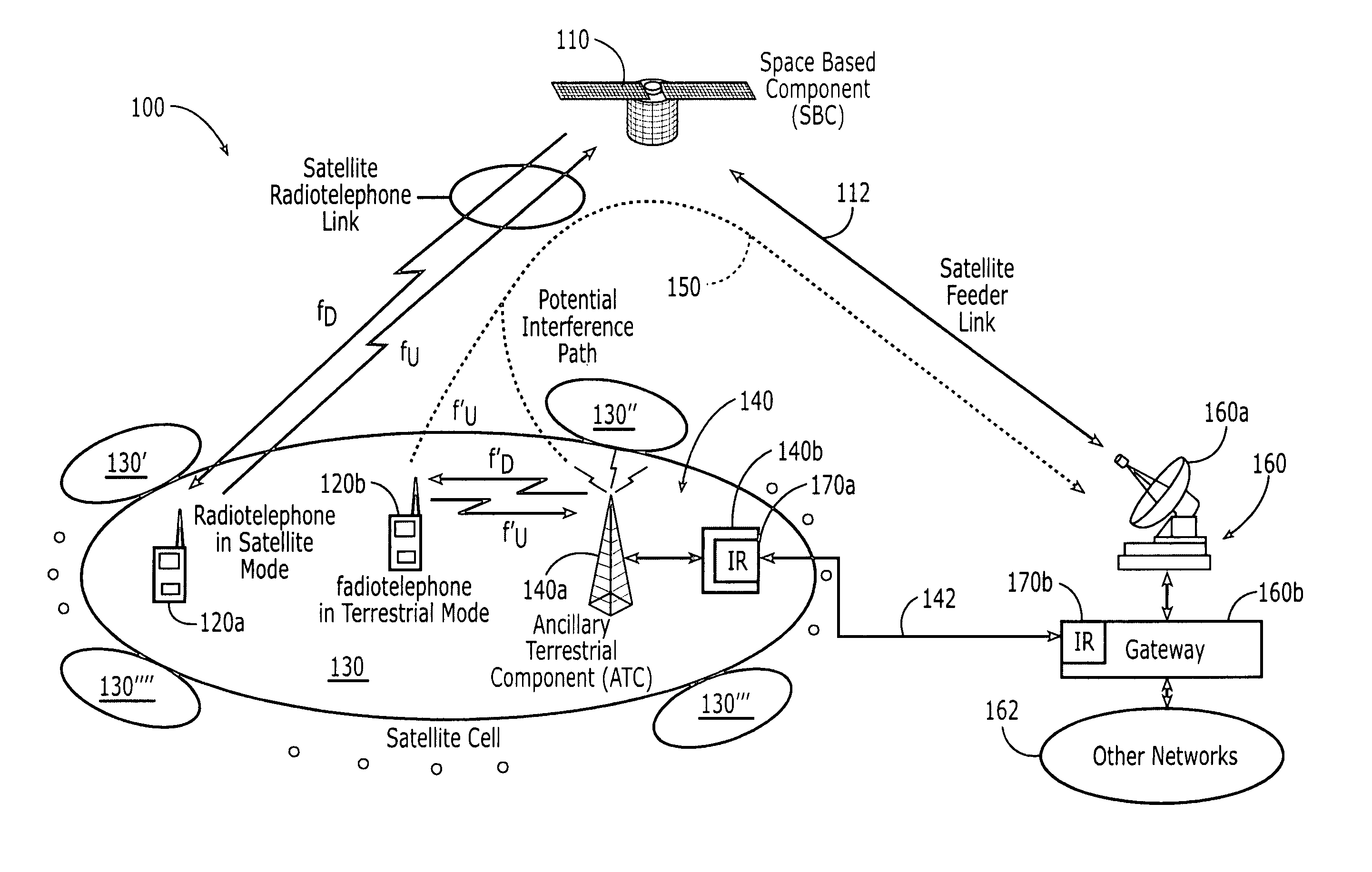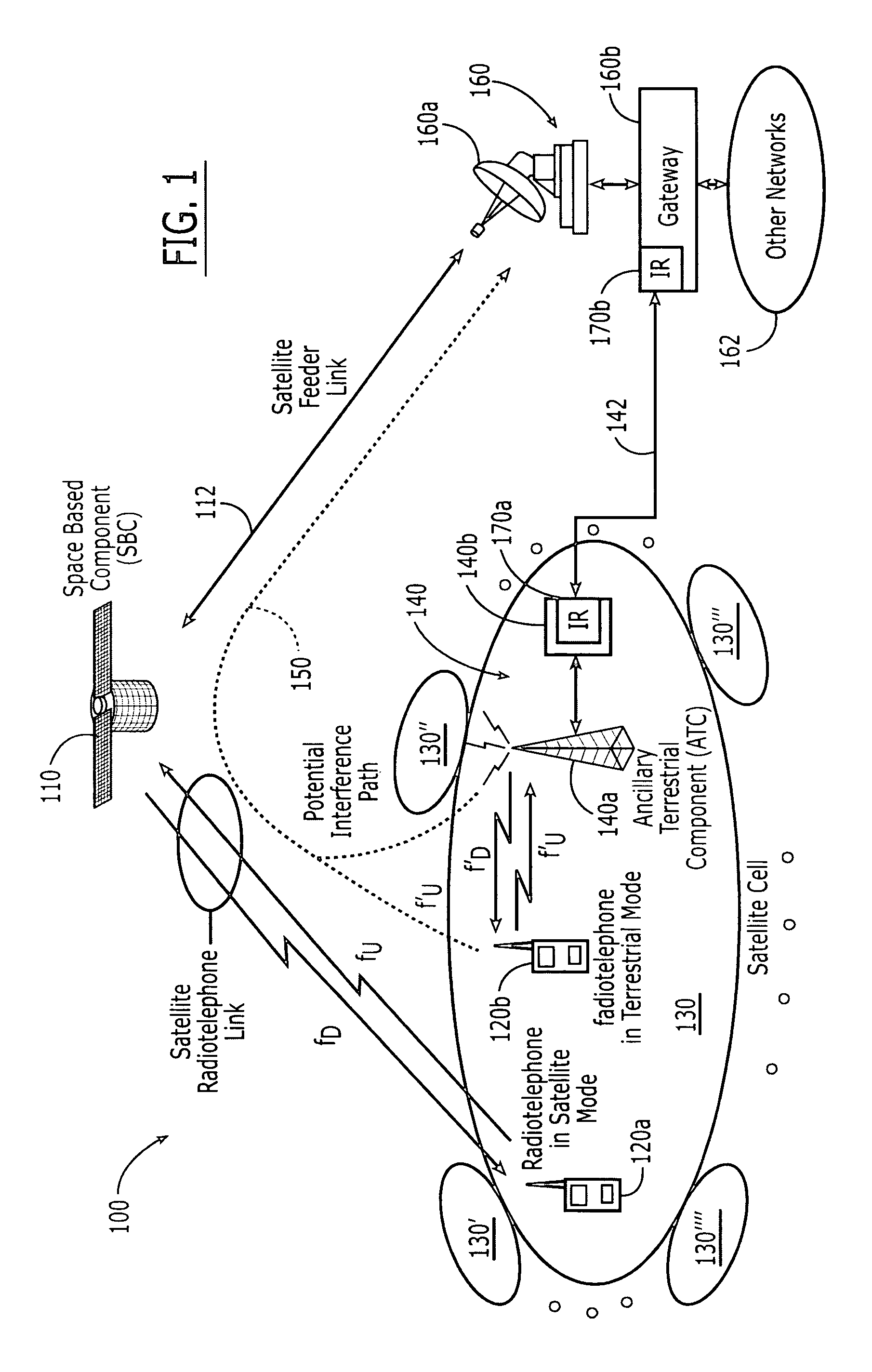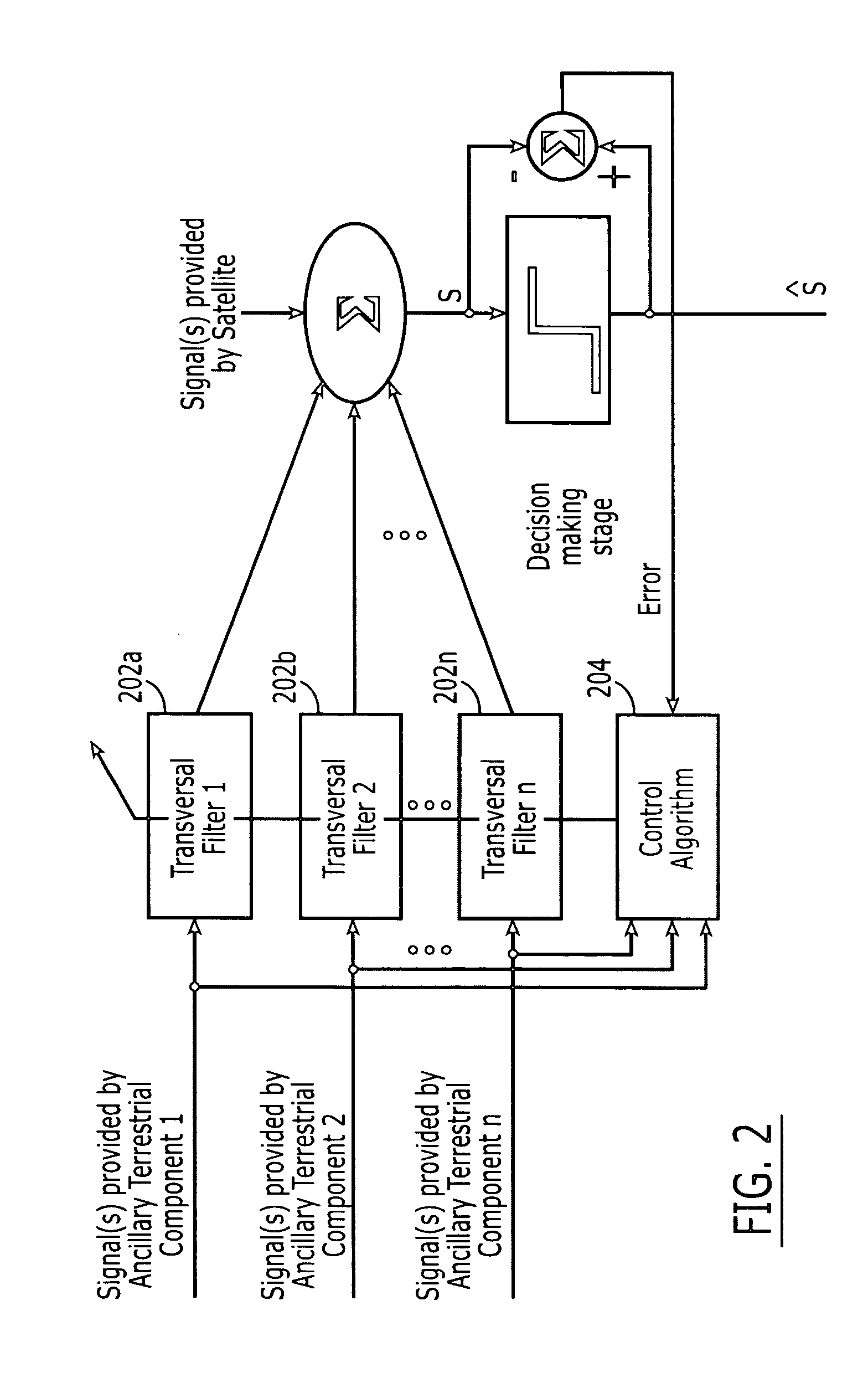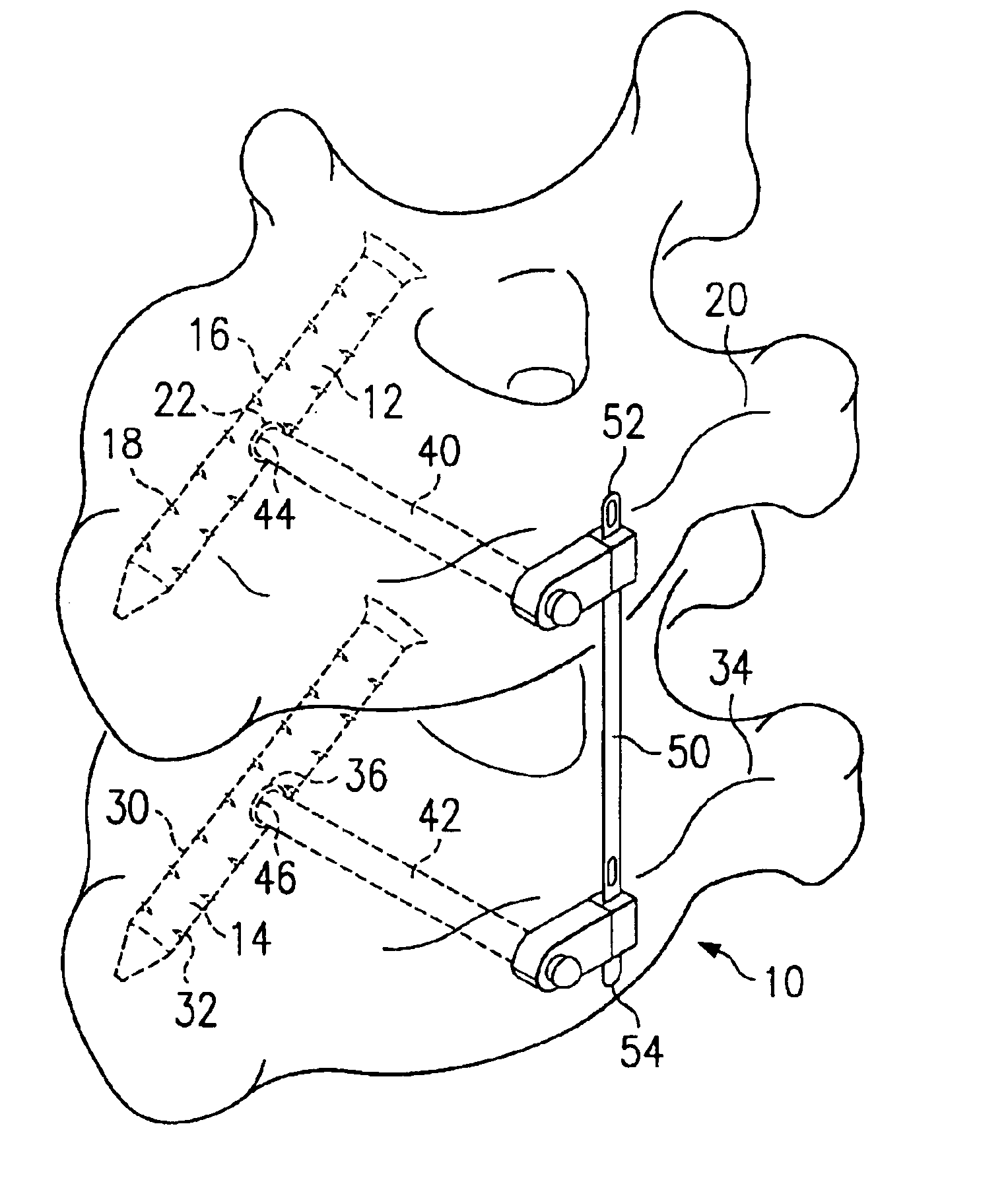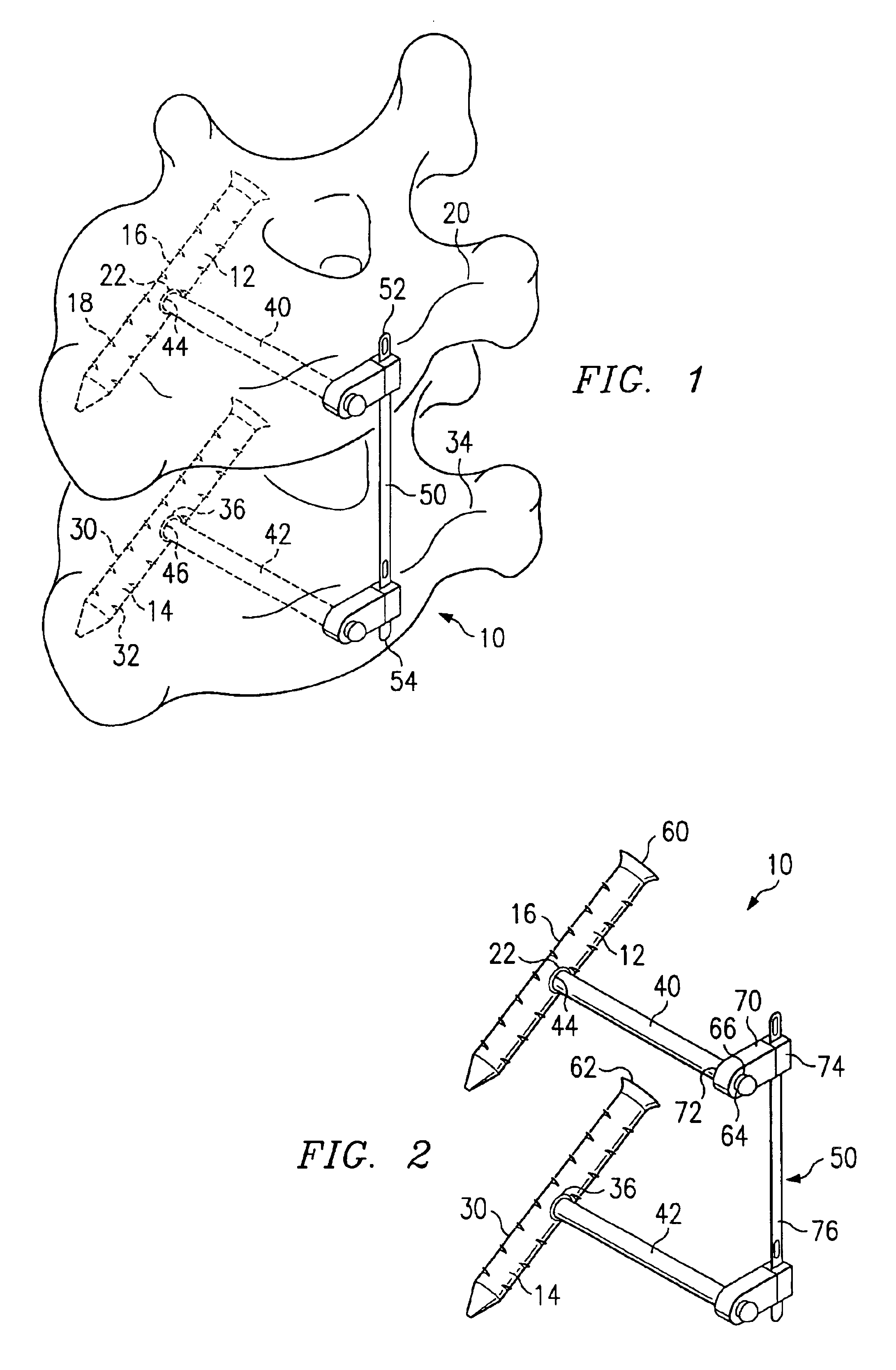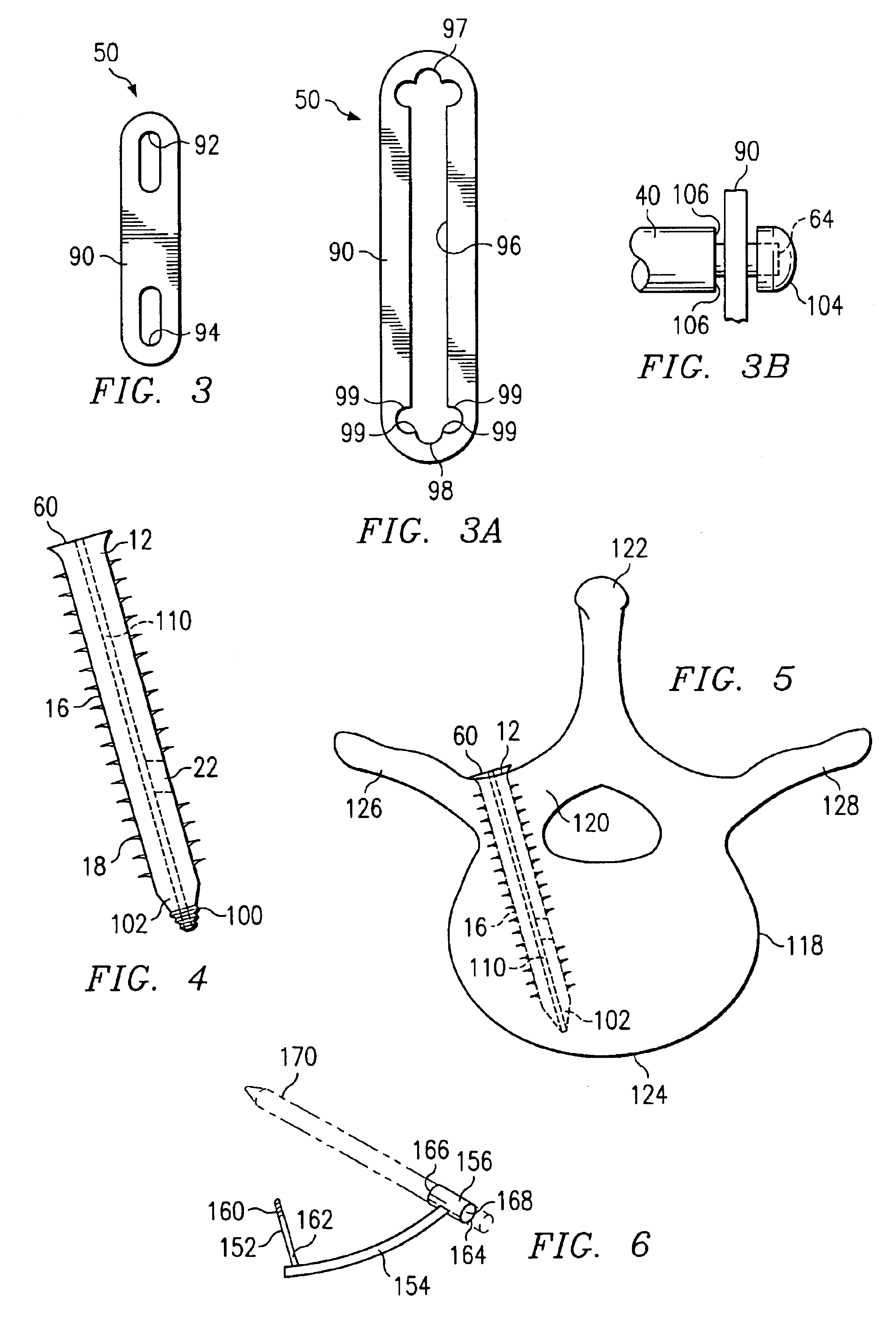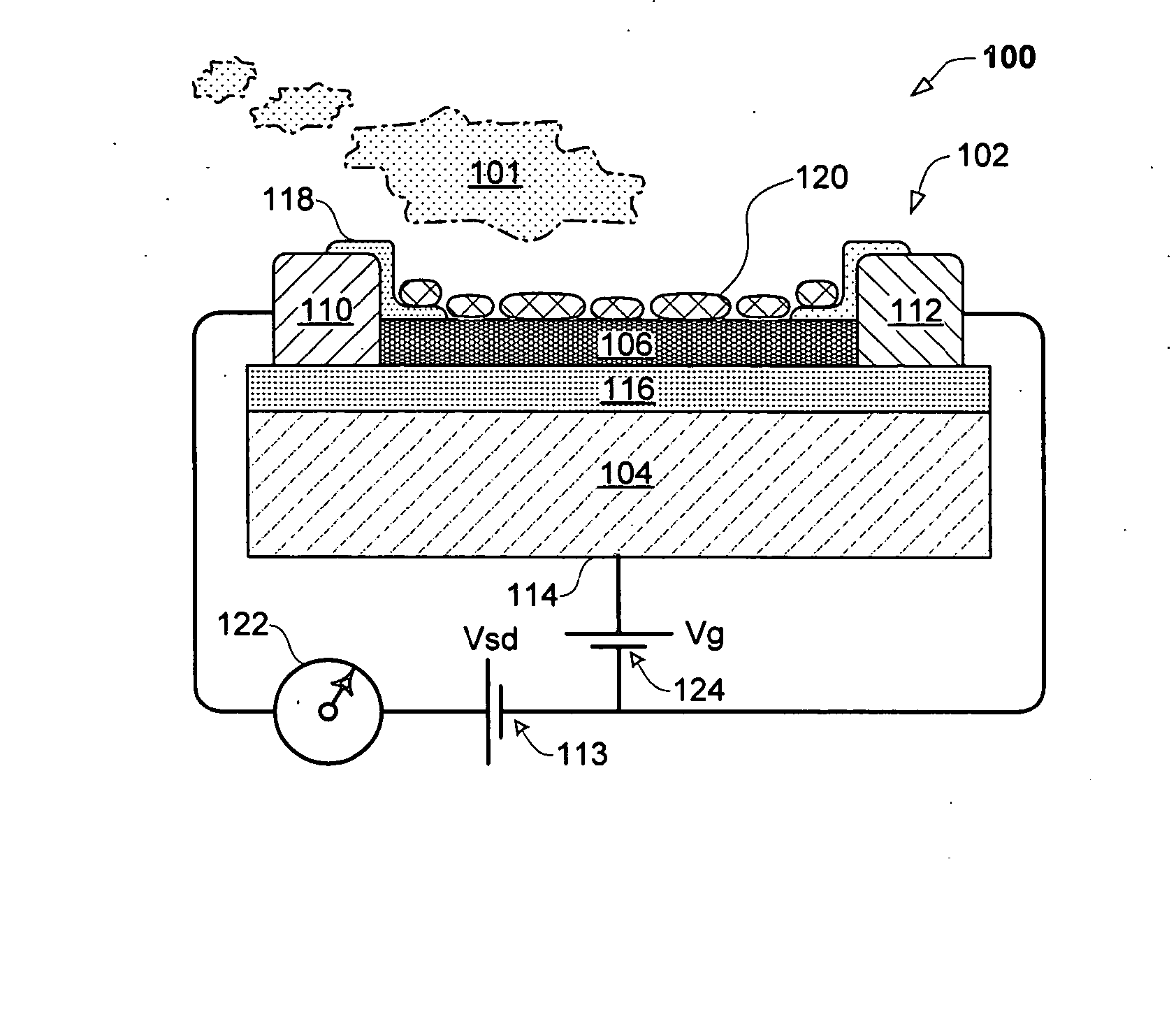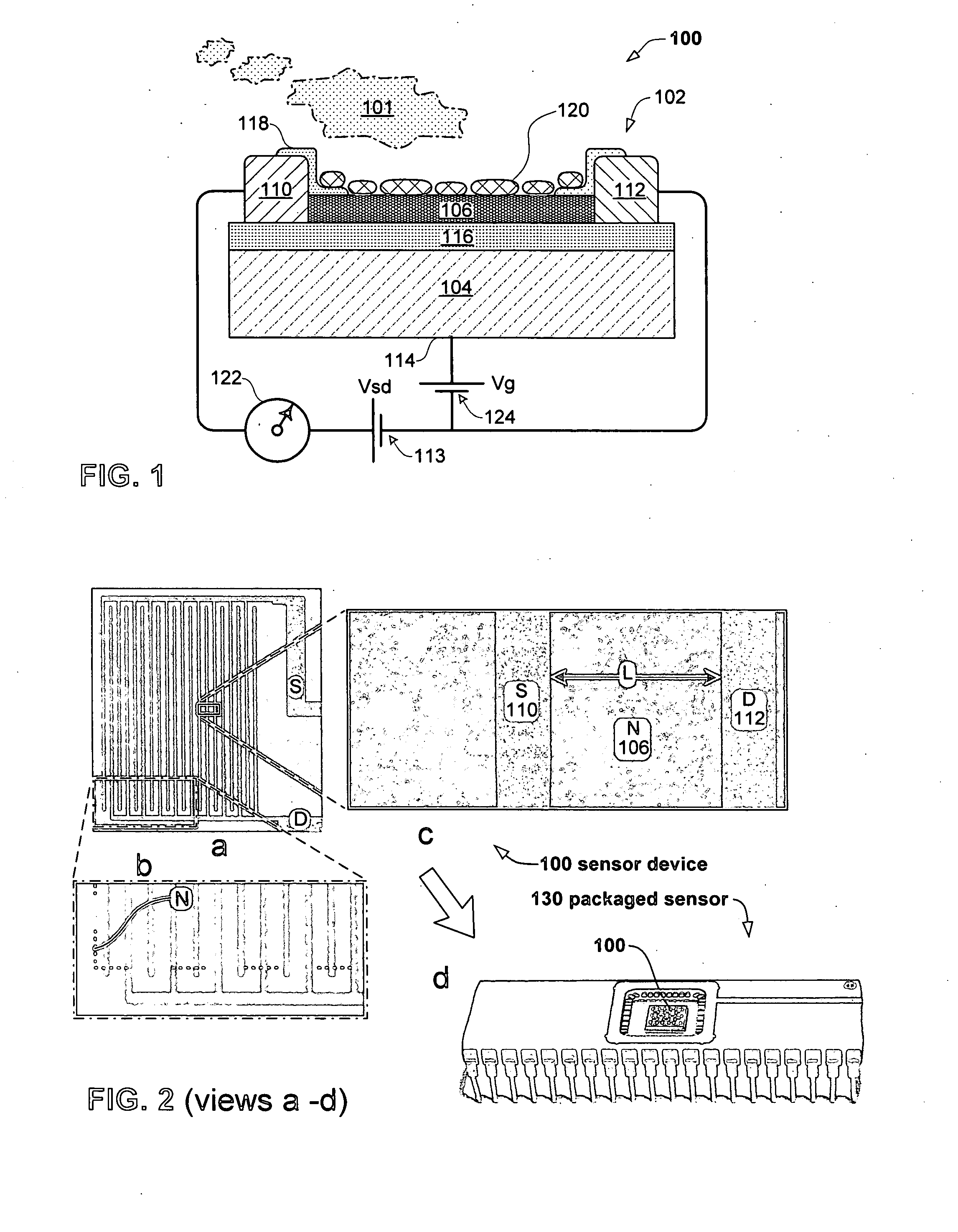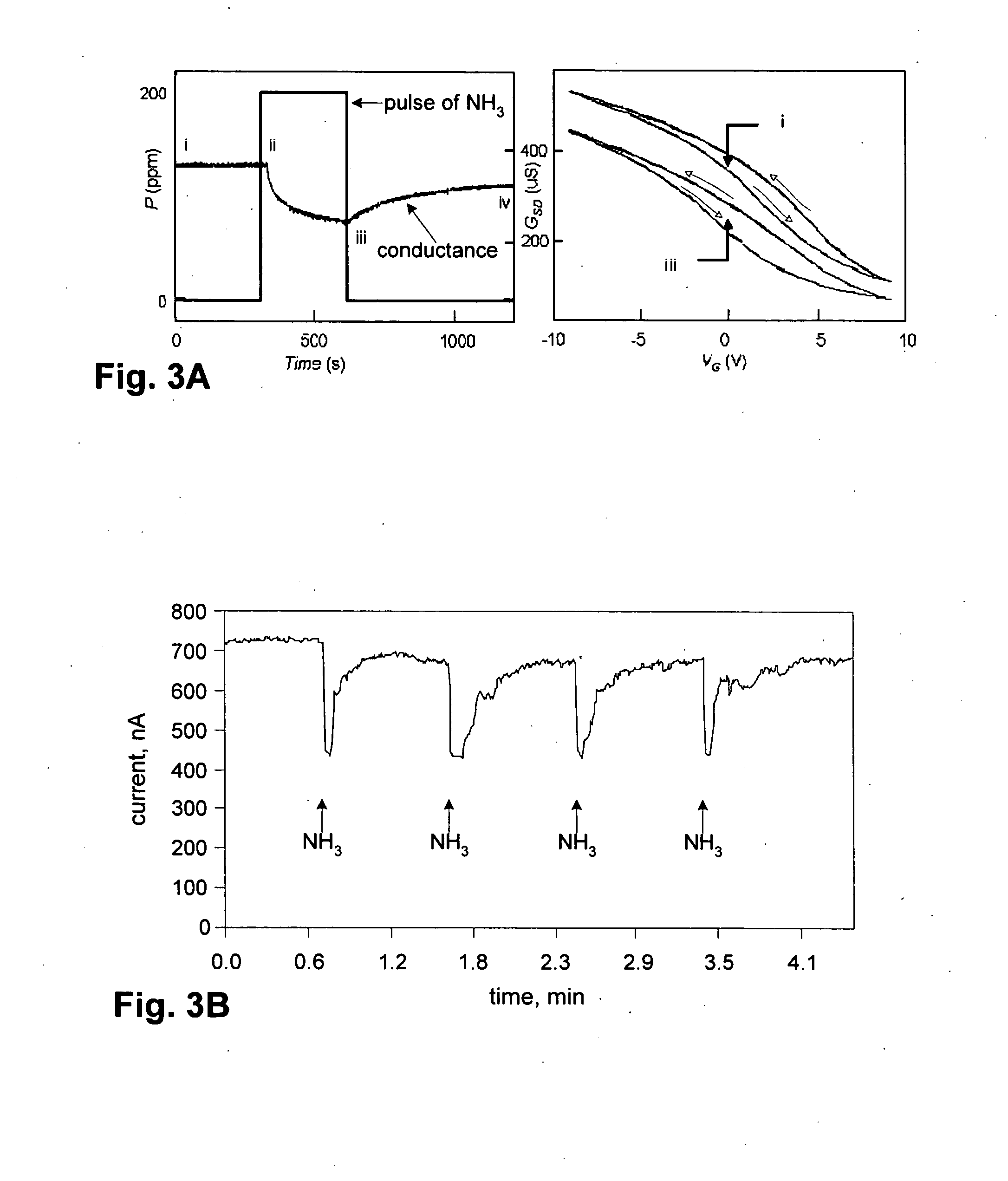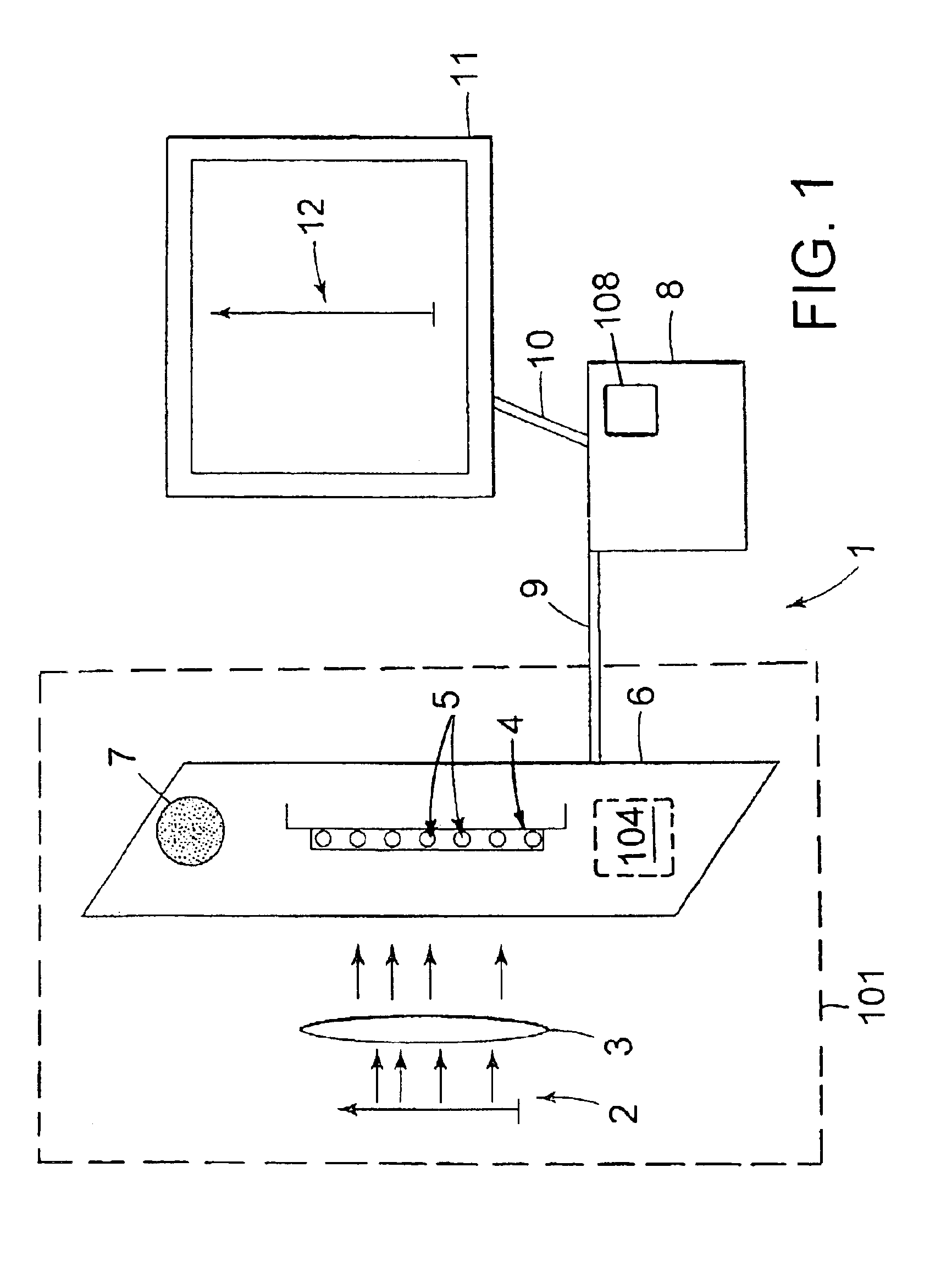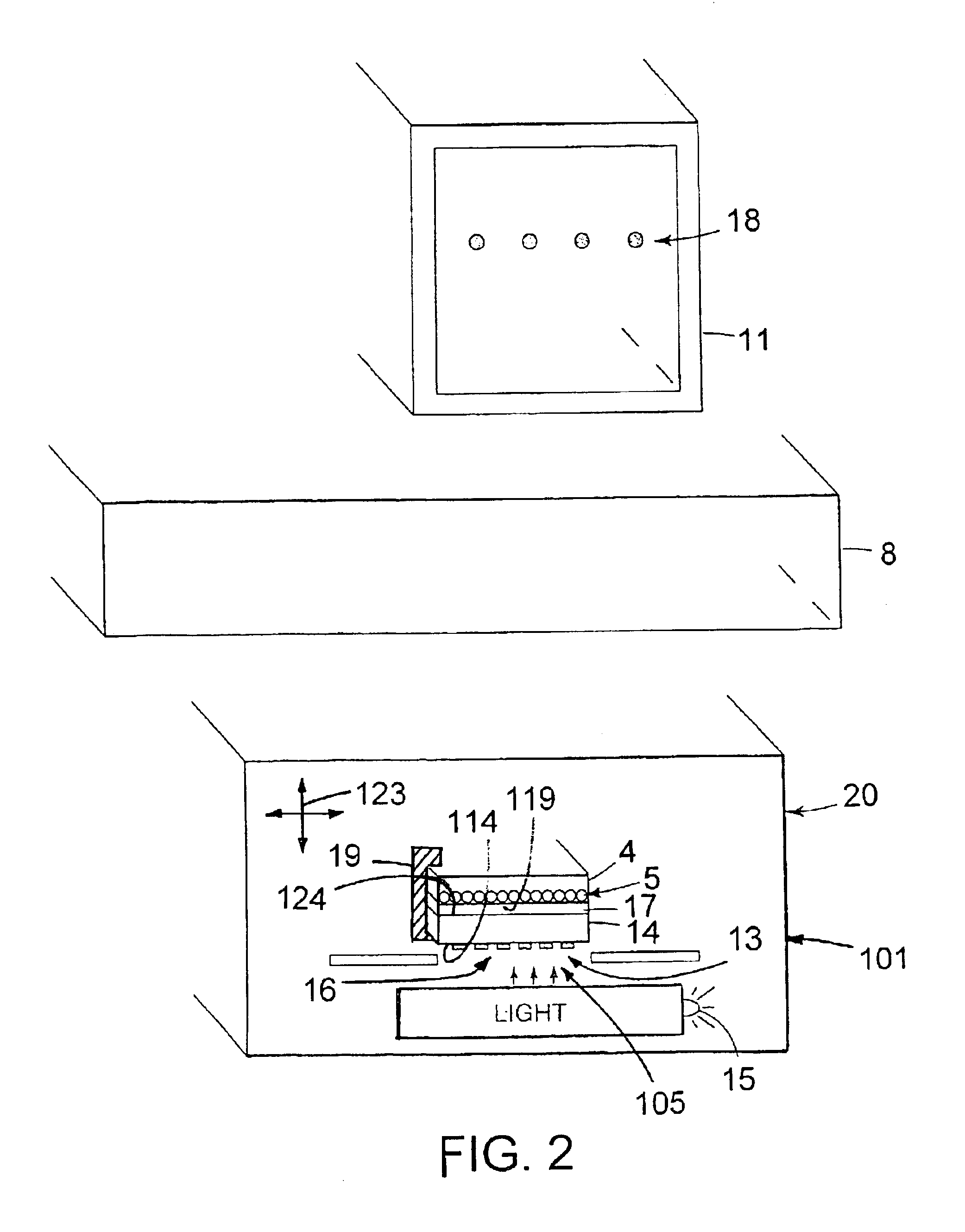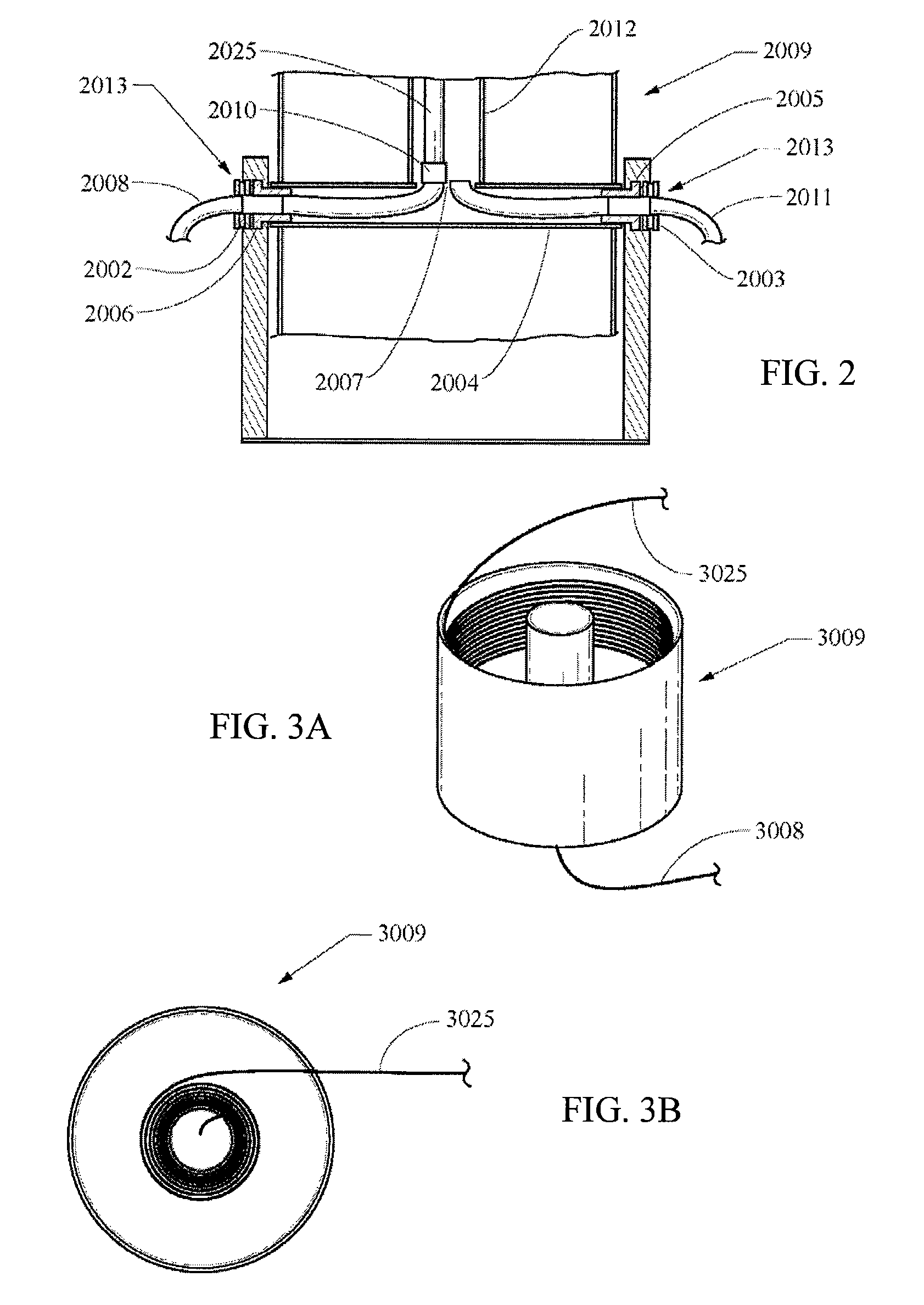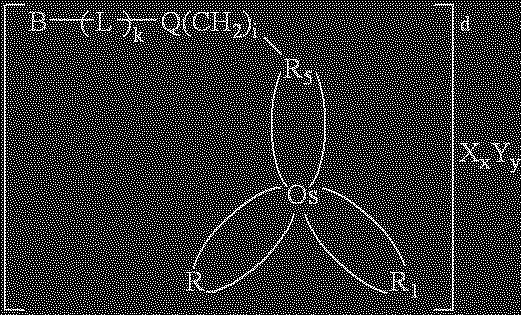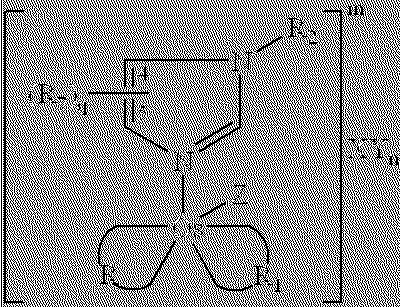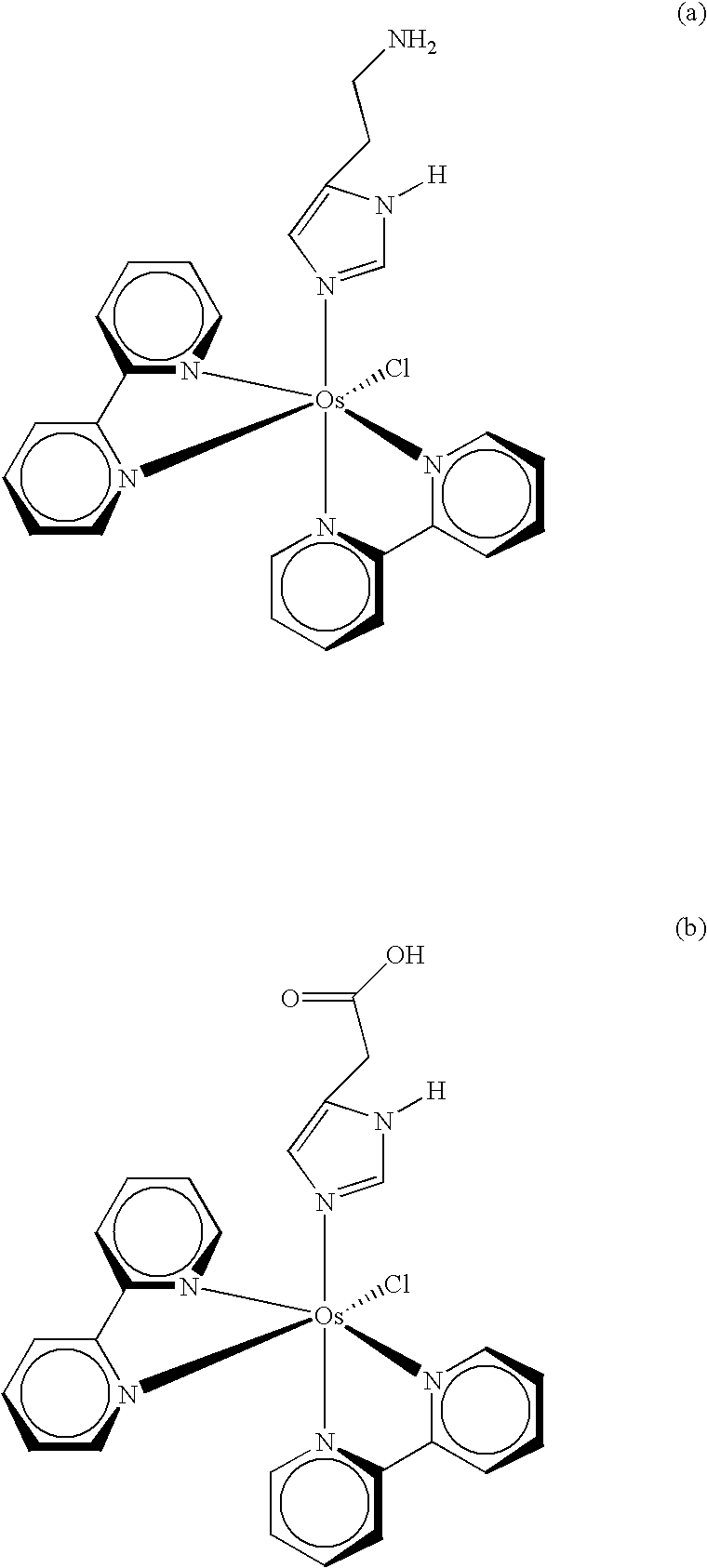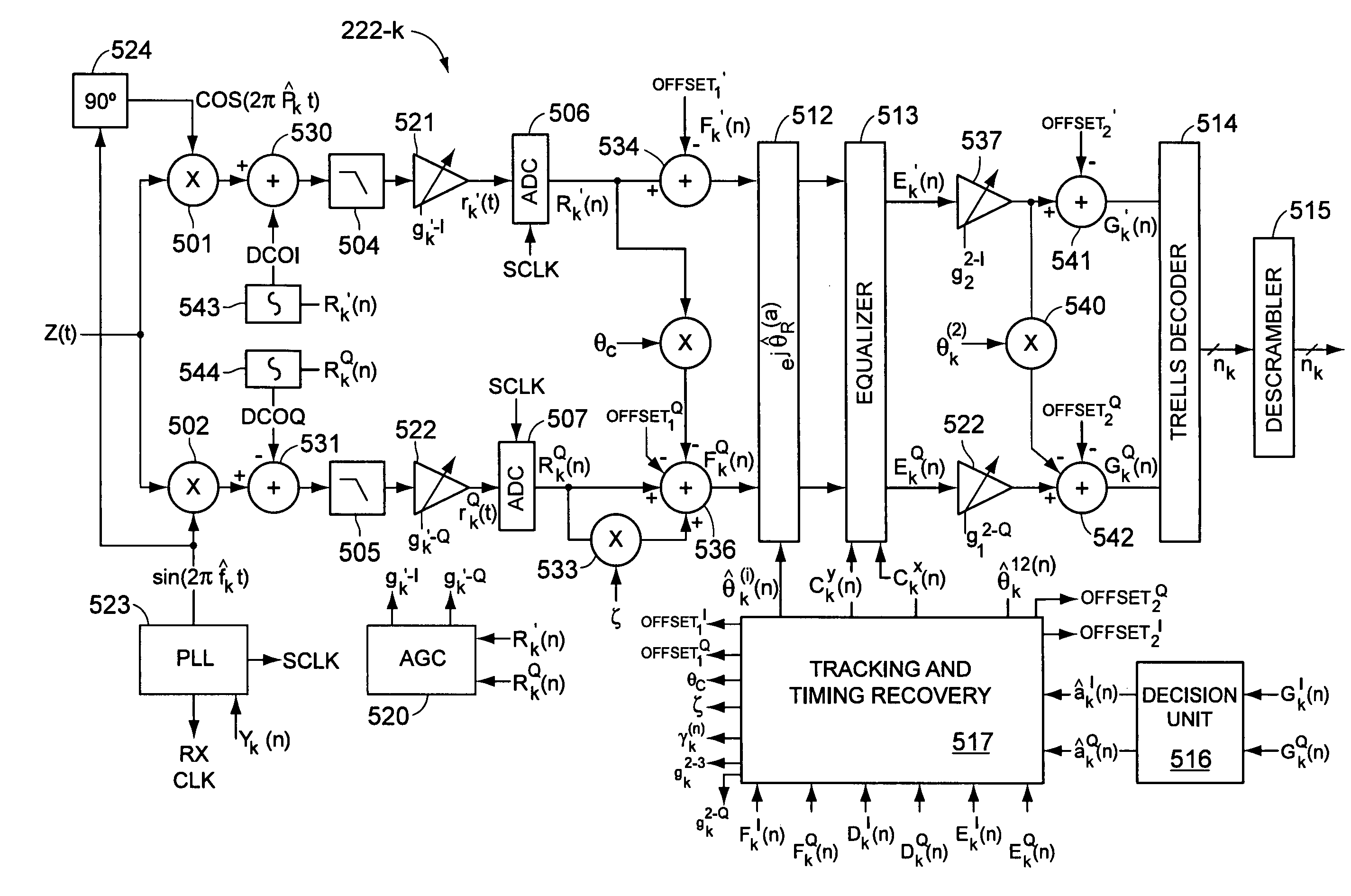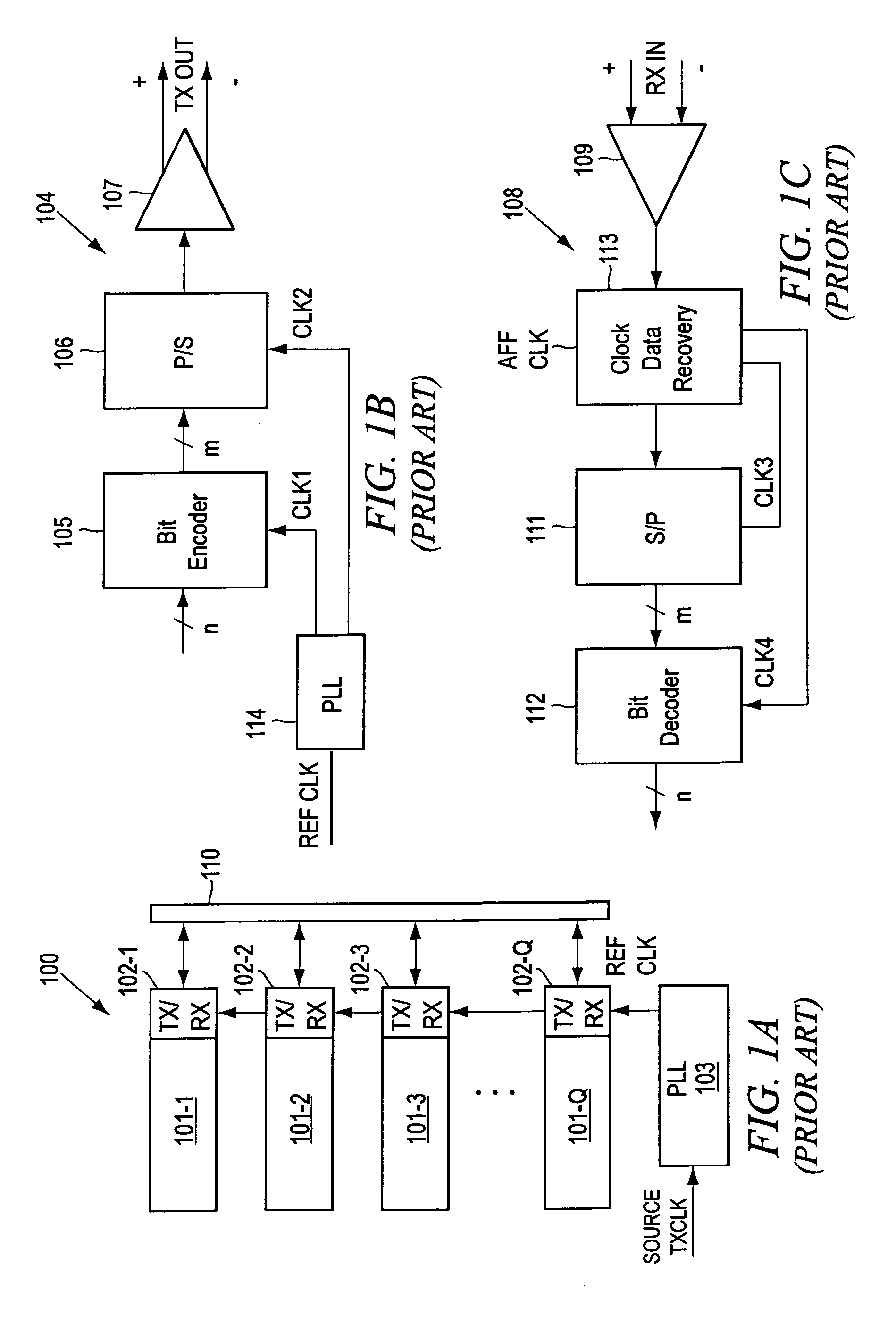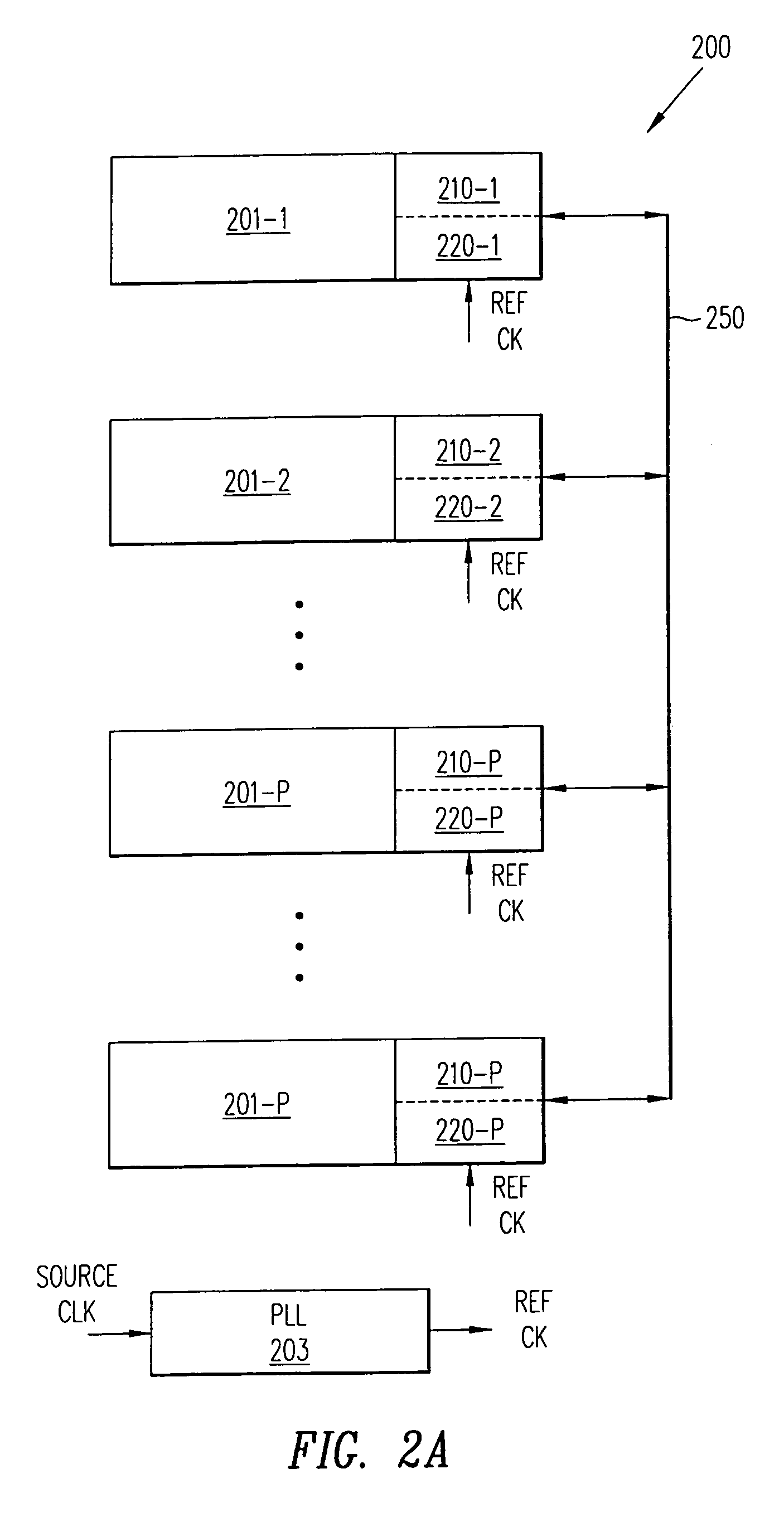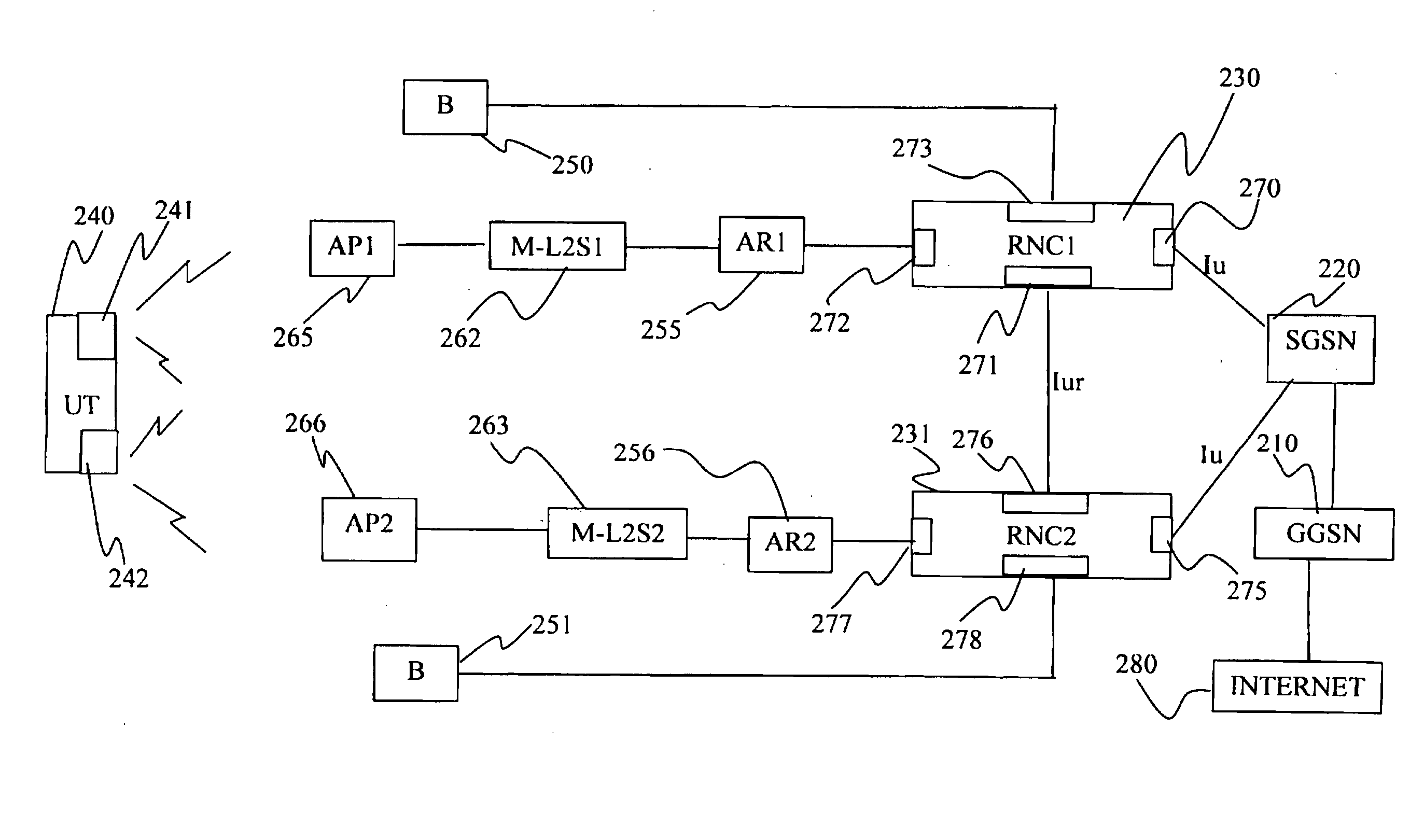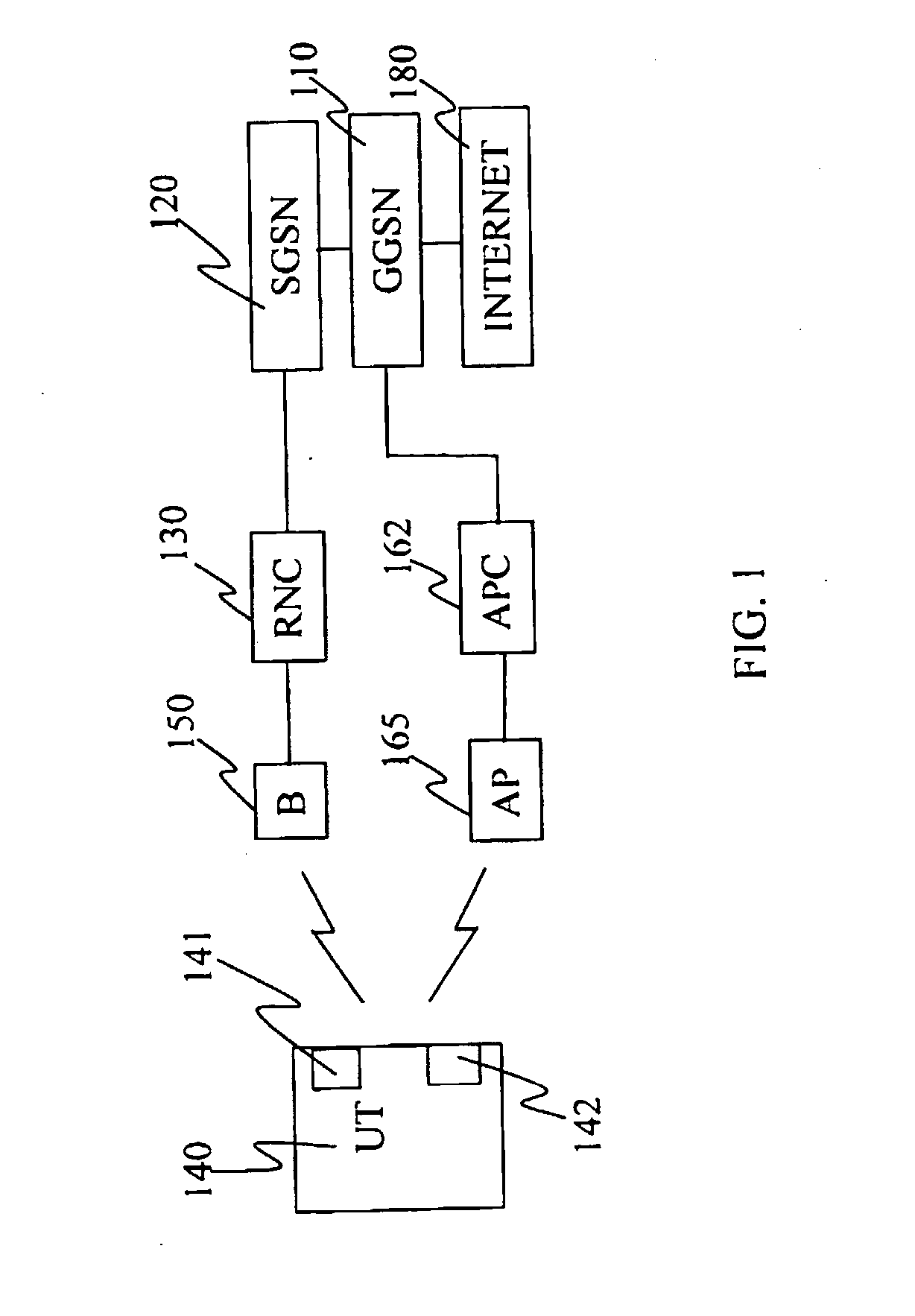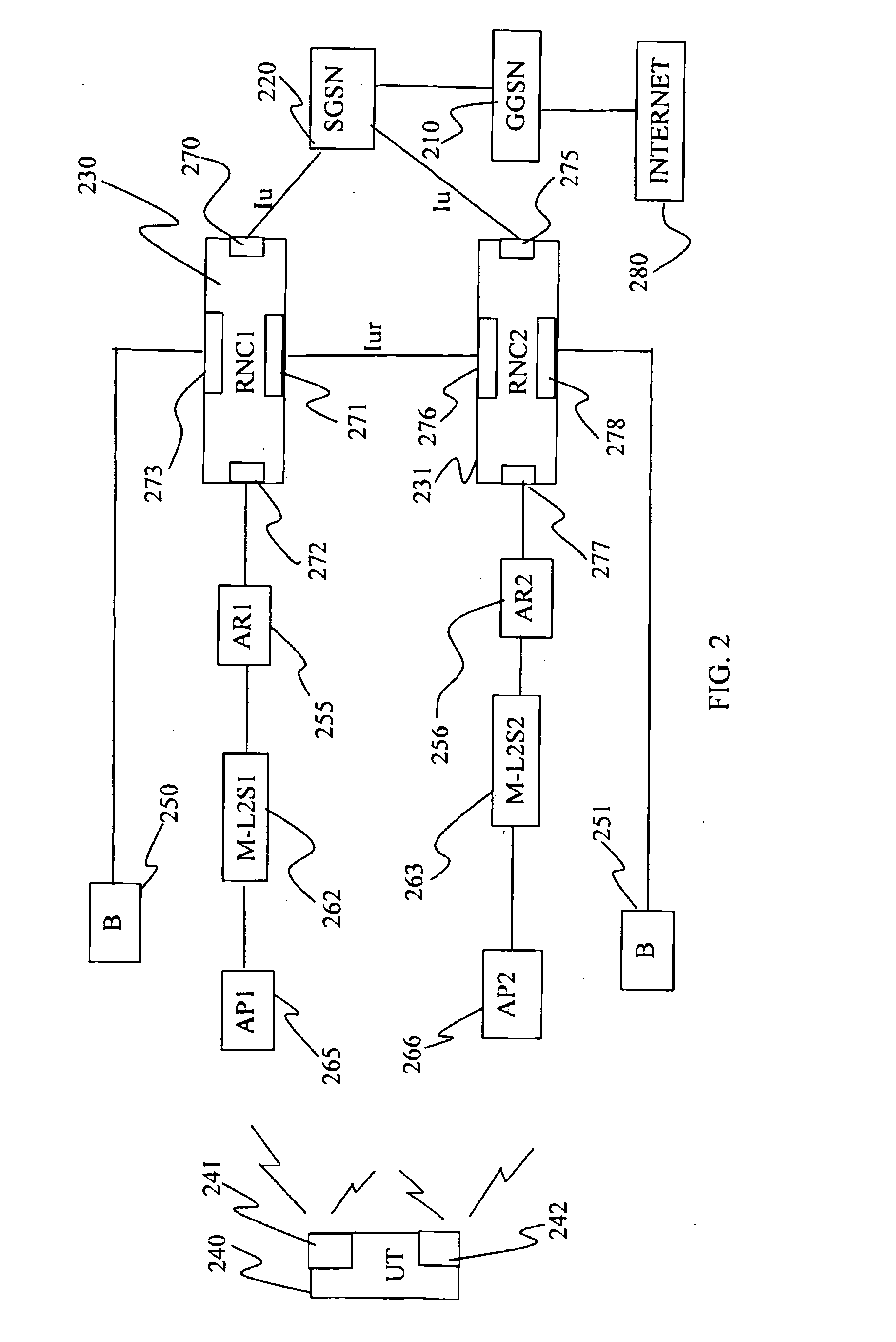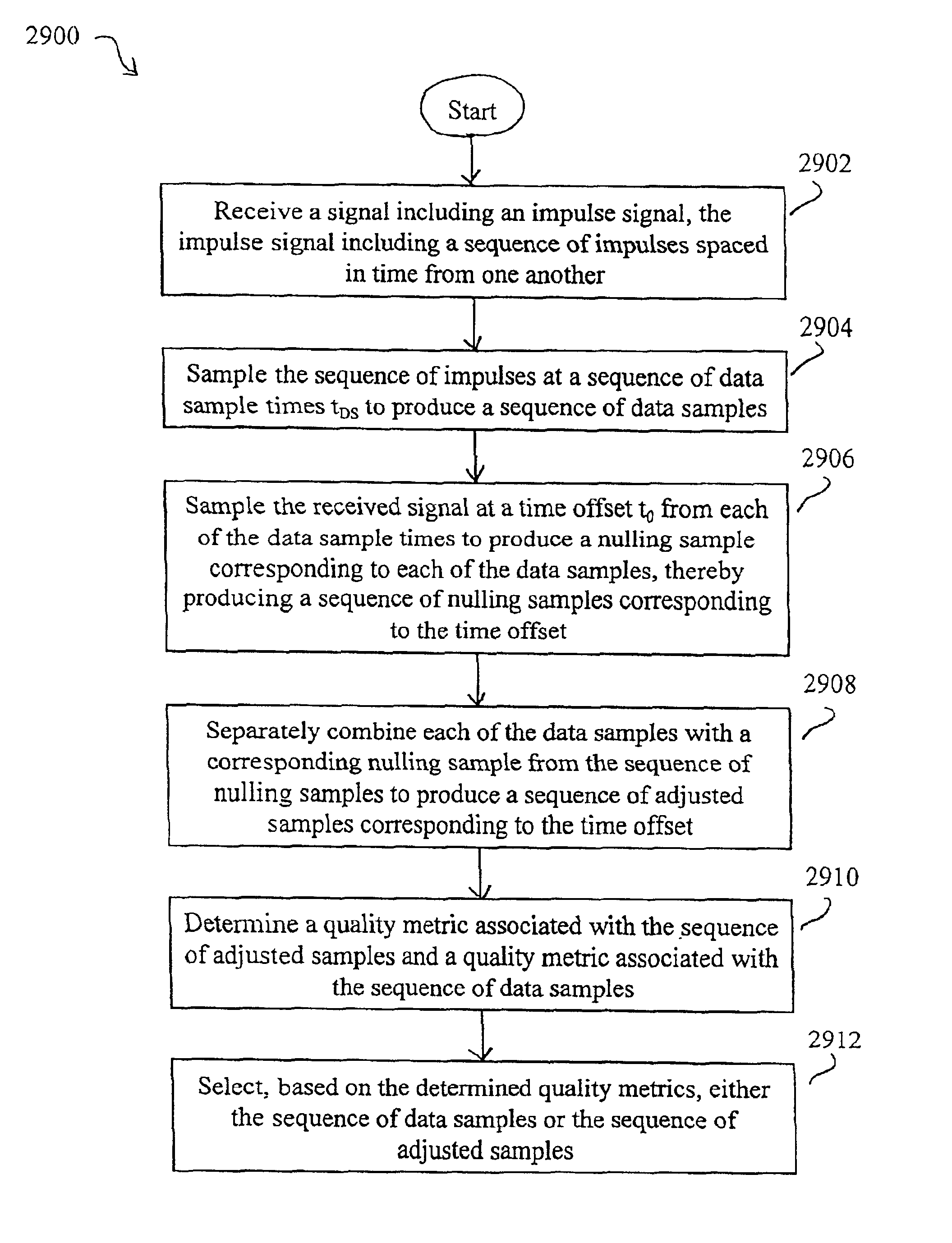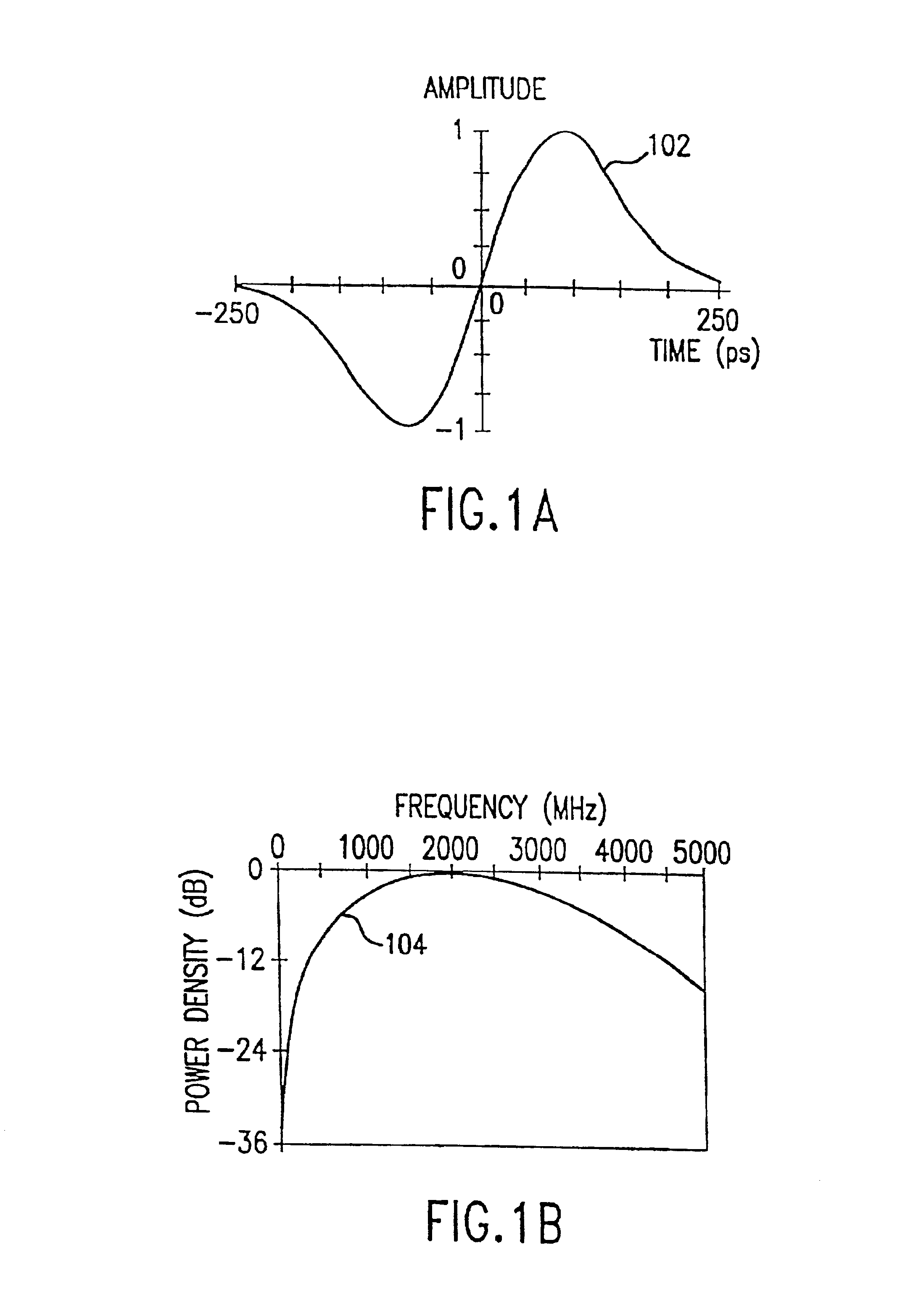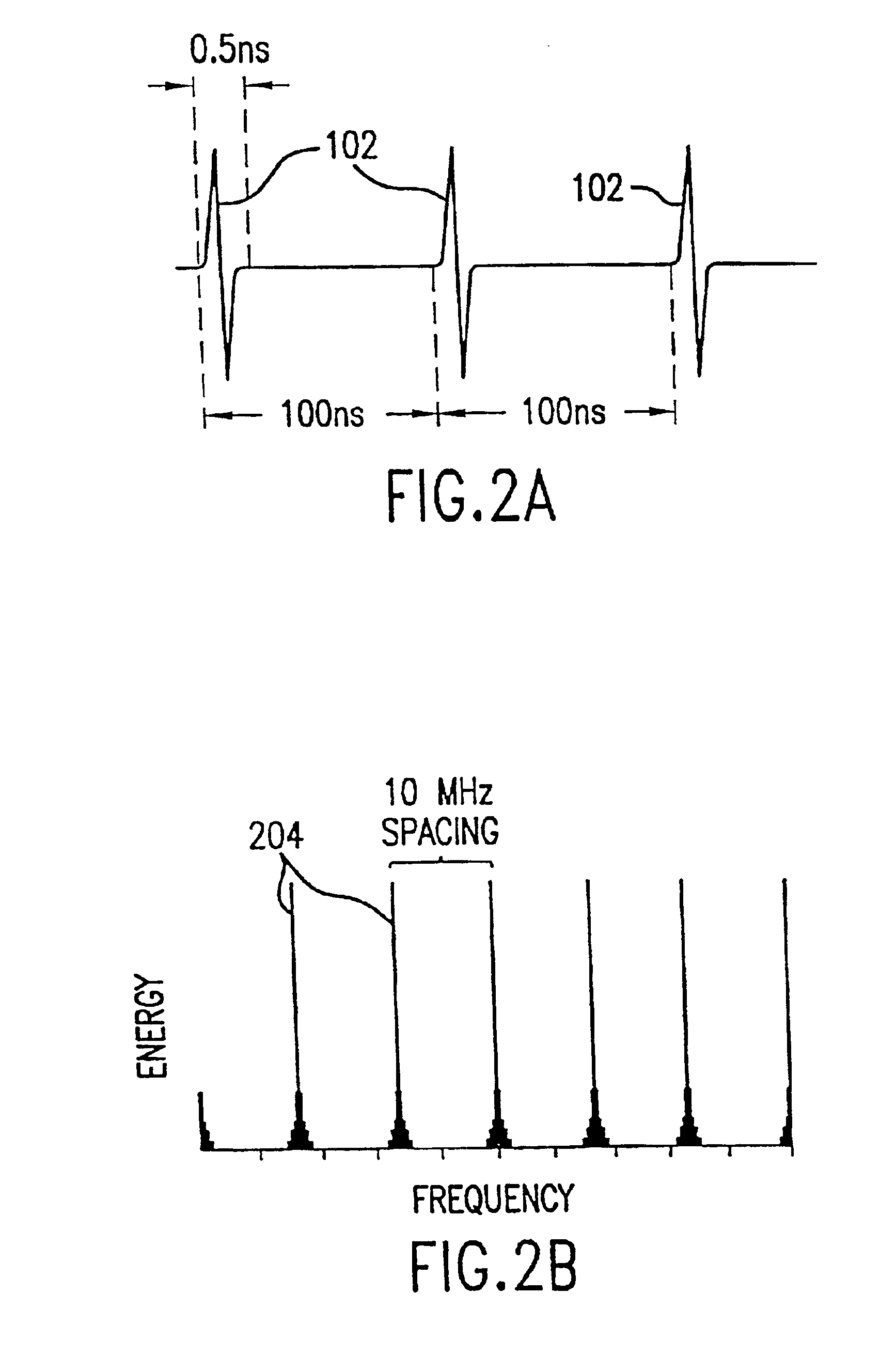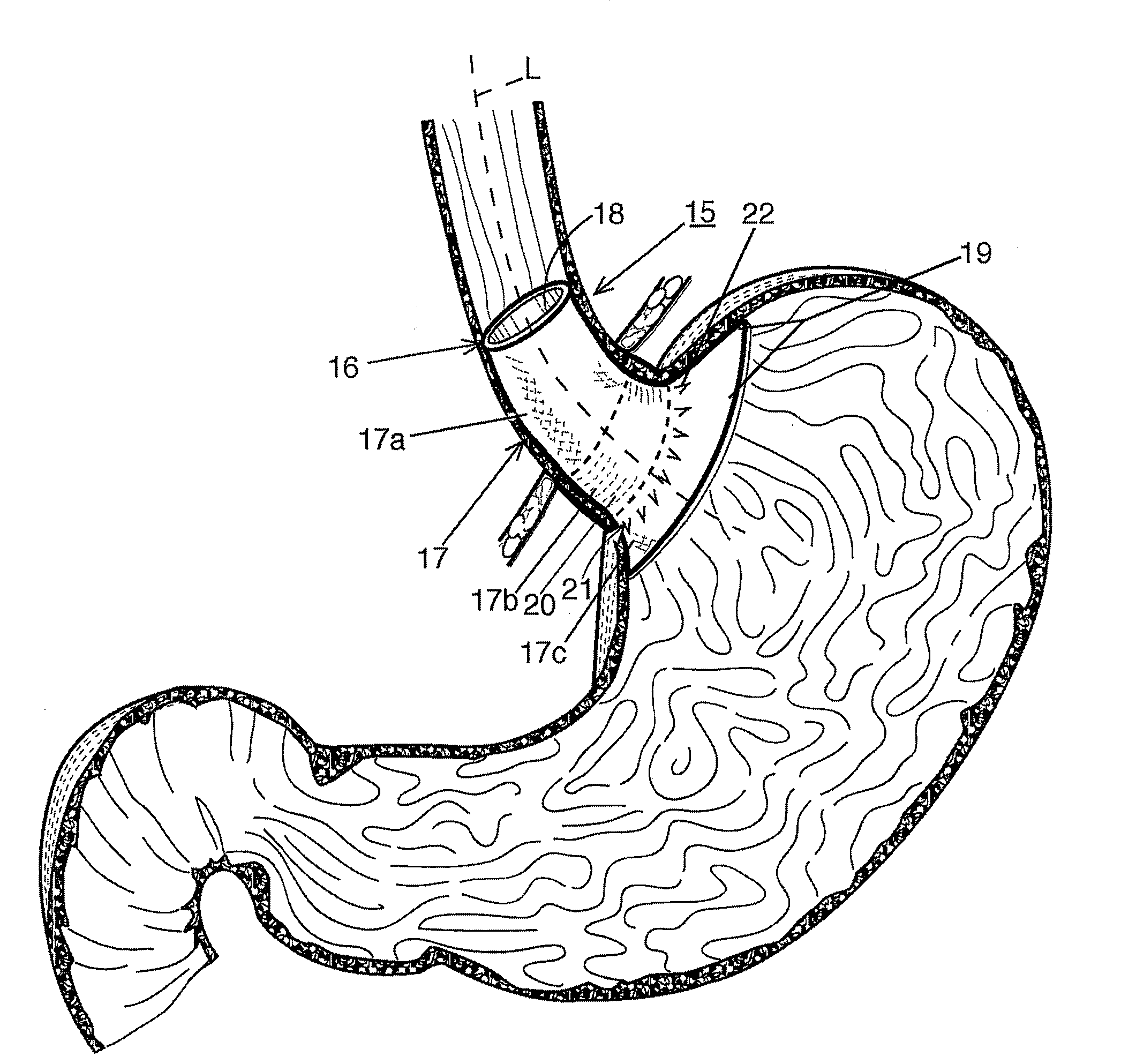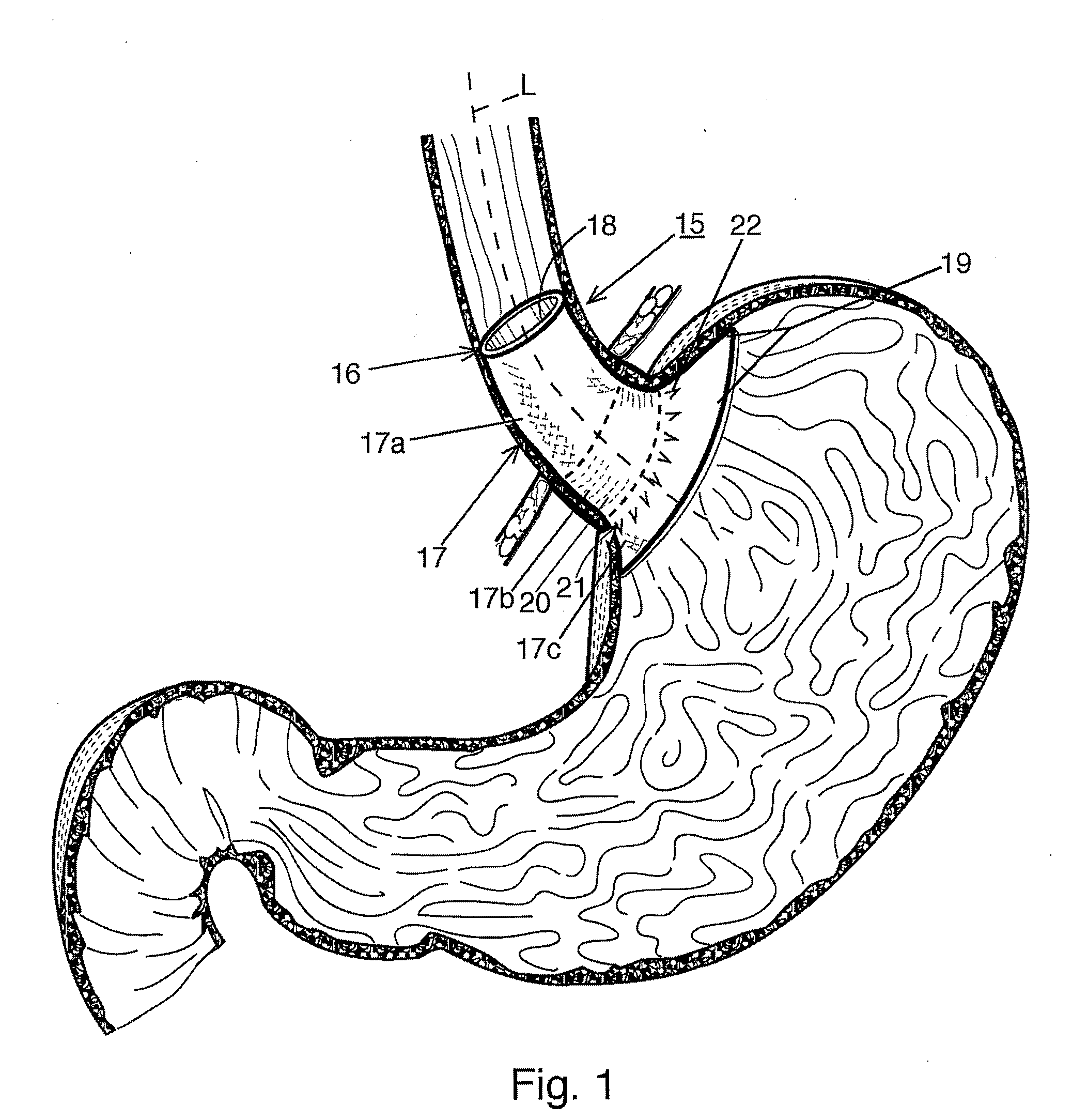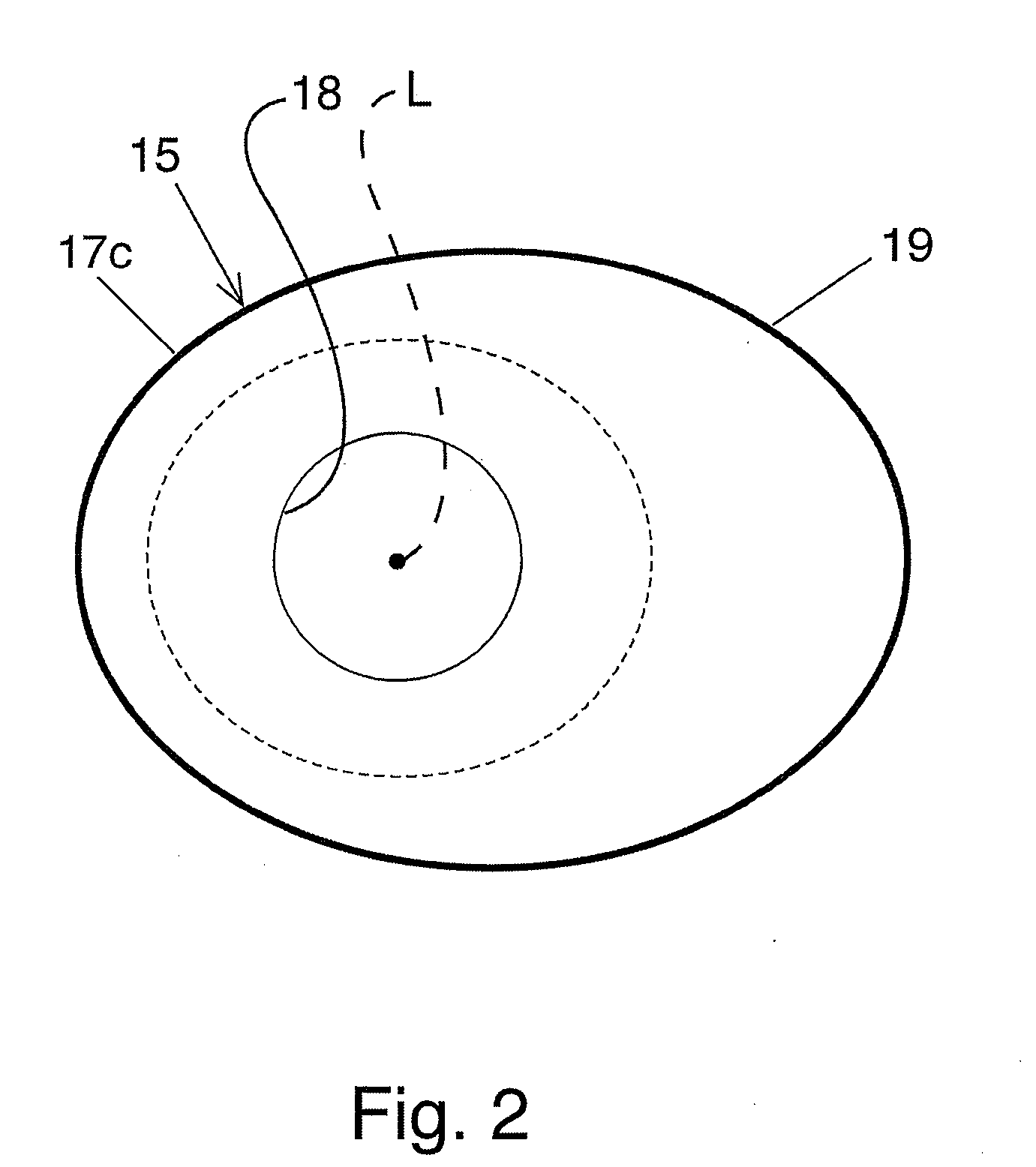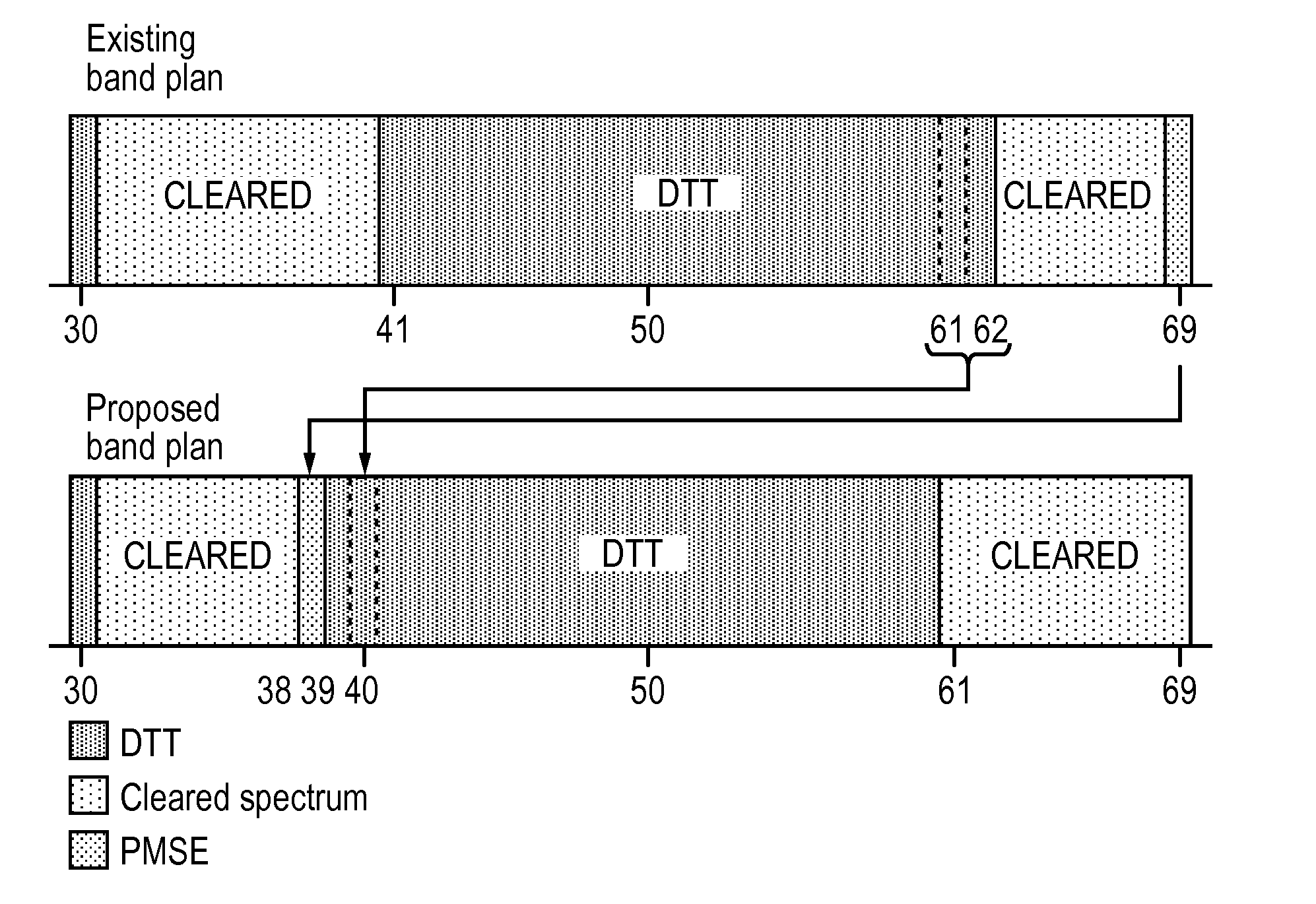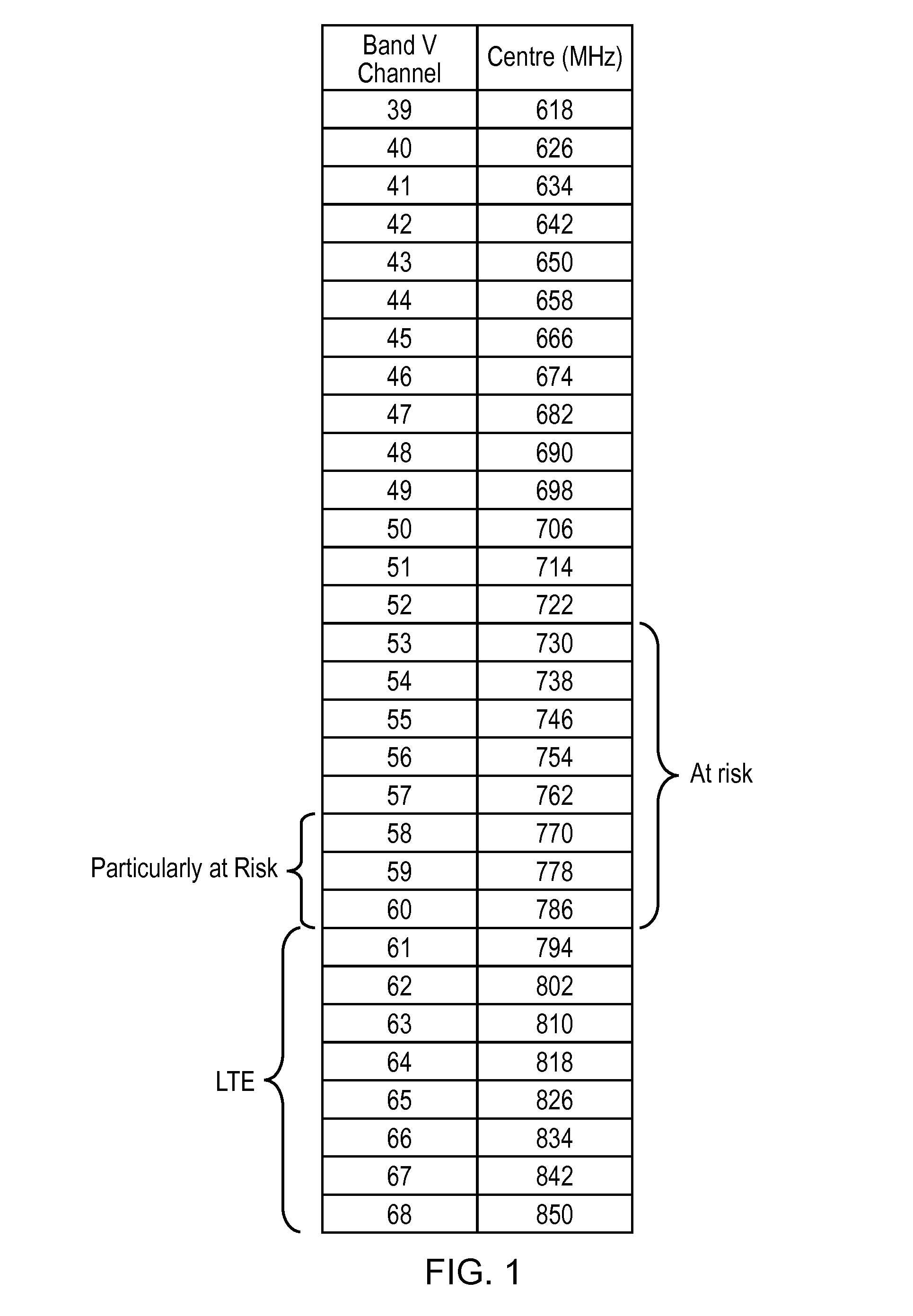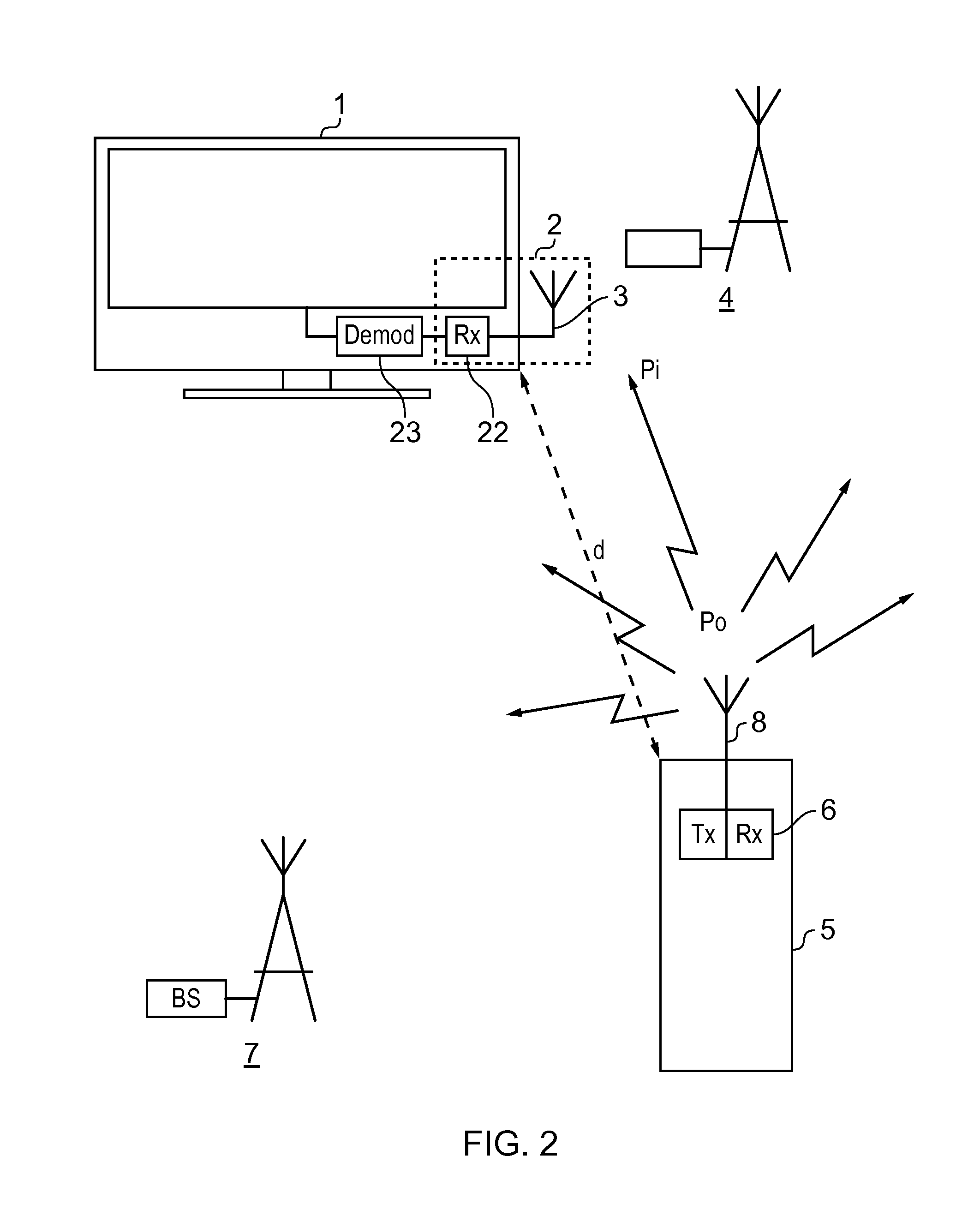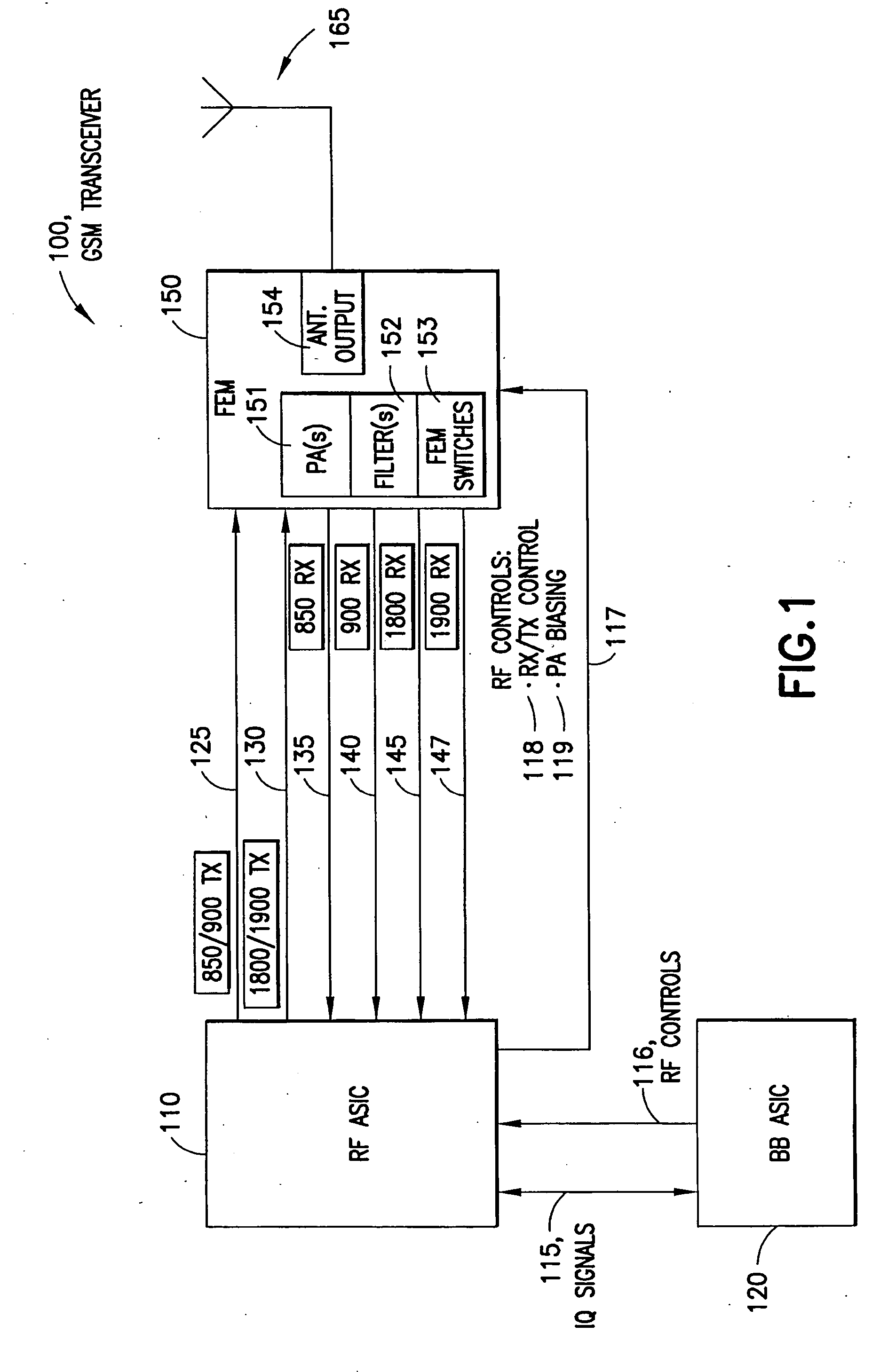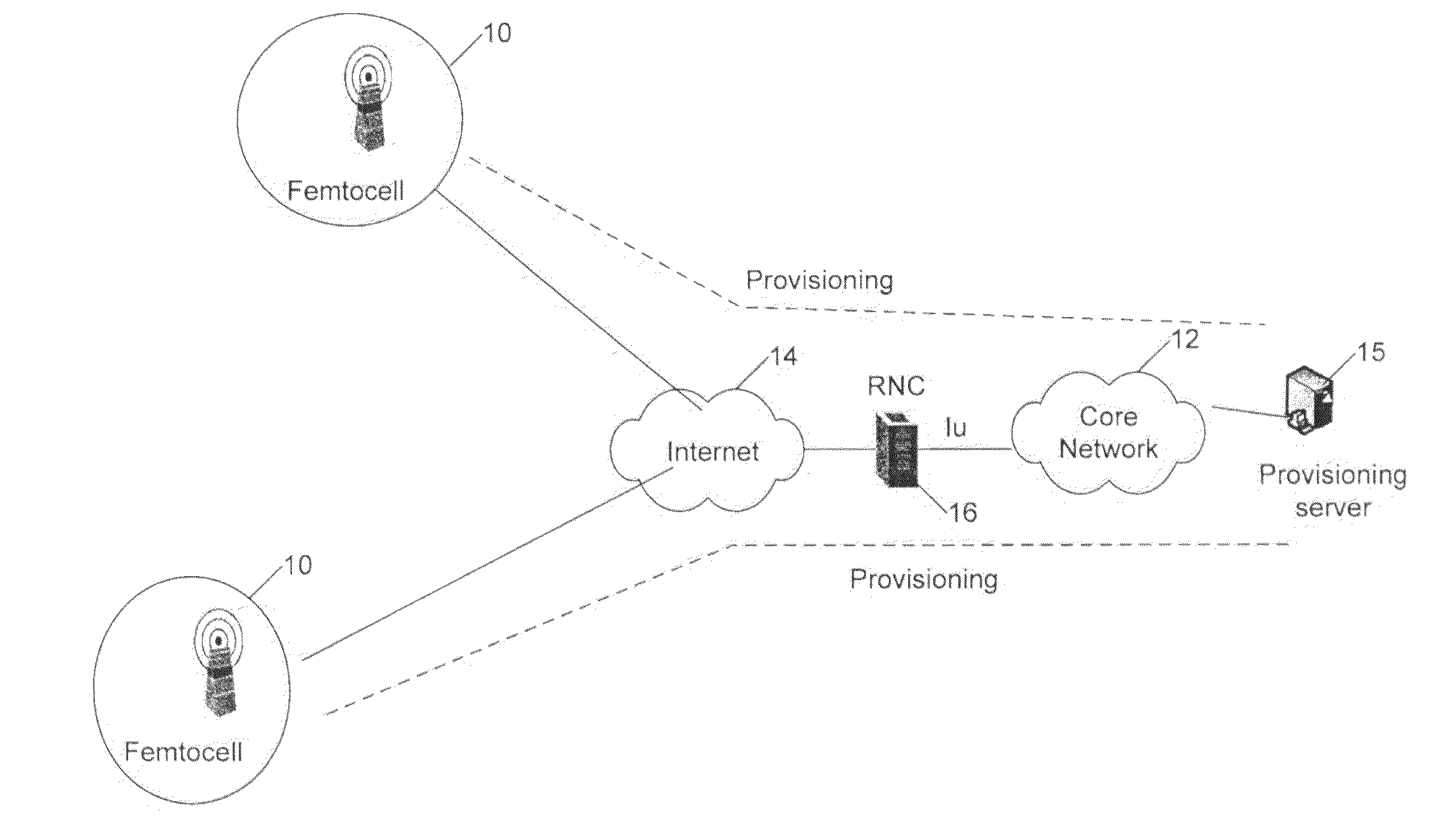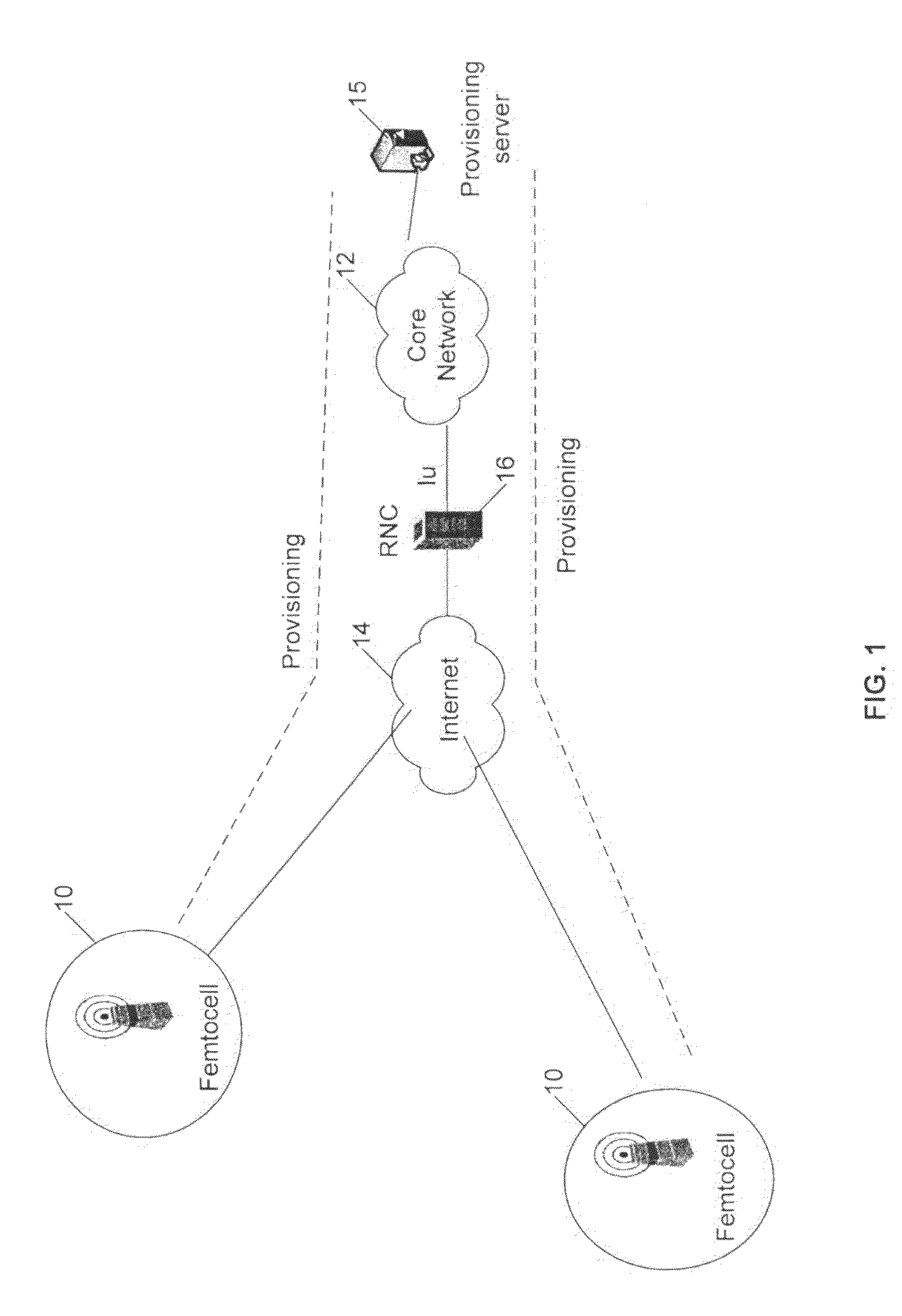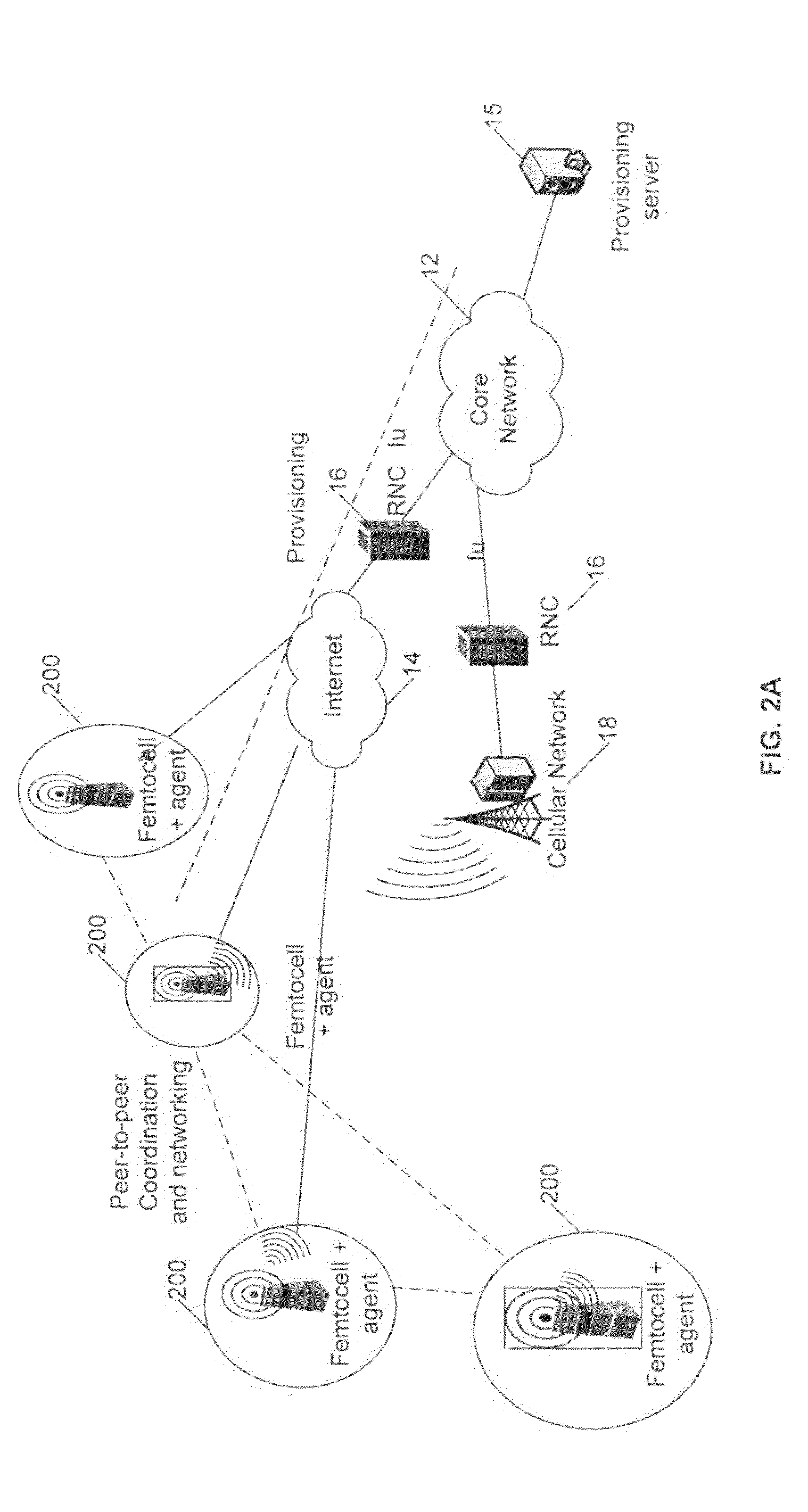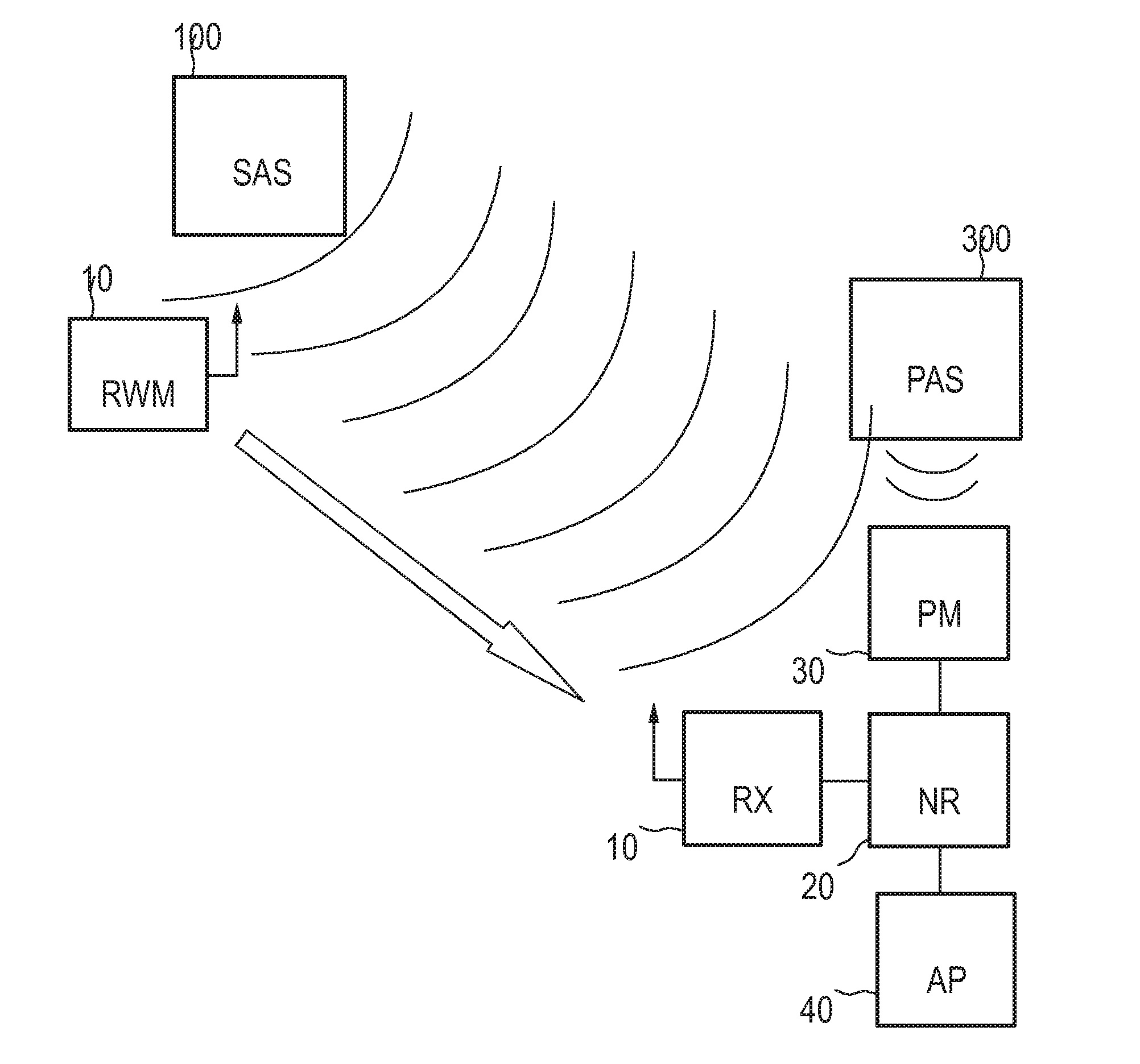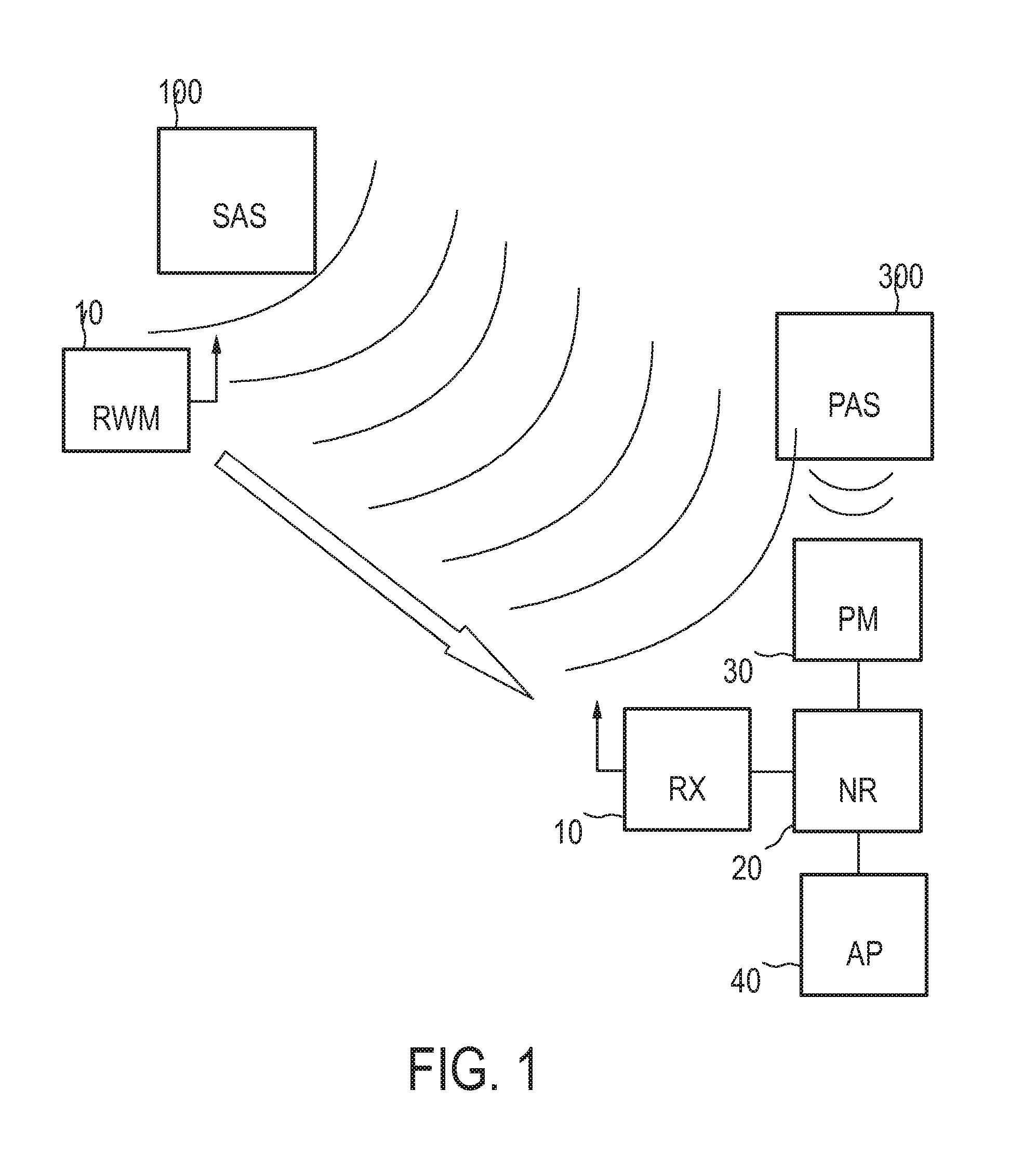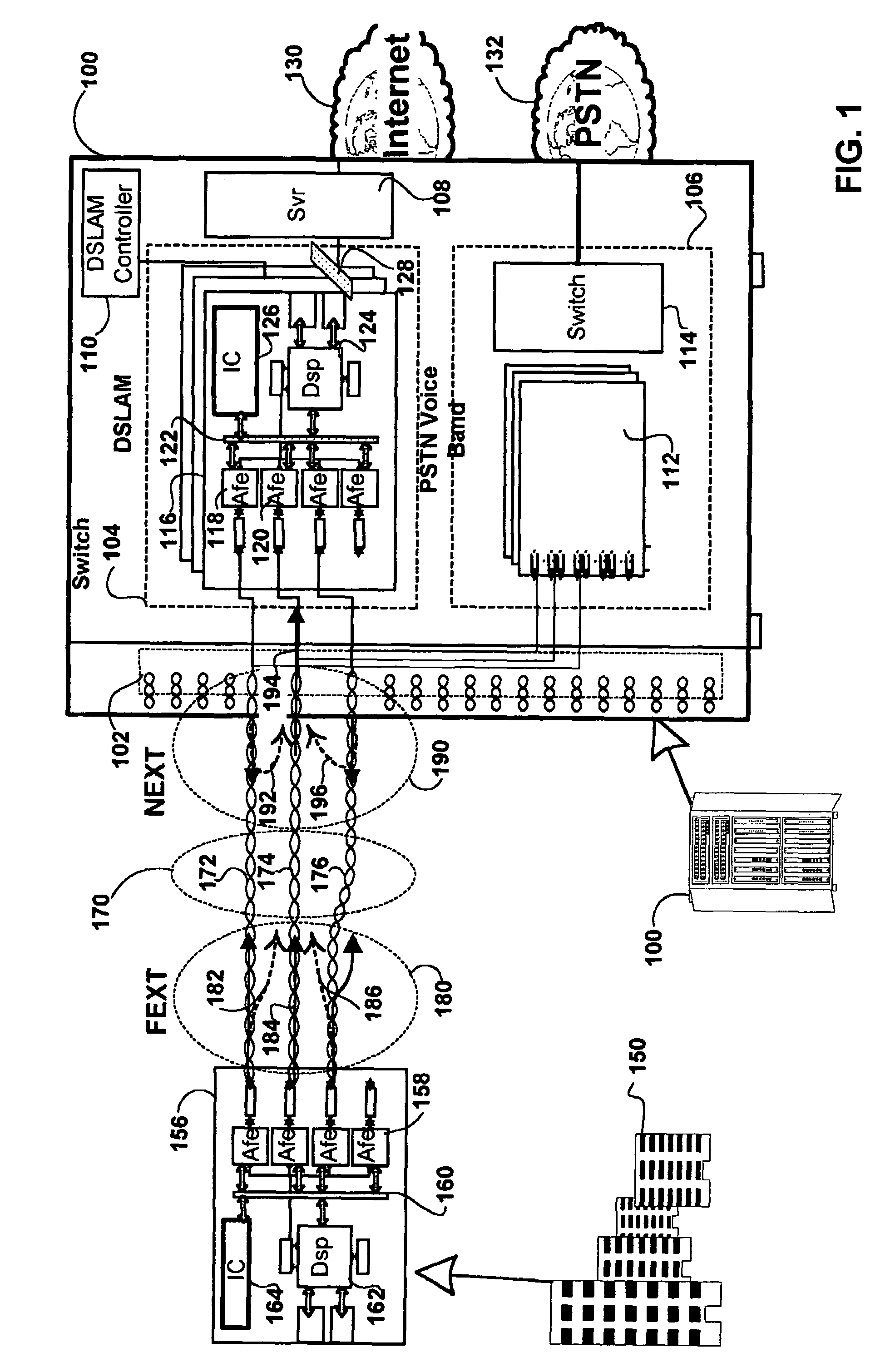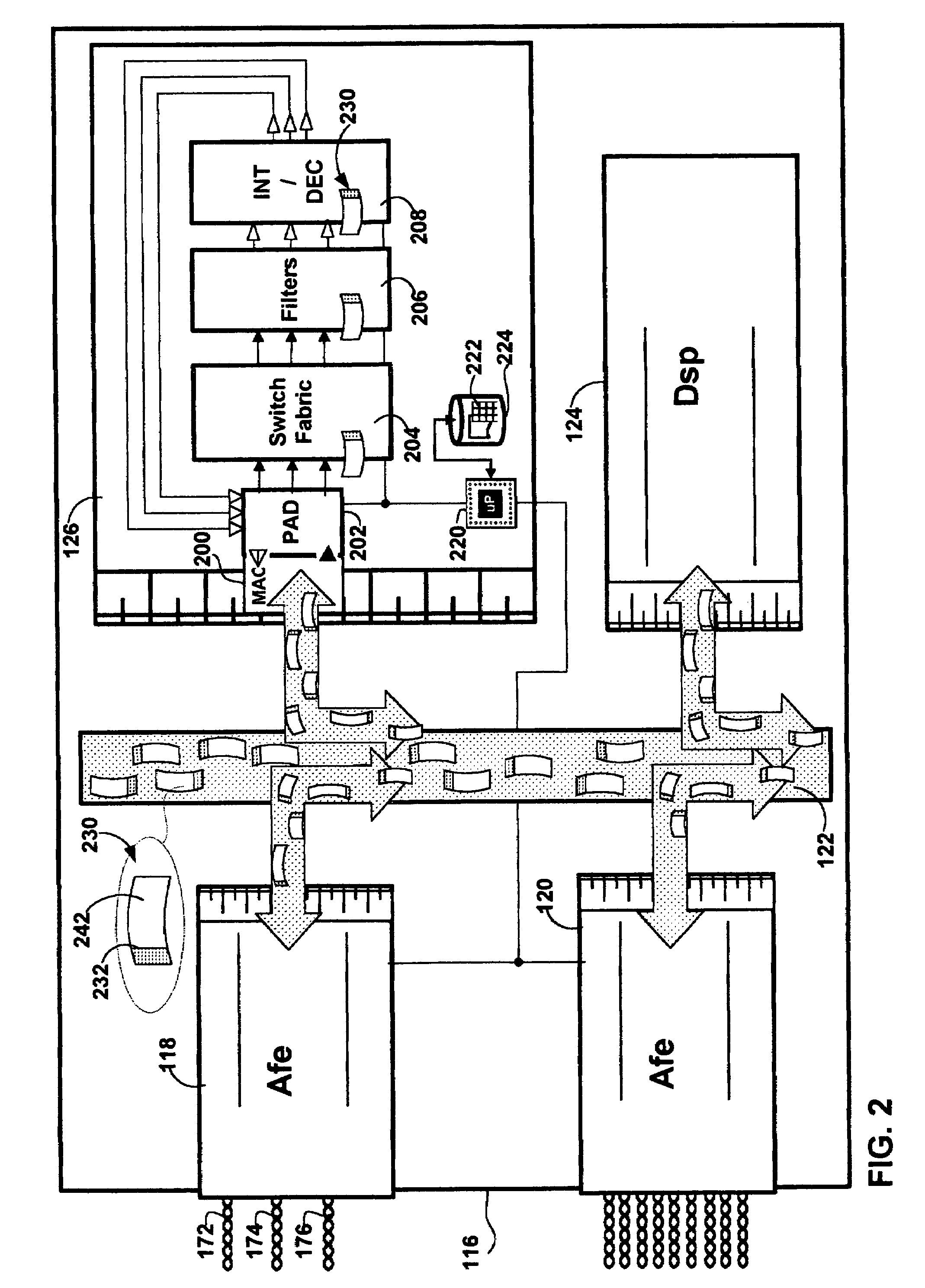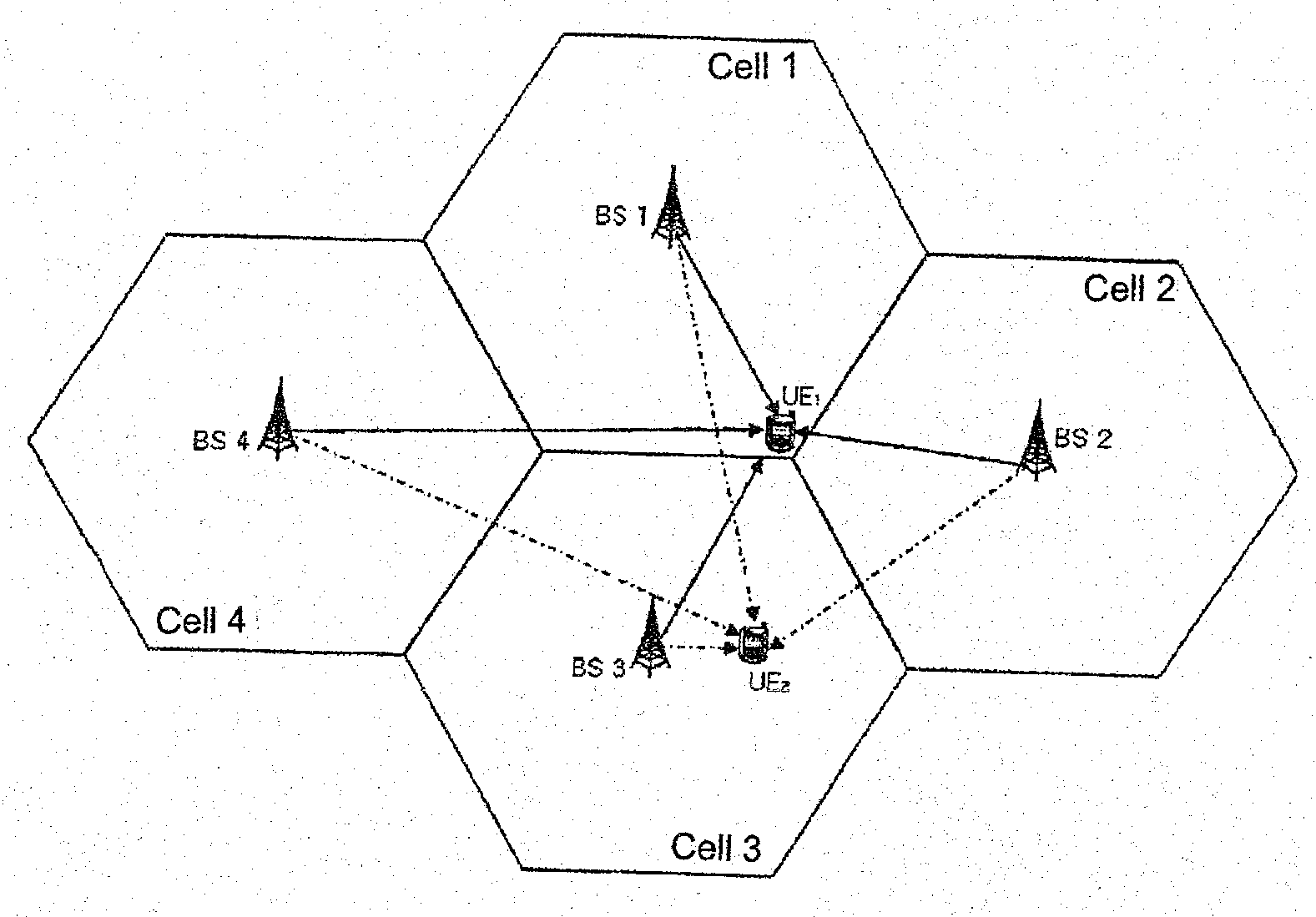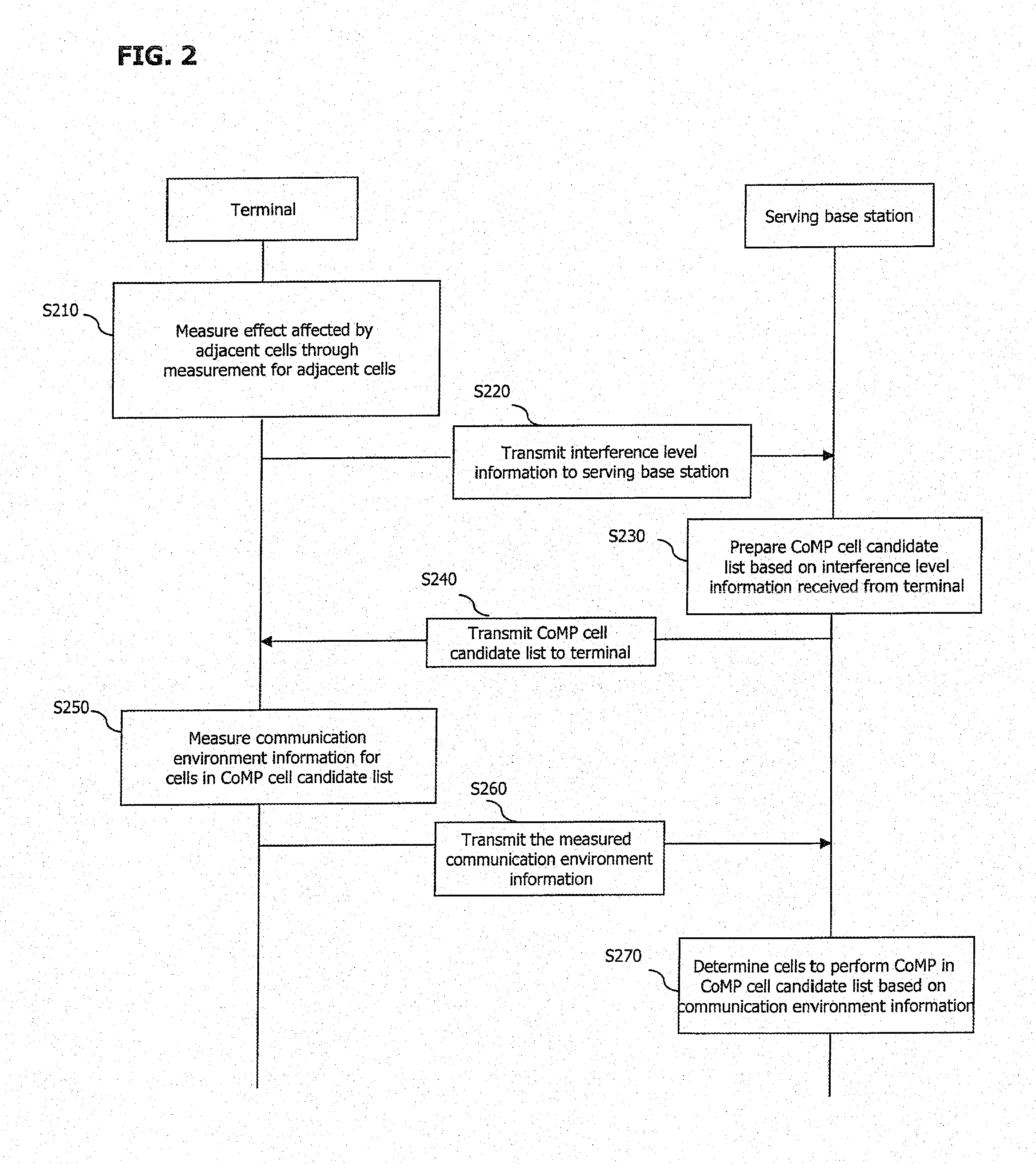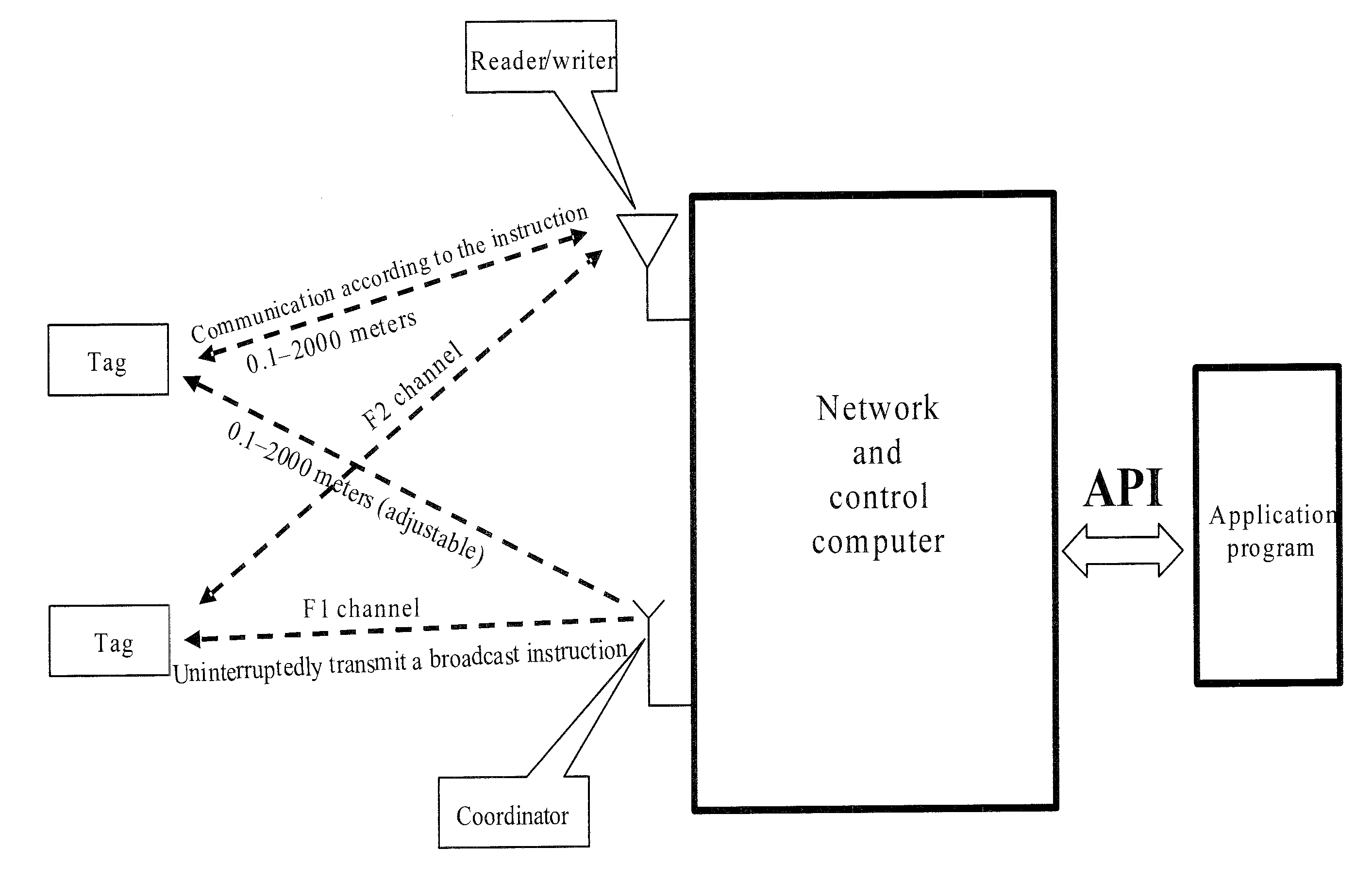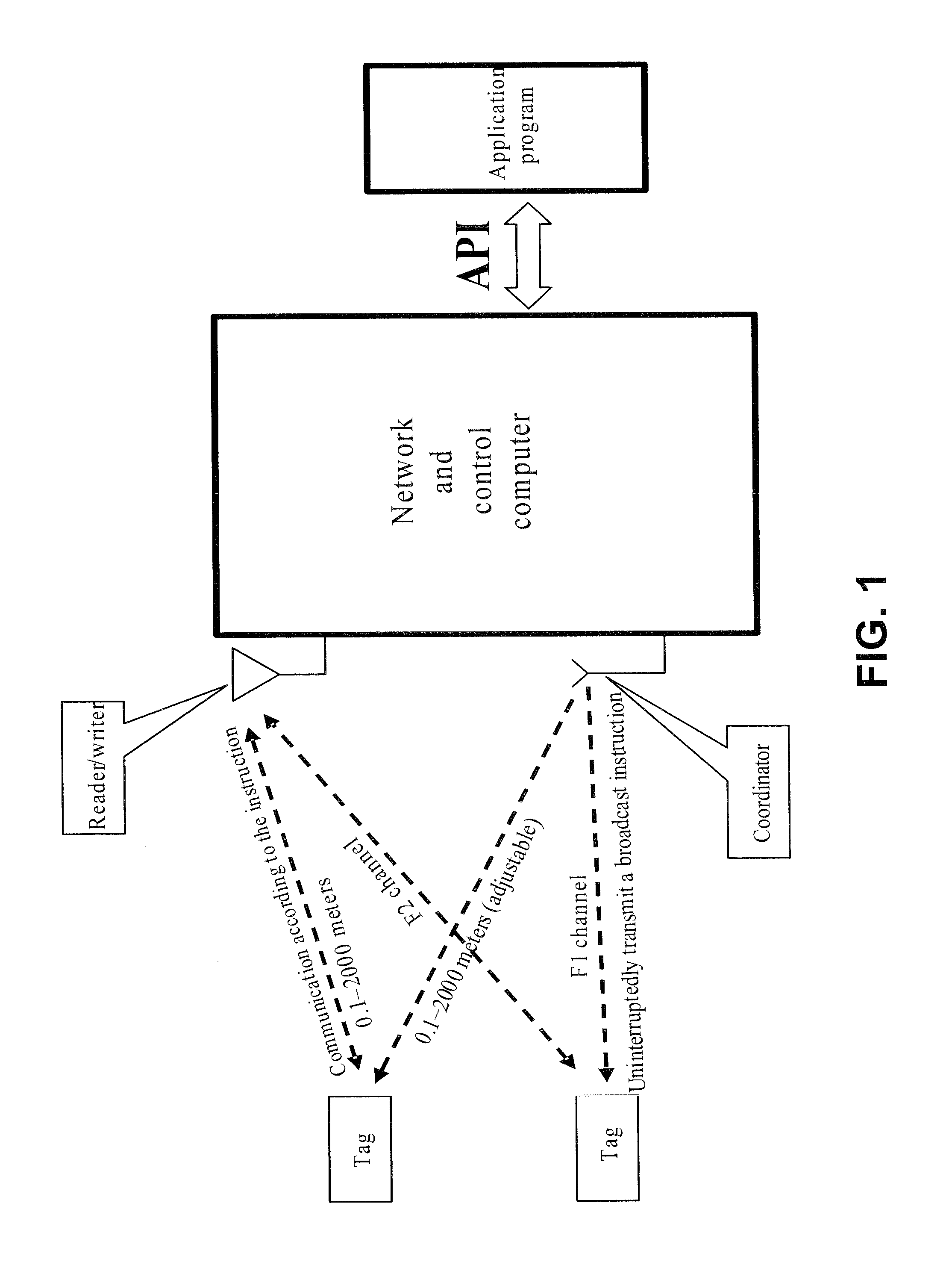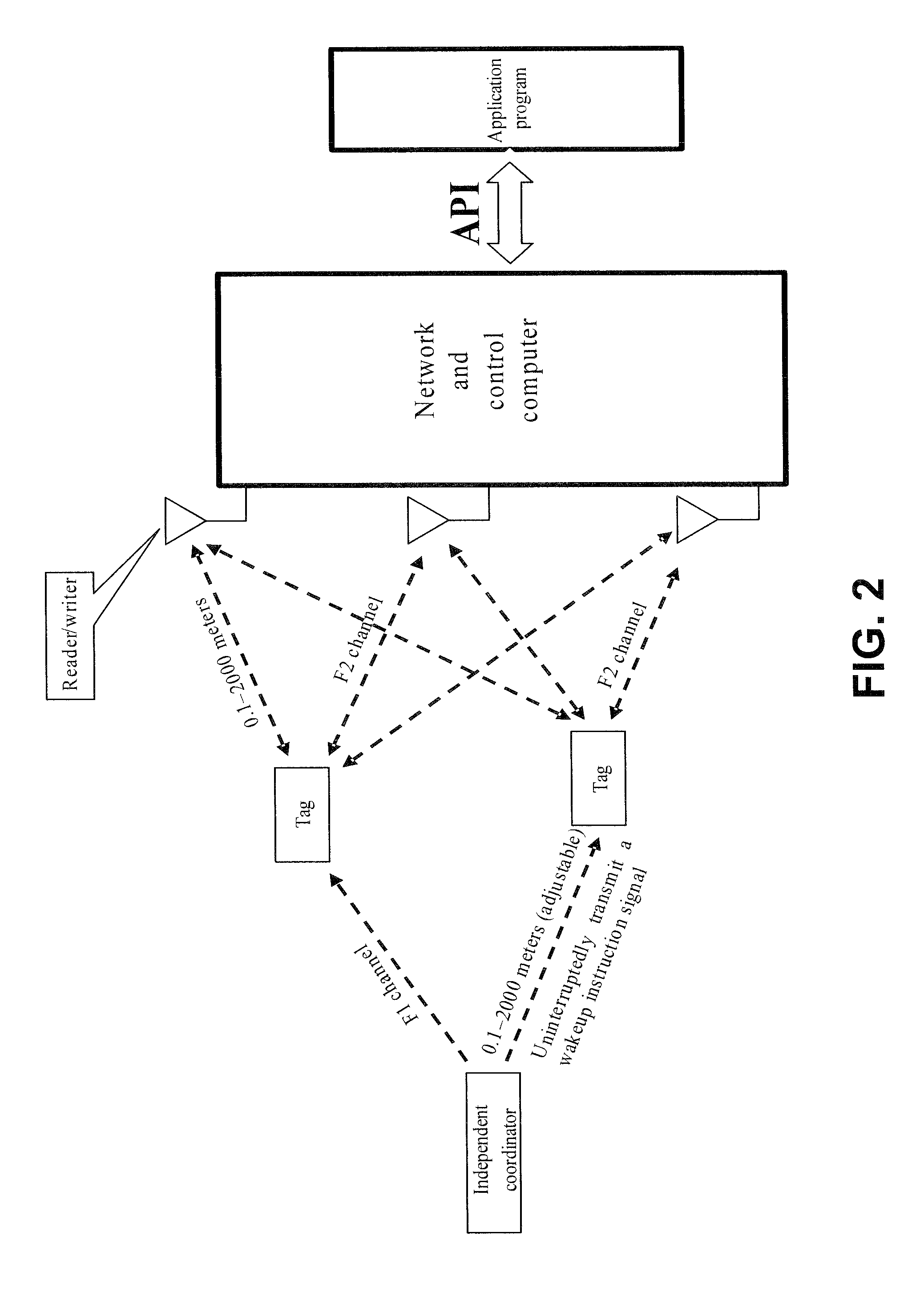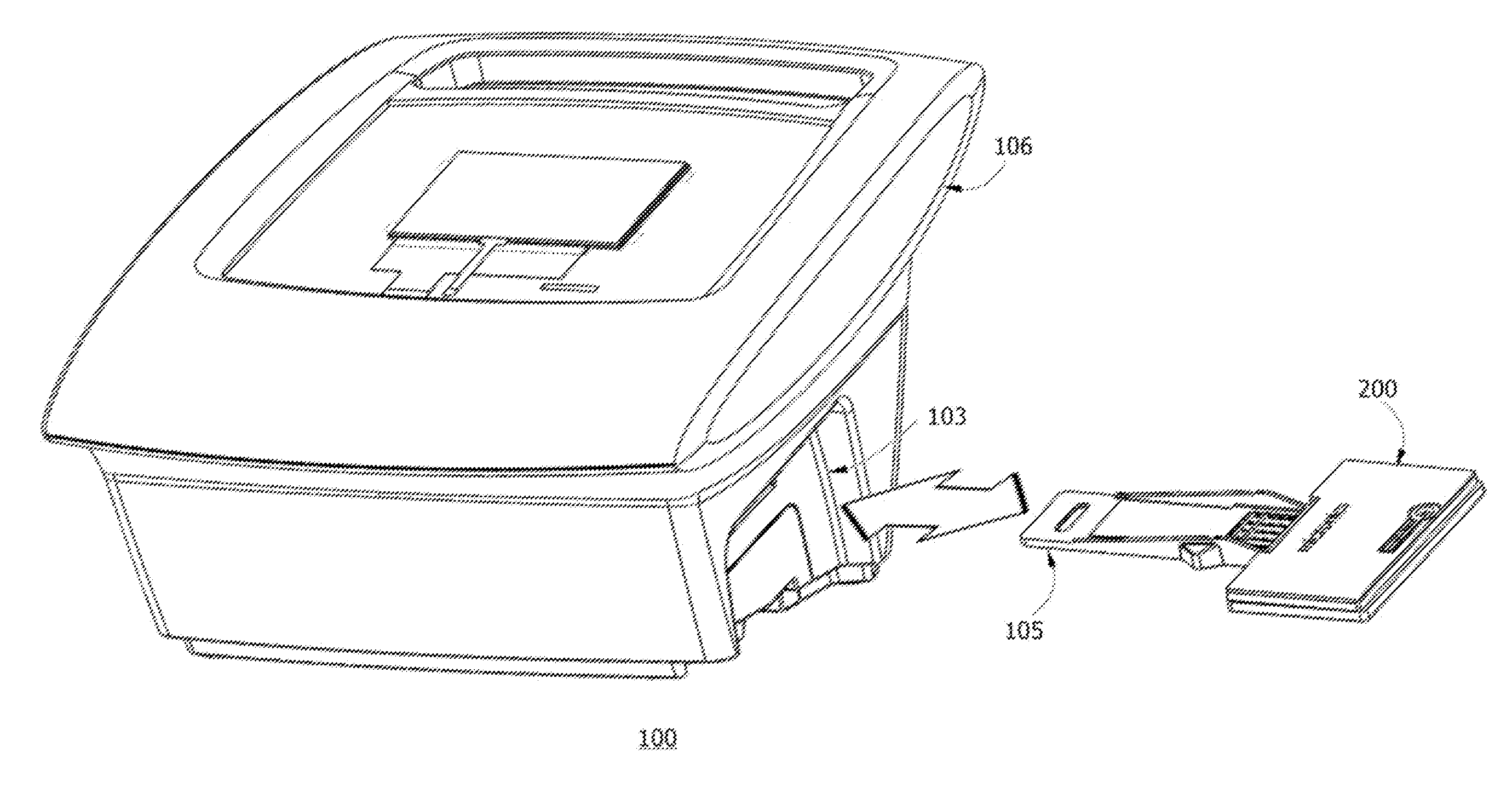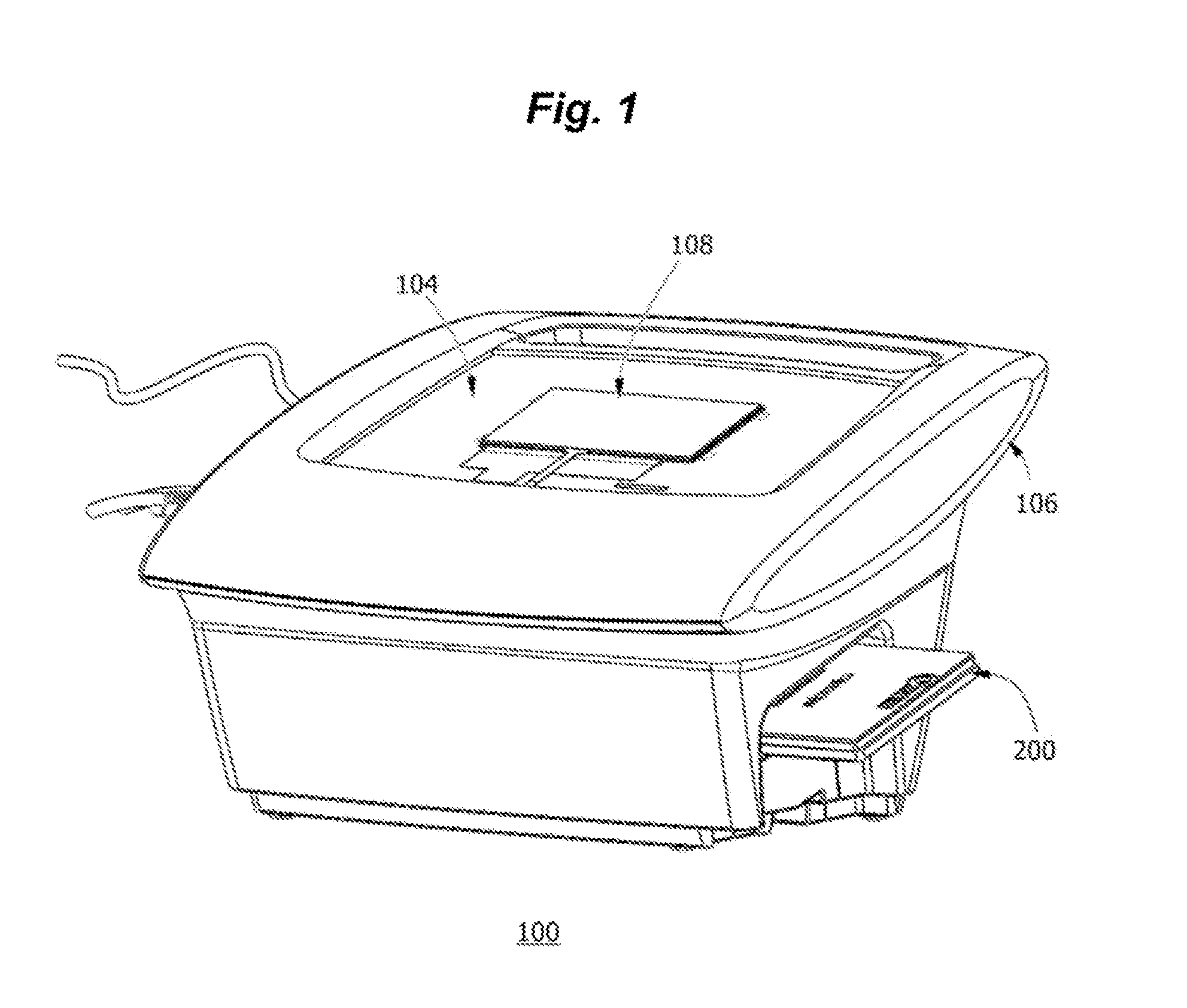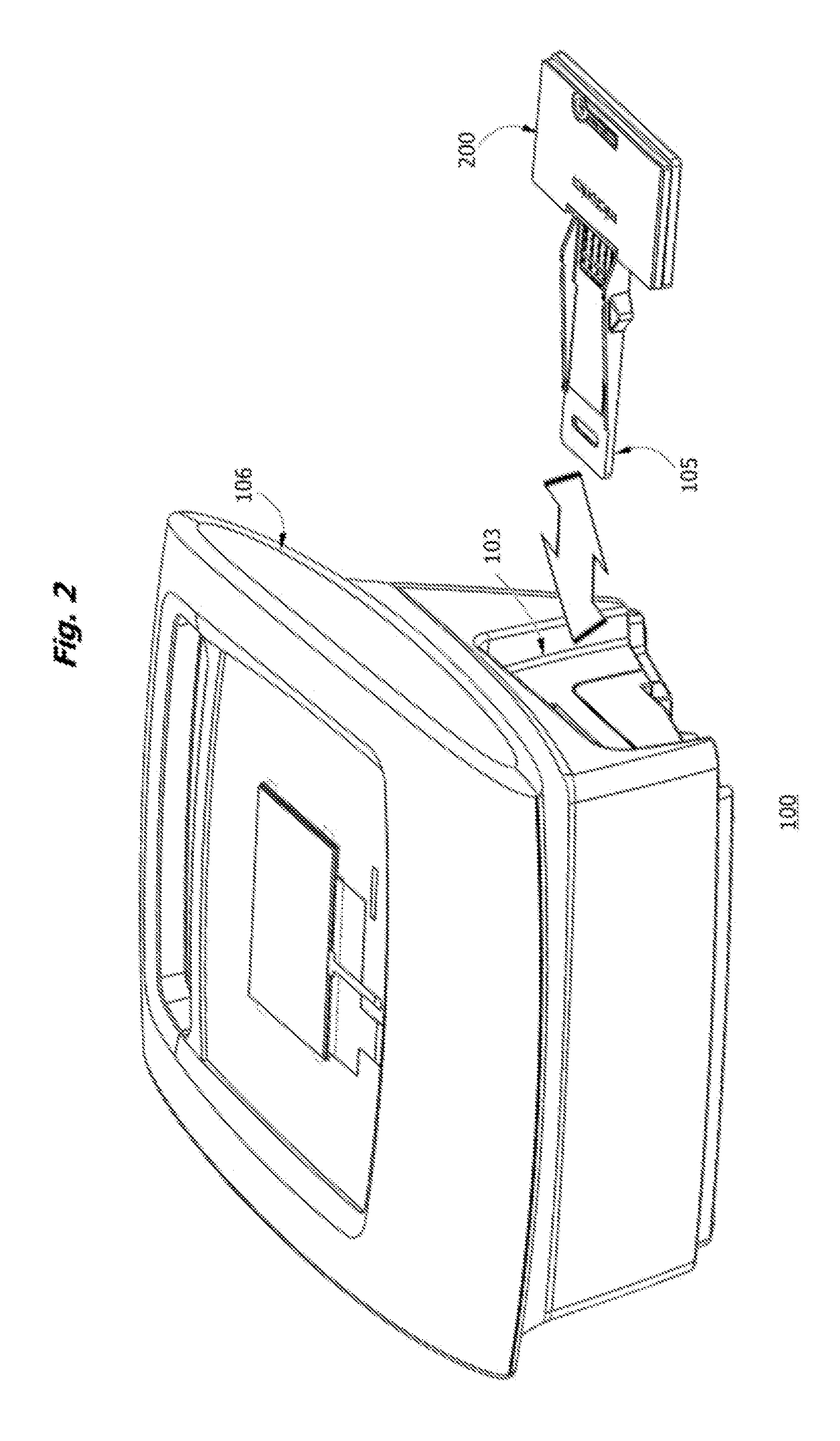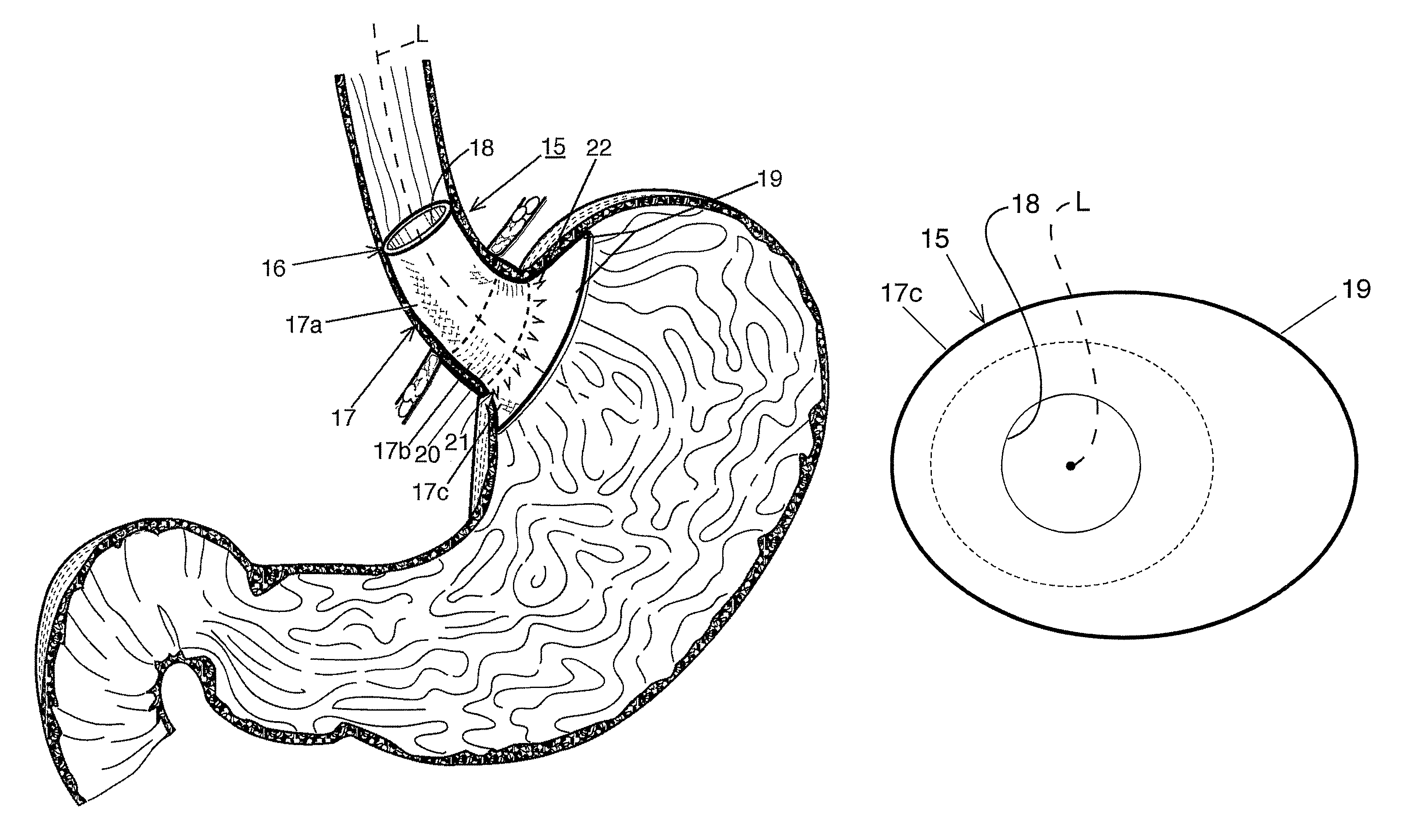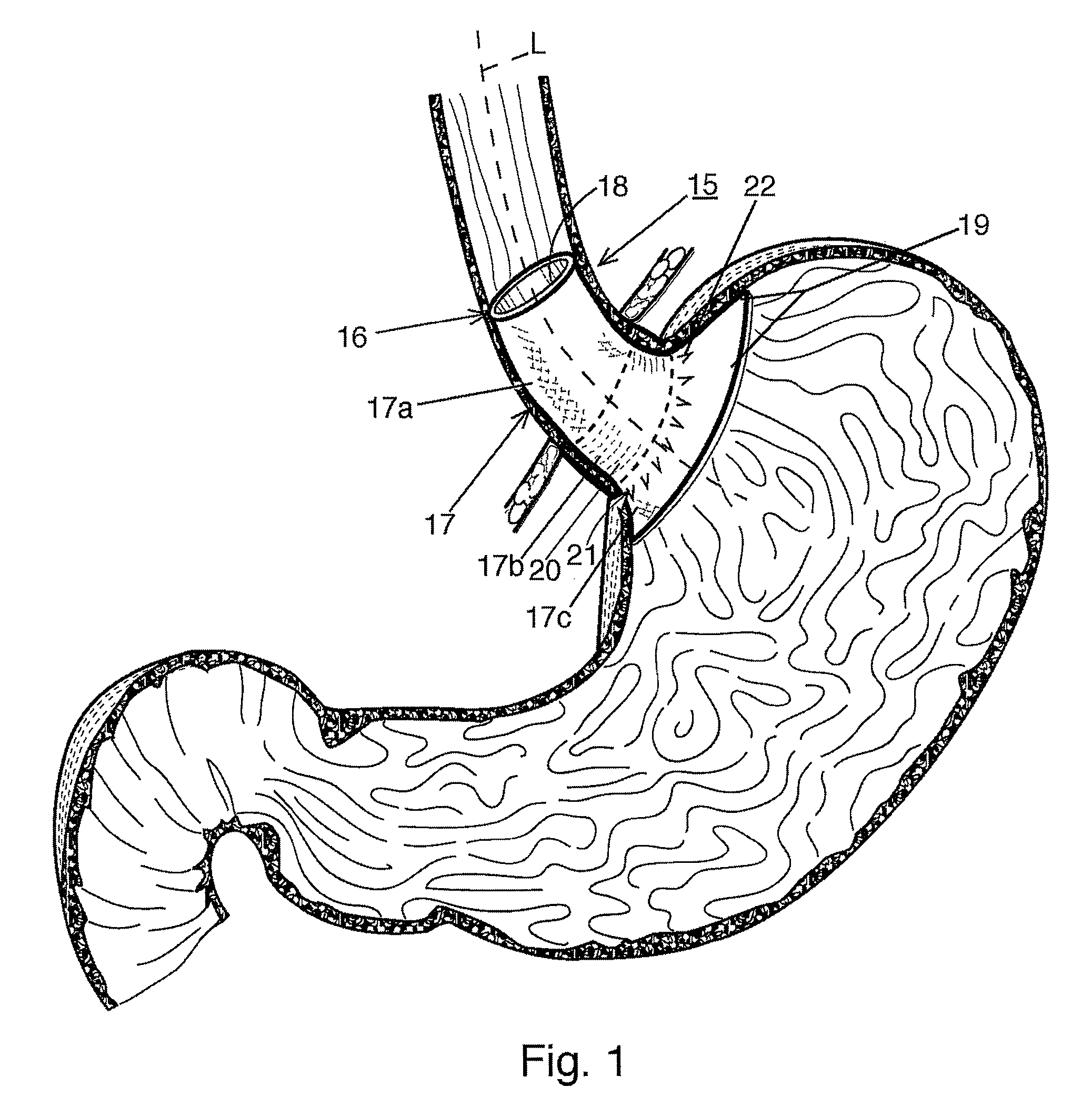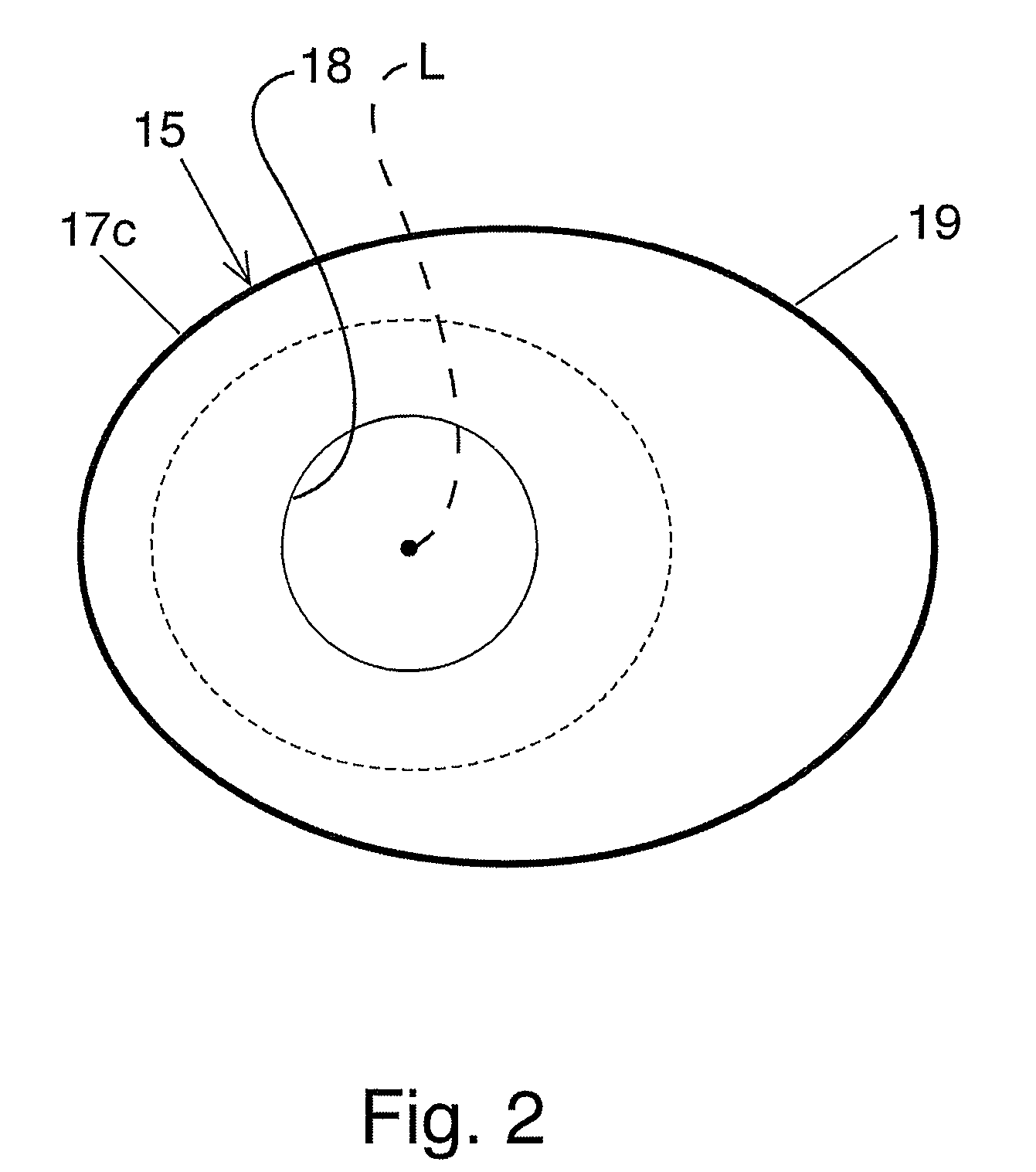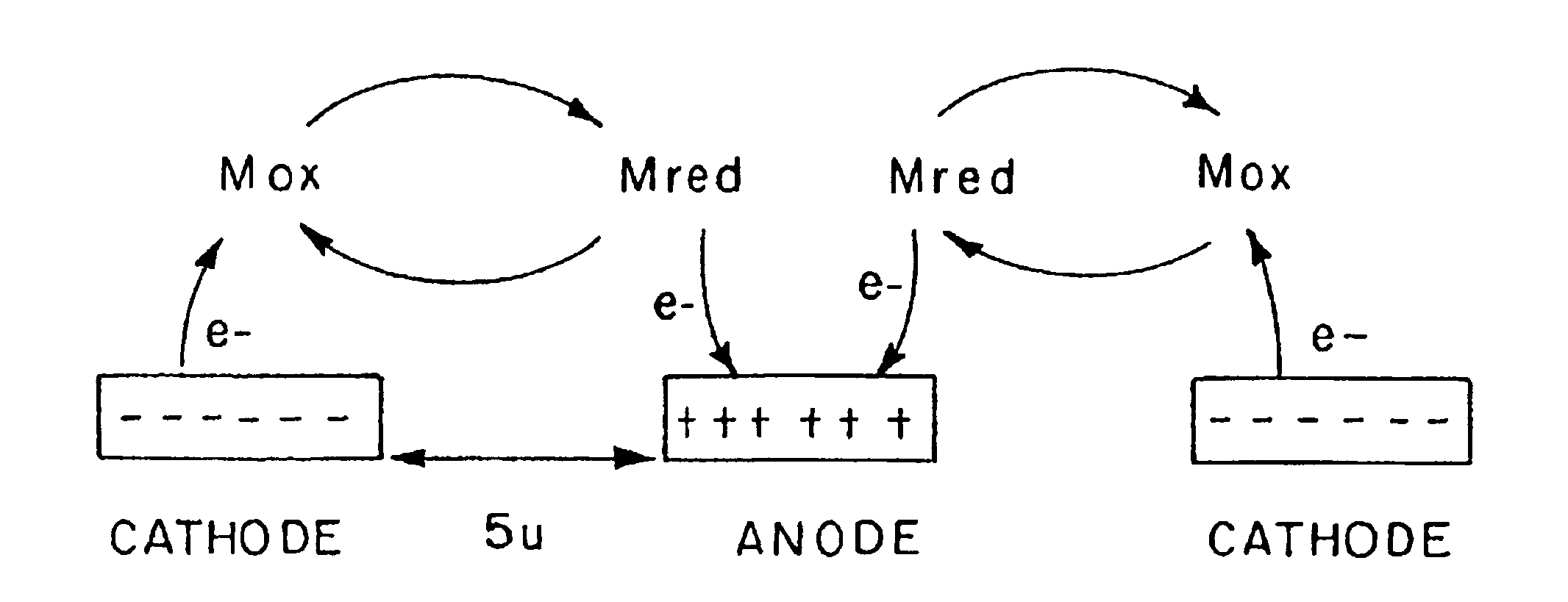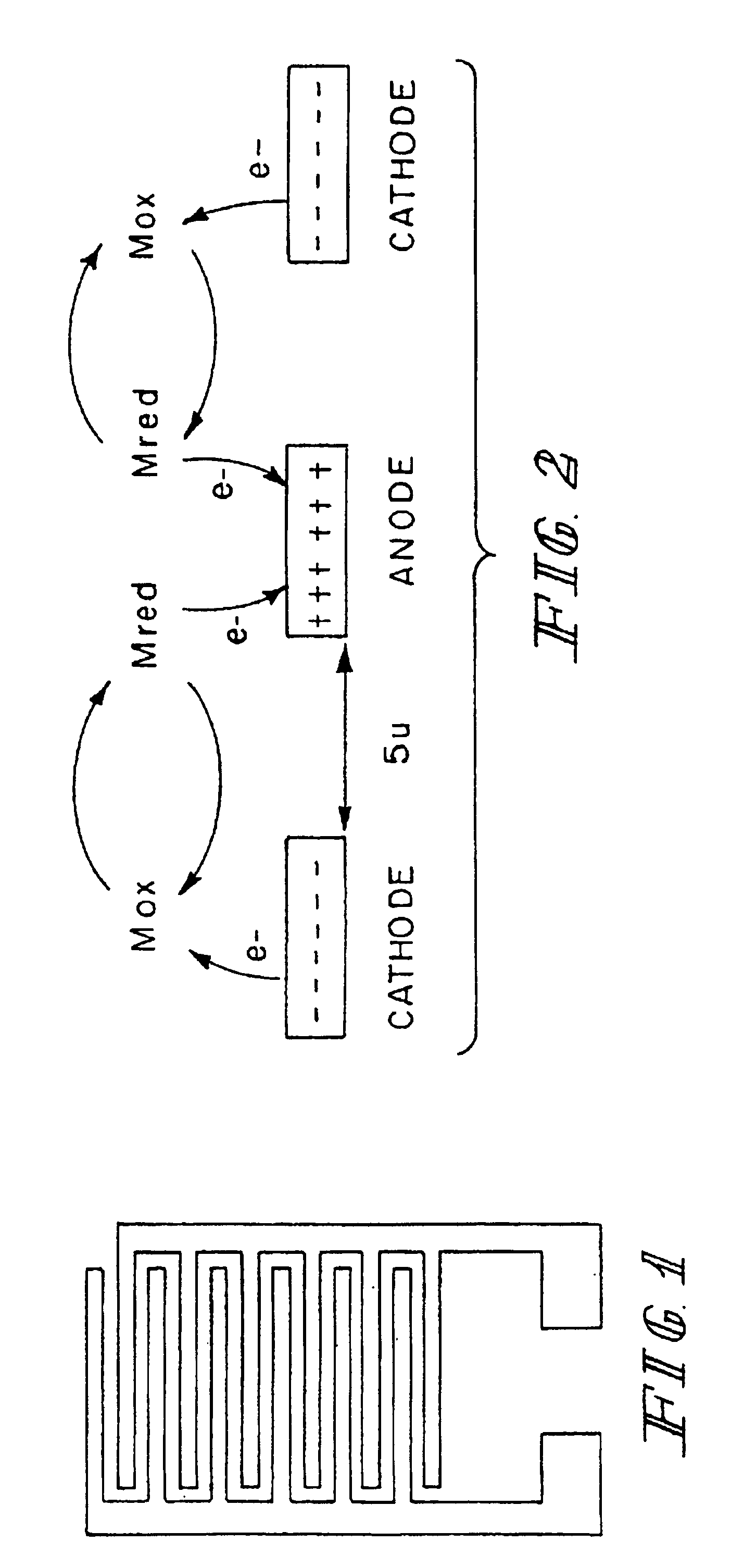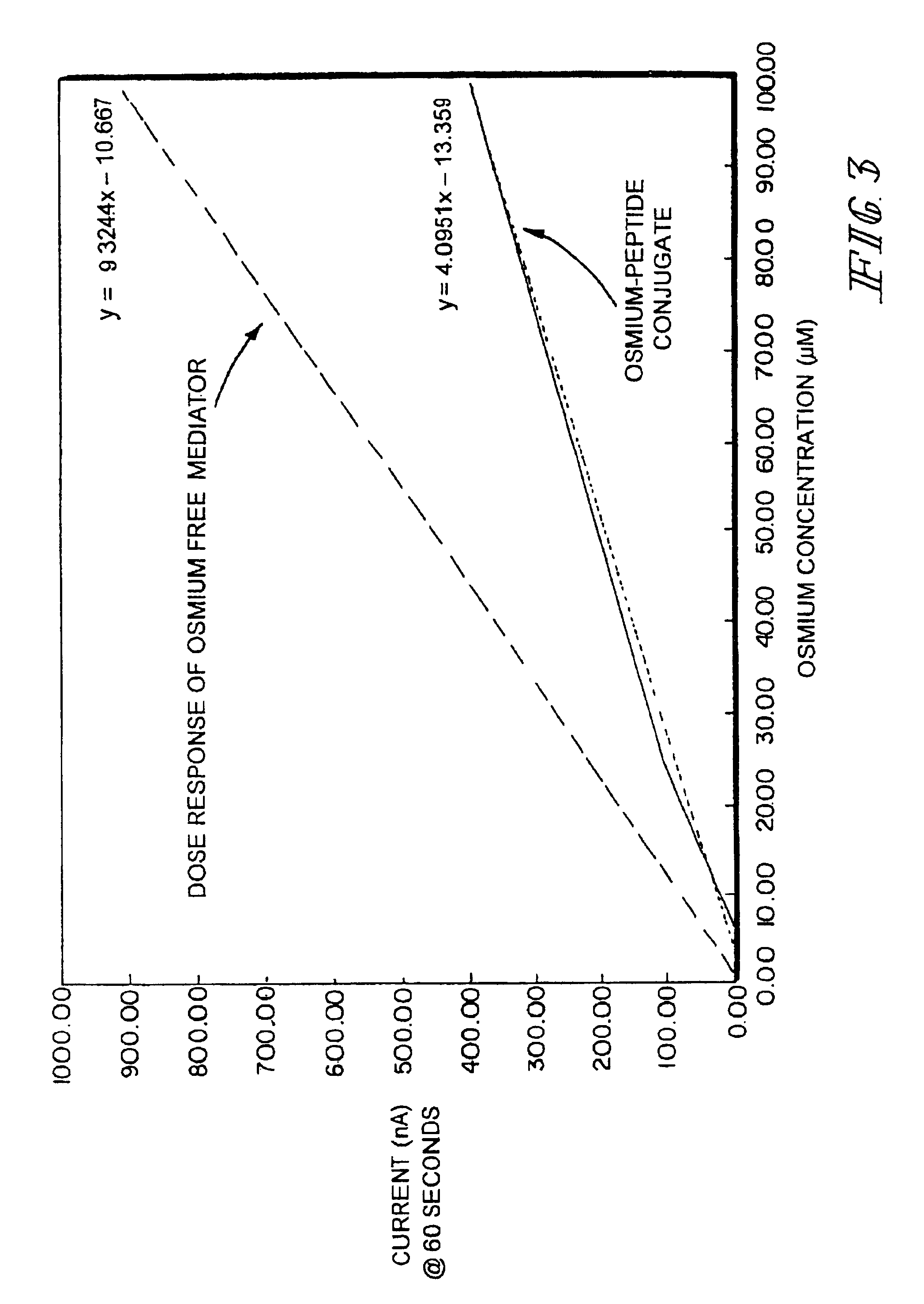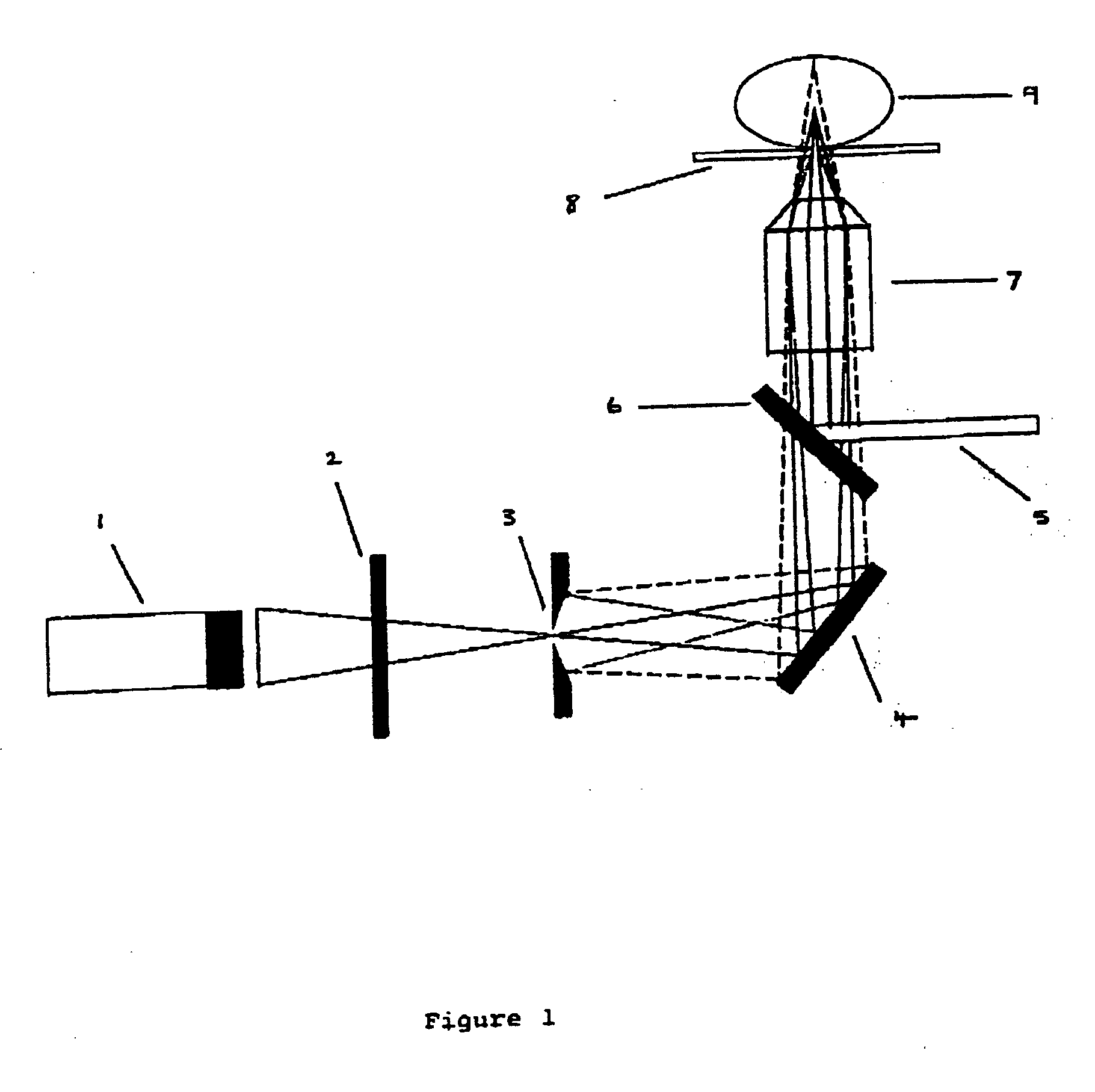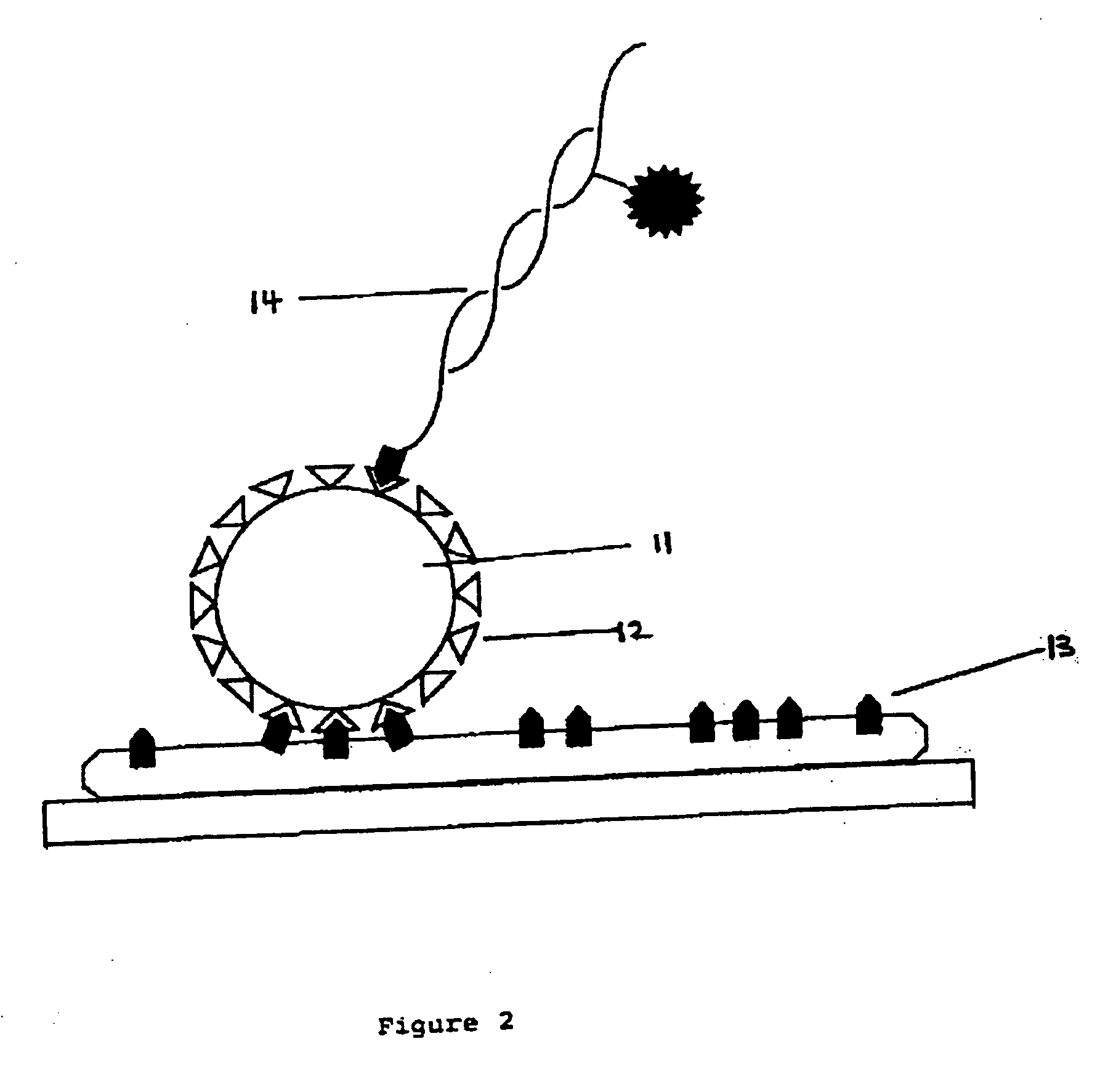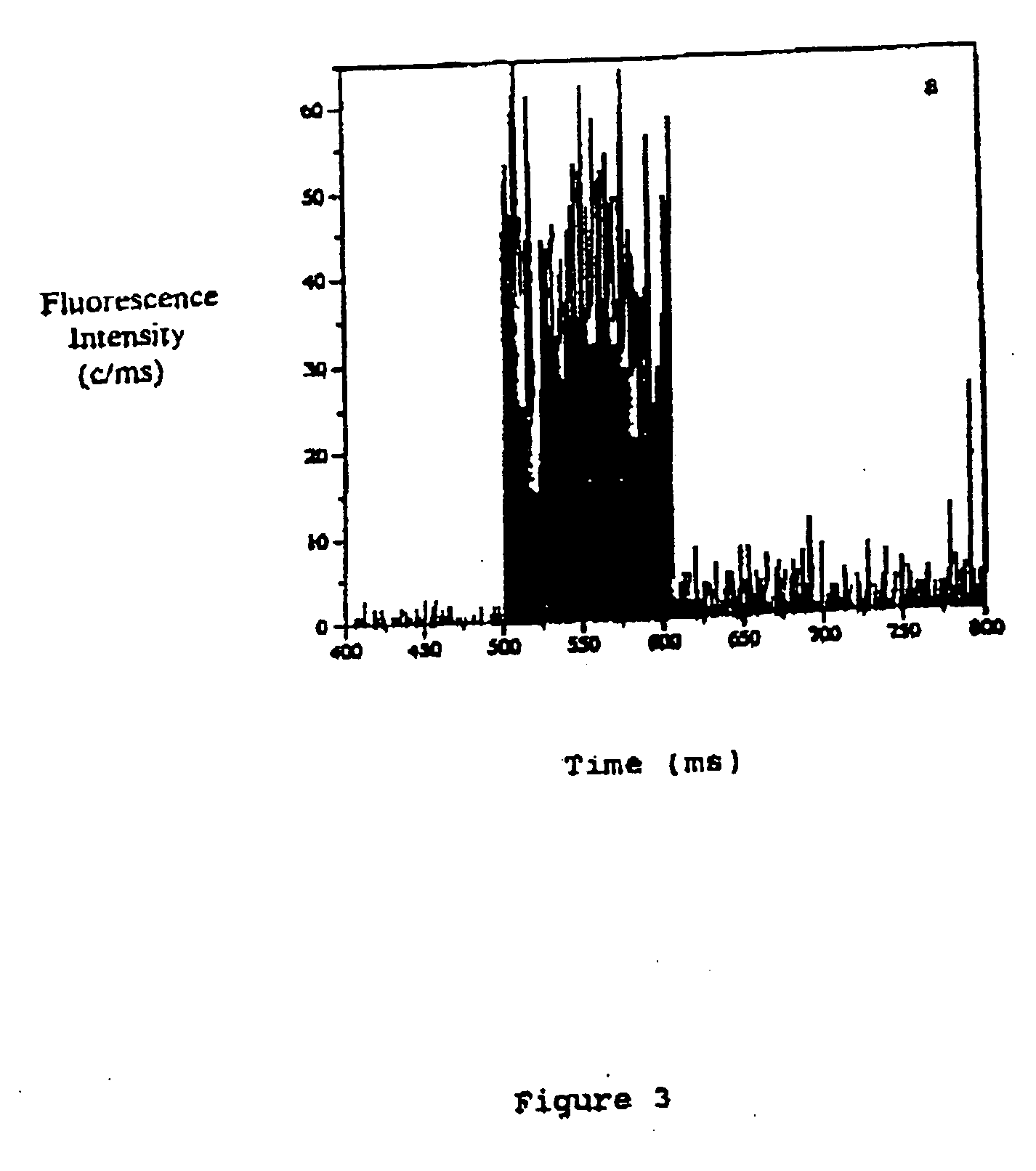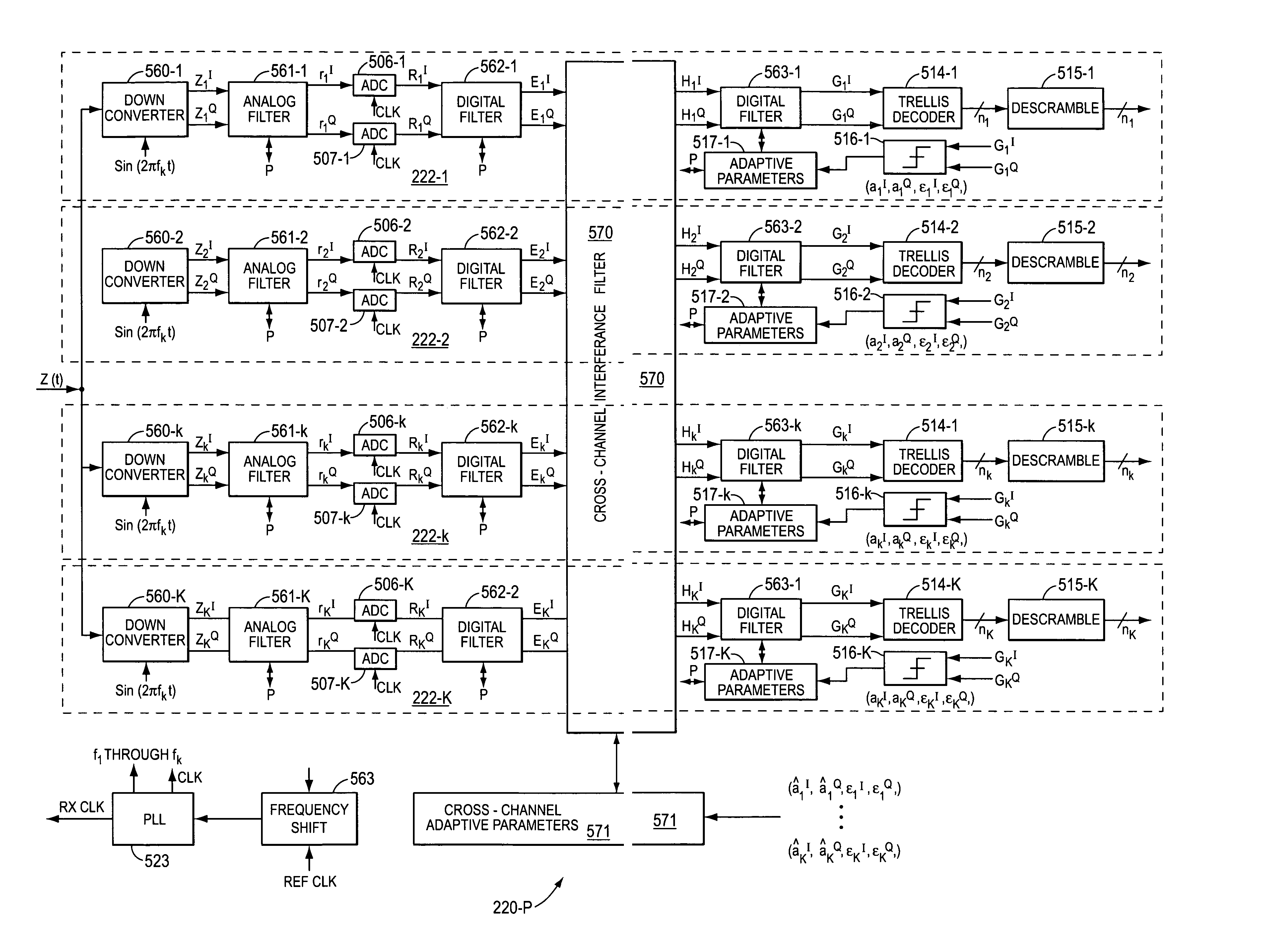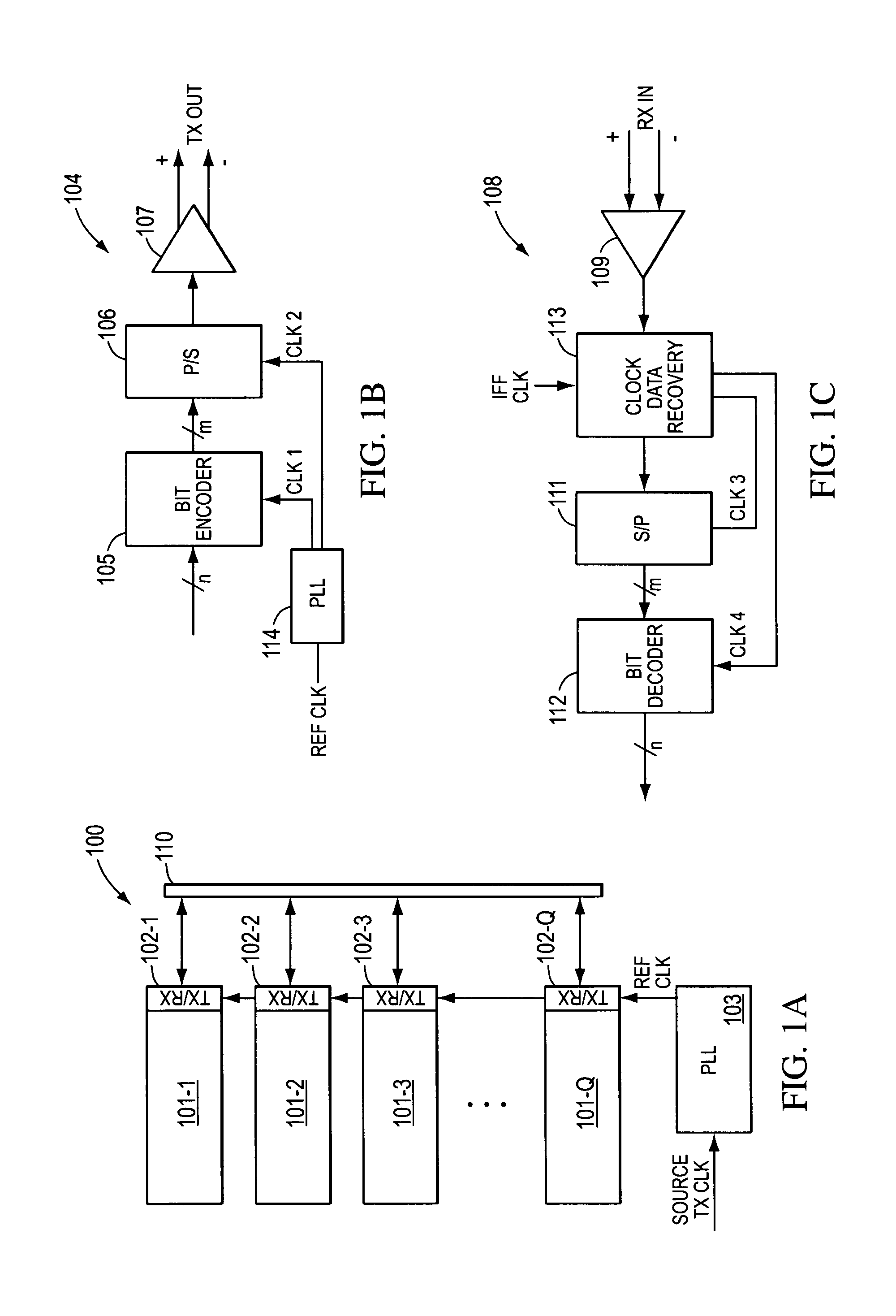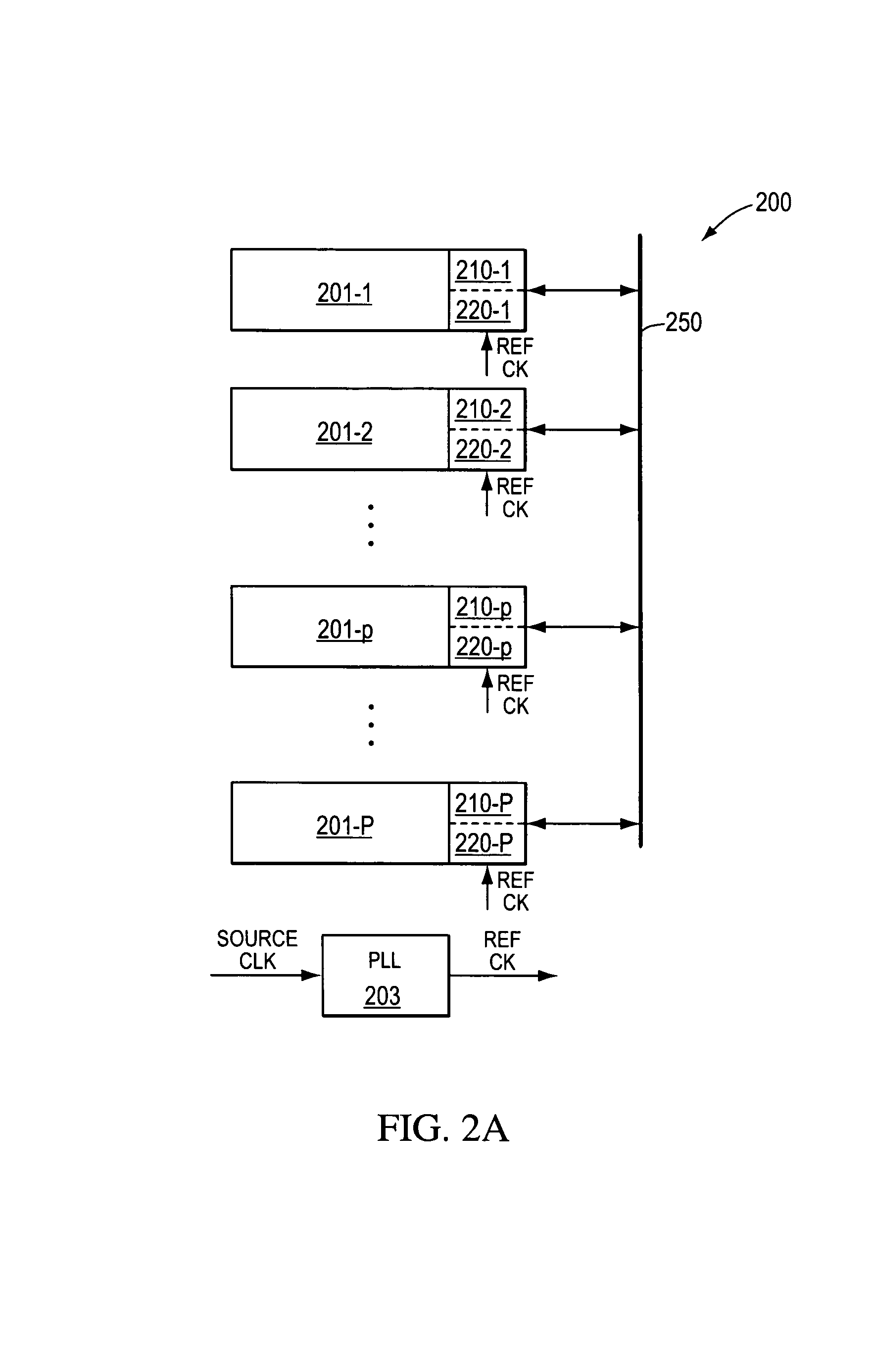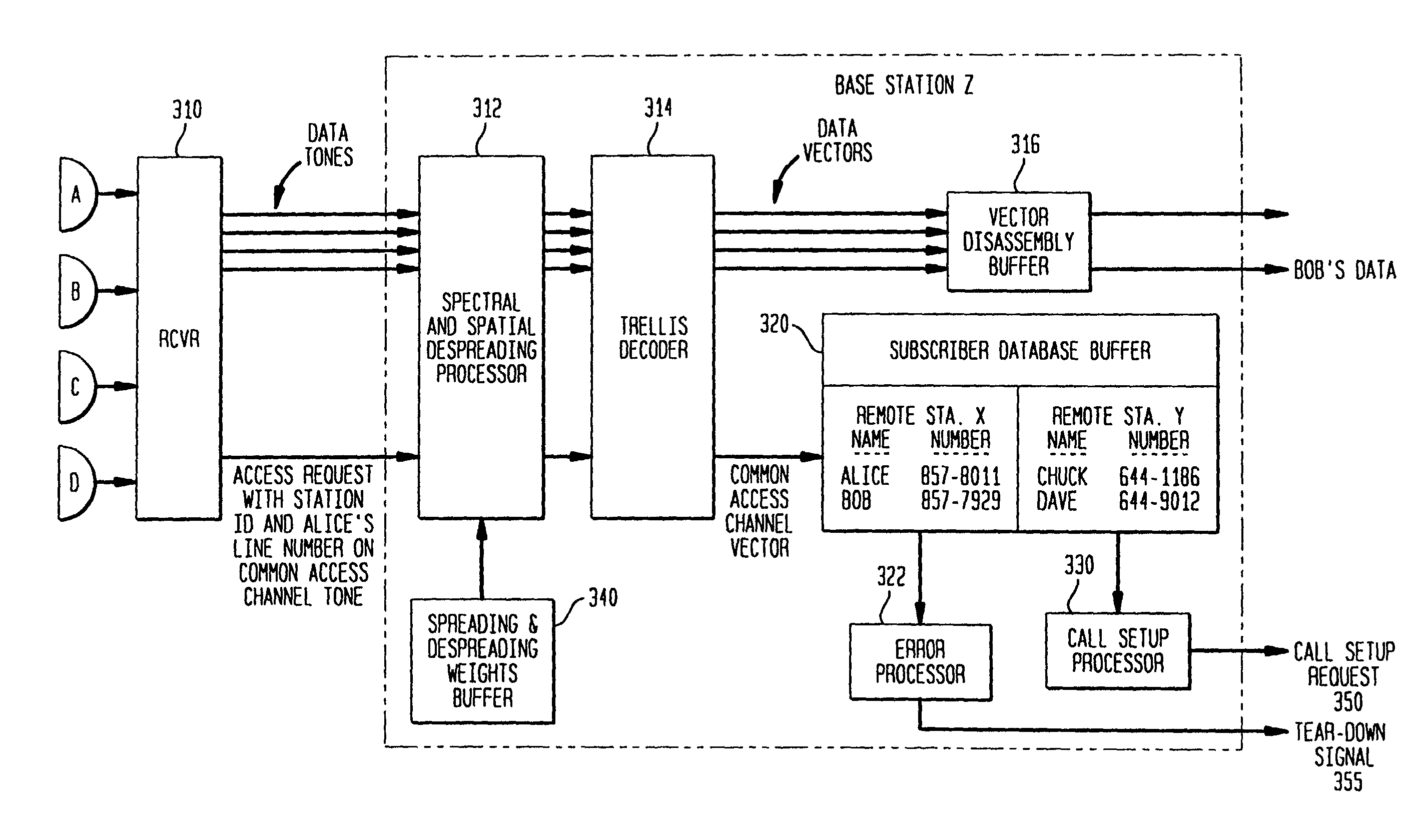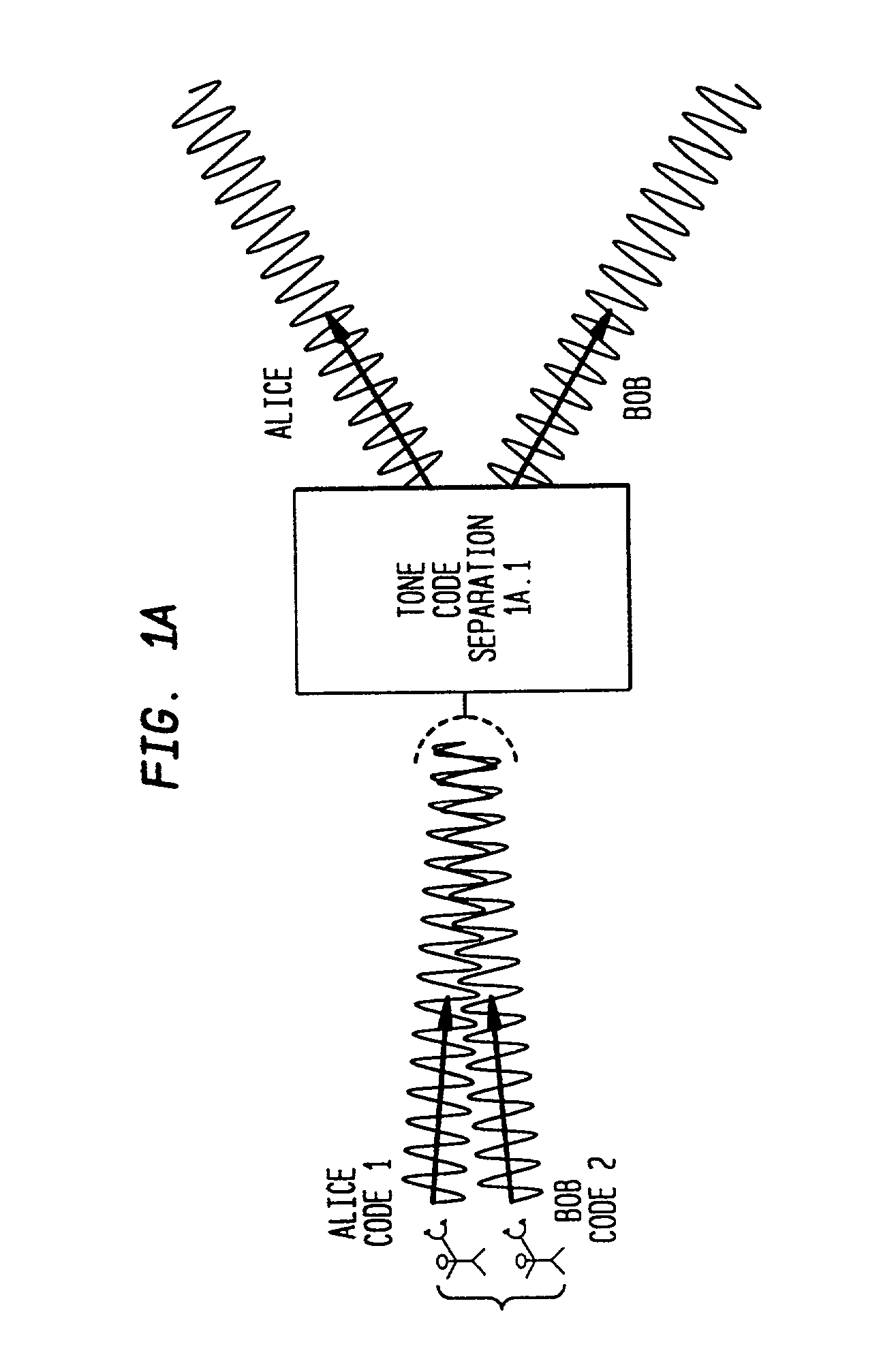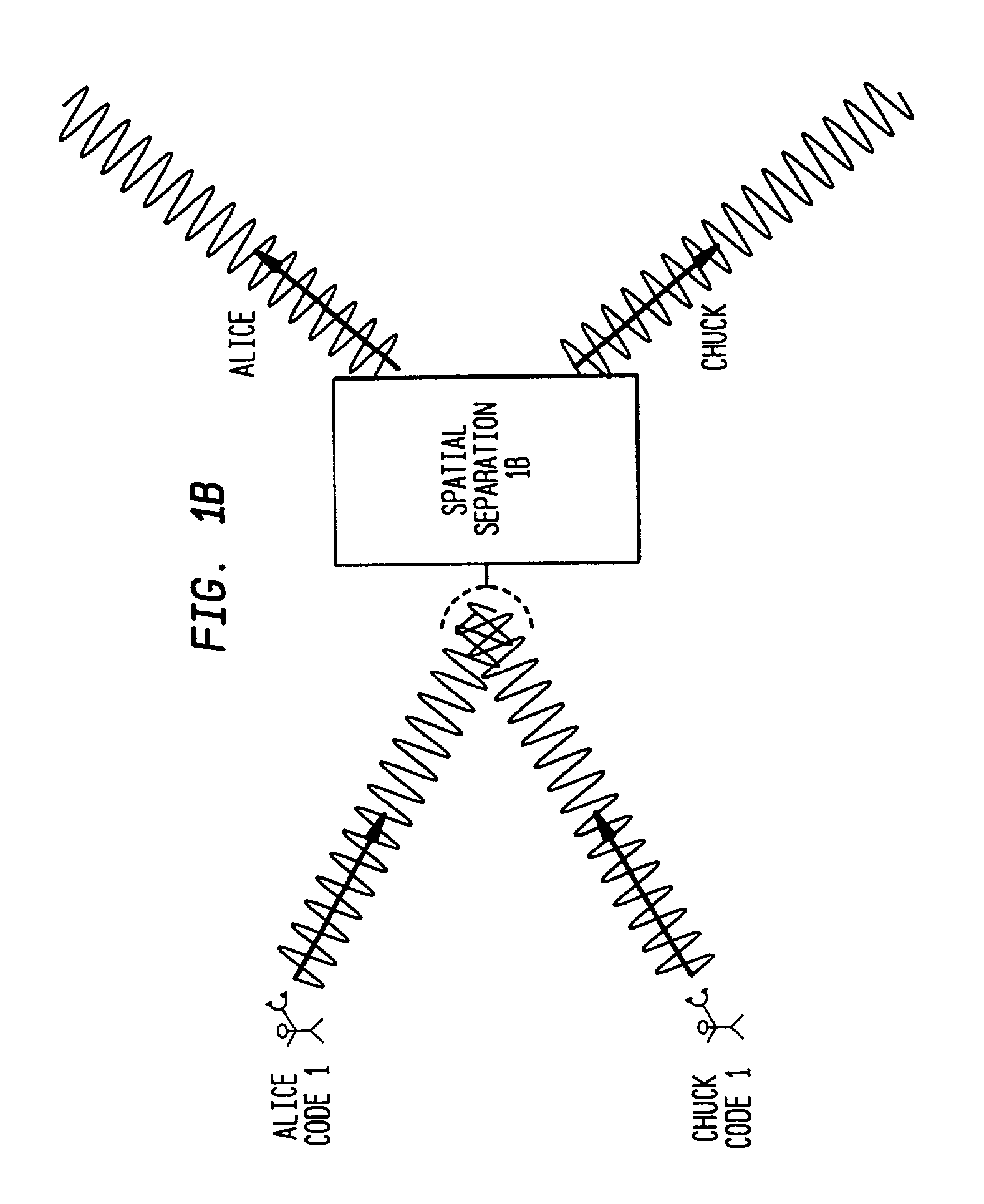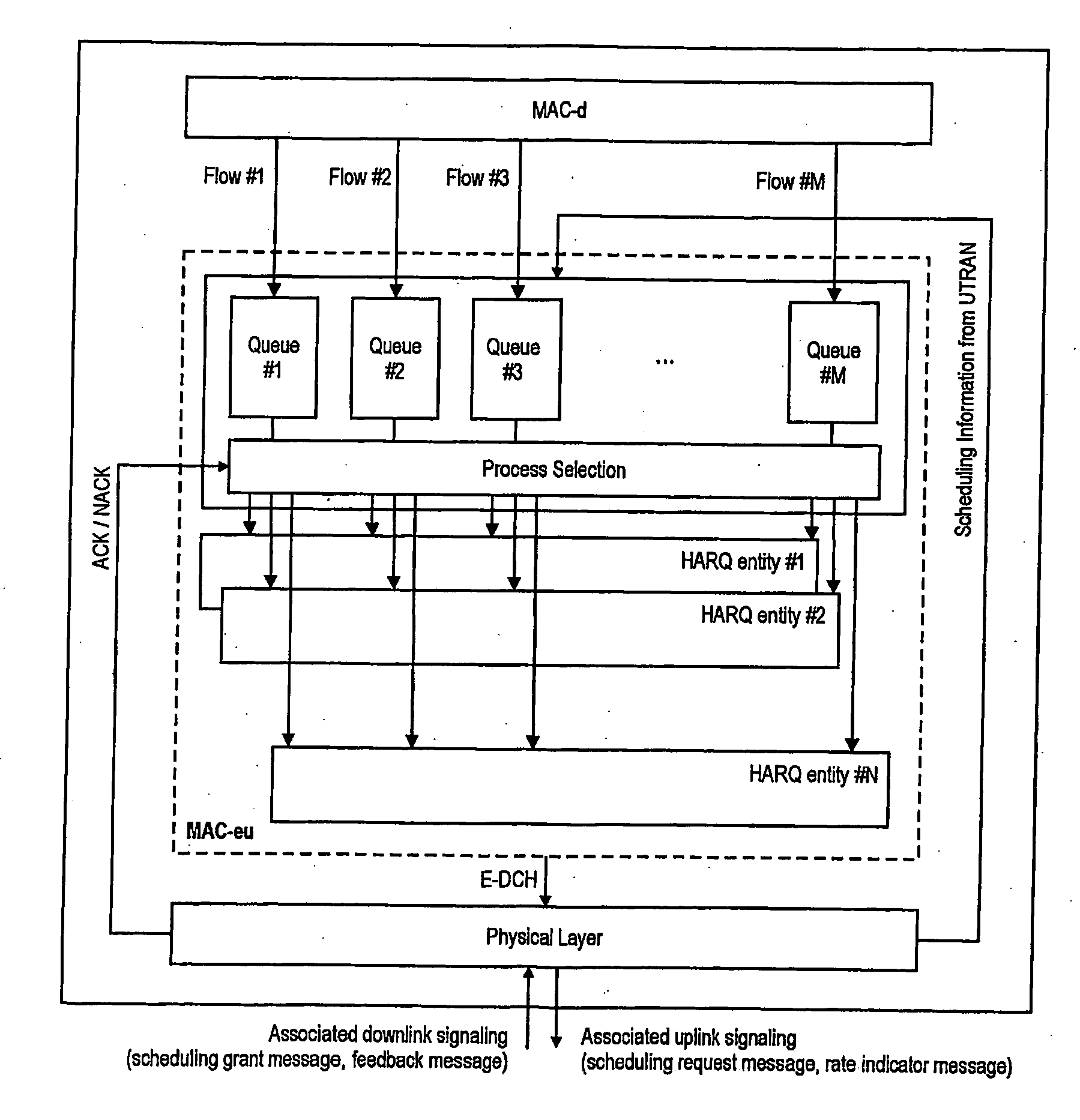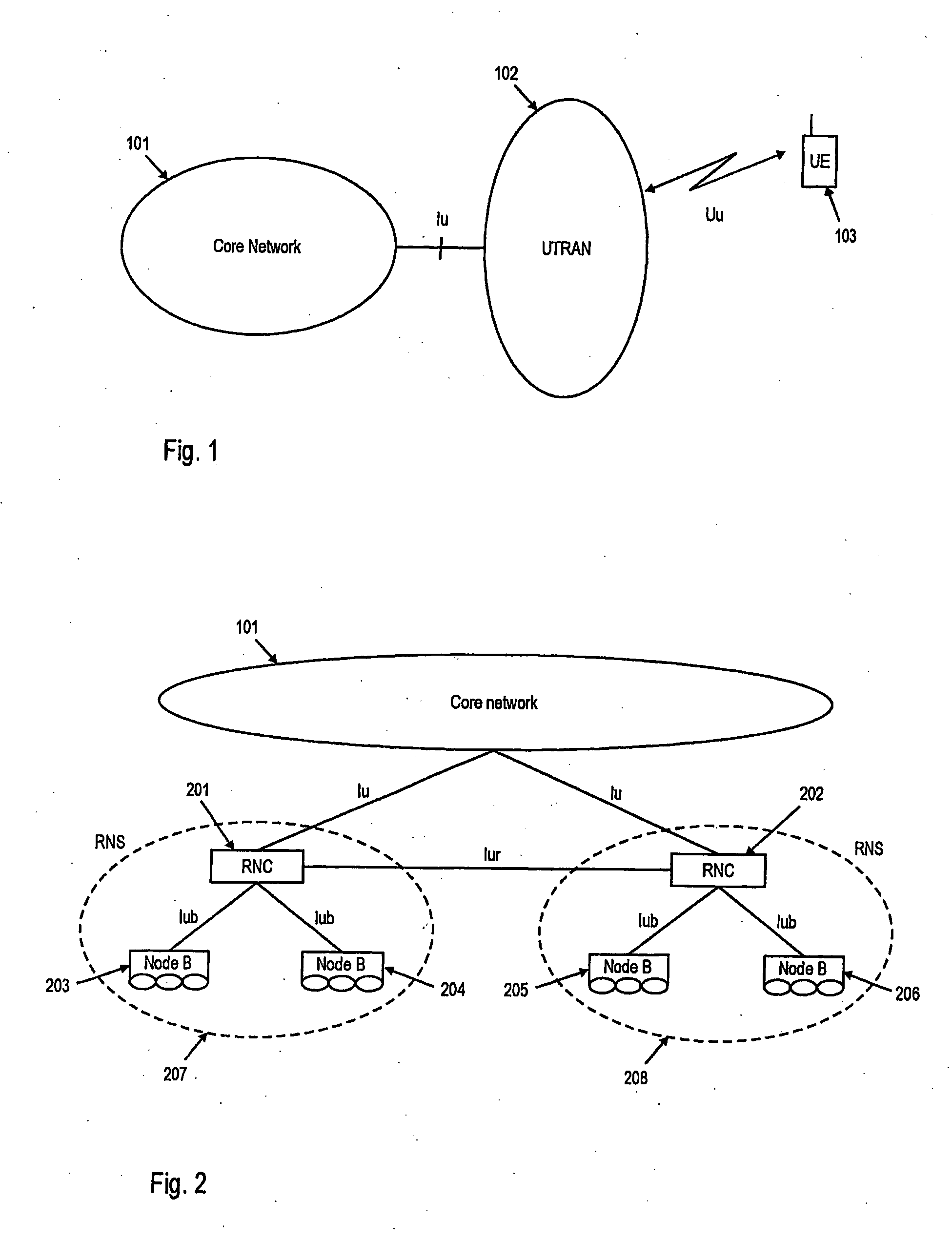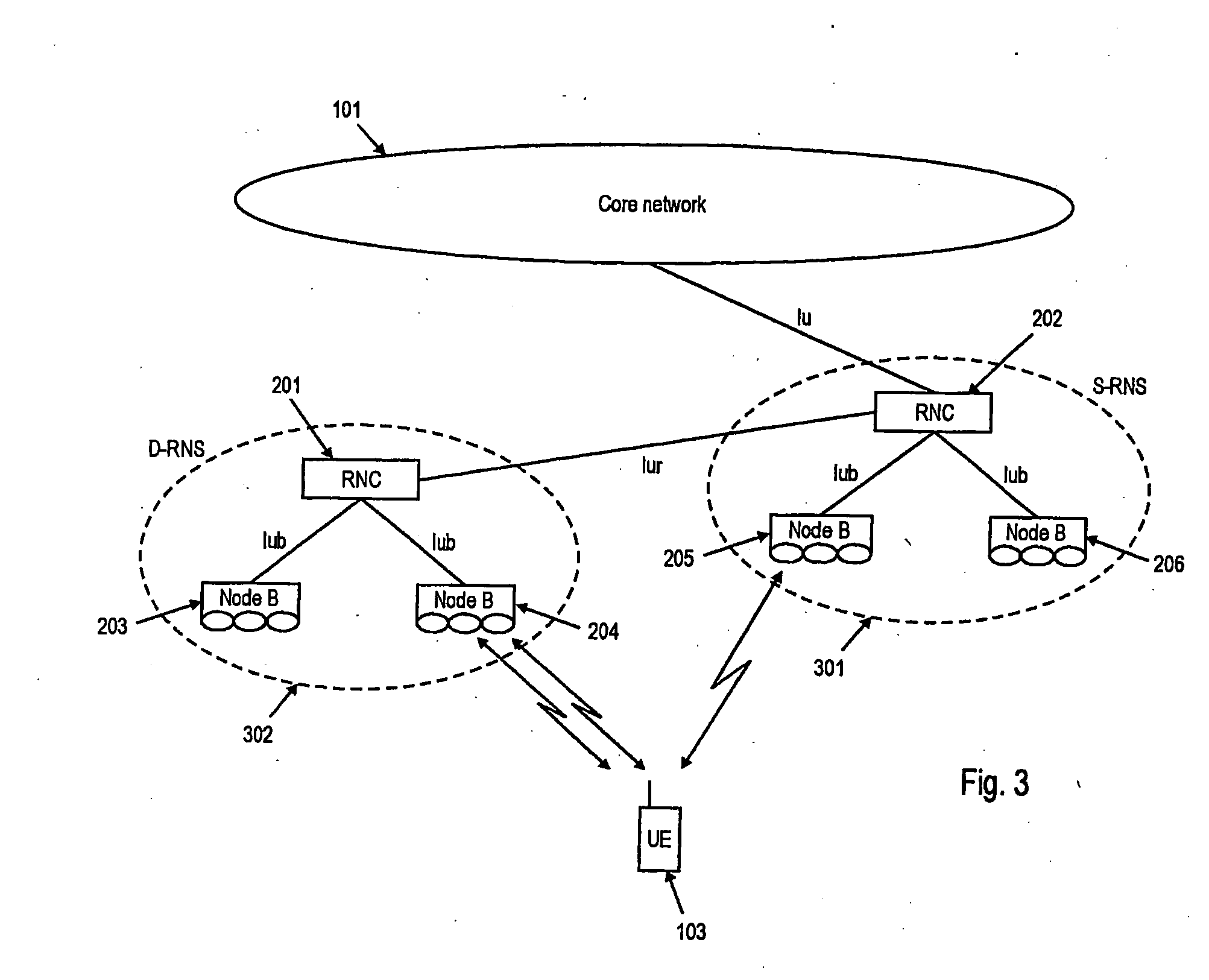Patents
Literature
Hiro is an intelligent assistant for R&D personnel, combined with Patent DNA, to facilitate innovative research.
1283results about How to "Reduce interference" patented technology
Efficacy Topic
Property
Owner
Technical Advancement
Application Domain
Technology Topic
Technology Field Word
Patent Country/Region
Patent Type
Patent Status
Application Year
Inventor
Devices, systems and methods for treating benign prostatic hyperplasia and other conditions
ActiveUS20060276871A1Convenient and smoothAlters compositionSuture equipmentsStentsAnatomical structuresUrethra
Devices, systems and methods for compressing, cutting, incising, reconfiguring, remodeling, attaching, repositioning, supporting, dislocating or altering the composition of tissues or anatomical structures to alter their positional or force relationship to other tissues or anatomical structures. In some applications, the invention may be used to used to improve patency or fluid flow through a body lumen or cavity (e.g., to limit constriction of the urethra by an enlarged prostate gland).
Owner:TELEFLEX LIFE SCI LTD
Arrayed biomolecules and their use in sequencing
InactiveUS7232656B2Reduce interferencePermit resolutionBioreactor/fermenter combinationsSequential/parallel process reactionsGenome variationComputational biology
The invention is directed to a method for analysing genome wide variation in an individual. The method comprises randomly fragmenting the individual's genome and generating sequence reads of multiple bases on all fragments of the individual's genome, aligning the sequence reads generated with a known genomic reference sequence, and analysing variations between the sequence reads derived from the individual's genome and the known genomic reference sequence.
Owner:ILLUMINA CAMBRIDGE LTD
Targeted oligonucleotide conjugates
InactiveUS6300319B1Simple methodReduce interferenceBiocideOrganic active ingredientsReceptor degradationOligonucleotide
The present invention provides improved ingress of therapeutic and other moieties into cellular targets. In accordance with preferred embodiments, complexes are provided which carry primary moieties, chiefly therapeutic moieties, to such target cells. Such complexes preferably feature cell surface receptor ligands to provide specificity. Such ligands are preferably bound to primary moieties through polyfunctional manifold compounds.
Owner:IONIS PHARMA INC
Presence-aware cellular communication system and method
InactiveUS20100056184A1Increase capacityReduce consumptionPower managementAssess restrictionAir interfaceCellular communication systems
A cellular communication system comprises a network supporting user equipment over an air interface, the network having a hierarchical cell arrangement with overlay cells and underlay cells. An underlay base station is associated with a subset of registered user equipment. An activation server switches the underlay base station between an inactive mode and an active mode in response to detecting that registered user equipment meets a location criterion. The underlay base station only supports user equipment when in the active mode, e.g., it may only transmit a pilot signal in this mode. Interference and power consumption may be substantially reduced by sending the base station into the inactive mode thereby resulting in increased capacity of the cellular communication system as a whole.
Owner:MOTOROLA MOBILITY LLC
Method and system to avoid inter-system interference for phase-based time-of-flight systems
ActiveUS7405812B1Likelihood of interferenceReduce distractionsOptical rangefindersElectromagnetic wave reradiationClock rateOptical energy
Inter-system interference cross-produce P12 is reduced in a phase-based TOF system by randomizing instantaneous phase and / or frequency within a capture interval (or detection integration period). In one aspect, the TOF clock system frequency preserves long-term clock frequency stability but intentionally includes random or pseudo-random clock noise. The noise ensures the generated clock signals are temporally imperfect and lack substantial perfect periodicity. A second aspect causes the TOF clock system to hop frequency, preferably pseudo-randomly. TOF system homodyning favors detection of optical energy whose frequency correlates to the time-varying frequency of the emitted optical energy. Thus, the varying spectral spacing of the emitted optical energy reduces likelihood that an adjacent TOF system at any given time will emit optical energy of an interfering frequency. At least one aspect is employed, both aspects being mutually complementary to reduce the cross-correlation product P12 without substantially affecting TOF system performance.
Owner:MICROSOFT TECH LICENSING LLC
Prioritized-routing for an ad-hoc, peer-to-peer, mobile radio access system
InactiveUS6873839B2Minimizes RF energyReduce distractionsEnergy efficient ICTPower managementBattery state of chargeBattery charge
An ad-hoc, peer-to-peer radio access system having a series of remote terminals, where each remote terminal is capable of forming a link, or hop, of the routing of a call made by one of the series of terminals. The status of the battery of each terminal which may potentially form part of the routing path of a call is reported to other terminals, whereby the routing path for a call will be decided also based on the status of the battery-charge of each terminal along the routing path.
Owner:STRONG FORCE IOT
Systems and methods for monitoring selected terrestrially used satellite frequency signals to reduce potential interference
ActiveUS20050208890A1Reduce interferenceActive radio relay systemsWireless commuication servicesFrequency bandSatellite
A satellite radiotelephone frequency band can be reused terrestrially by an ancillary terrestrial network even within the same satellite cell, using interference reduction / cancellation techniques. An interference reducer is responsive to a space-based component and to an ancillary terrestrial network. The interference reducer is configured to reduce interference in wireless communications that are received by the space-based component from first radiotelephones in the satellite footprint over a satellite radiotelephone frequency band using wireless communications that are received by the ancillary terrestrial network from selected ones of second radiotelephones in the satellite footprint over the satellite radiotelephone frequency band and / or wireless communications that are transmitted by the ancillary terrestrial network to the second radiotelephones in the satellite footprint over the satellite radiotelephone frequency band. The interference reducer may include a prefilter that is configured to determine the selected ones of the second radiotelephones.
Owner:ATC TECH LLC
Vertebral stabilization assembly and method
InactiveUS6899714B2Great vertebral stabilizationPatient SafetyInternal osteosythesisDiagnosticsPedicle screwMechanical engineering
A vertebral stabilization assembly for stabilizing vertebrae is provided. The vertebral stabilization assembly includes a first and a second pedicle screw, a first and second connecting screw, and a connecting member. The first and second pedicle screws each have a shaft provided with a threaded portion operable for threading engagement of the first and second pedicle screws with a first and second vertebra, respectively, each shaft also has an engaging portion. The first and second connecting screws each have a first end adapted to be received by the engaging portions of the first and second pedicle screws, respectively. The connecting member has a first end connected to the first connecting screw and a second end connected to the second connecting screw for stabilization of the first and second vertebra. A guide member for placement of the connecting screw and method for anteriorly stabilizing vertebrae is also provided.
Owner:VAUGHAN MEDICAL TECH
Ammonia nanosensors, and environmental control system
InactiveUS20080093226A1Improve accuracyHigh sensitivityWeather/light/corrosion resistanceMicrobiological testing/measurementAnalyteControl system
Embodiments of nanoelectronic sensors are described, including sensors for detecting analytes such ammonia. An environmental control system employing nanoelectronic sensors is described. A personnel safety system configured as a disposable badge employing nanoelectronic sensors is described. A method of dynamic sampling and exposure of a sensor providing a number of operational advantages is described.
Owner:NANOMIX
Scanning of biological samples
InactiveUS6867851B2Reduce interferenceReduce distractionsMicroscopesFluorescence/phosphorescenceChromophoreImage detection
An image detection apparatus comprises a light source and a holding apparatus adapted to hold a substrate on which a biological sample may be mounted. Light from the light source impinges on the biological sample and causes light that is representative of the sample to be emitted from the sample. A light detector is positioned in the path of the emitted light and is scanned across the emitted light. The emitted light may be focused on the light detector with an optical assembly. The emitted light may be generated by chromophores on probes in the biological sample.
Owner:RGT UNIV OF MINNESOTA
Method and system for advancement of a borehole using a high power laser
ActiveUS20100044103A1Reduce interferenceReduce distractionsDrill bitsDisloding machinesPhysicsHigh power lasers
There is provided a system, apparatus and methods for the laser drilling of a borehole in the earth. There is further provided with in the systems a means for delivering high power laser energy down a deep borehole, while maintaining the high power to advance such boreholes deep into the earth and at highly efficient advancement rates, a laser bottom hole assembly, and fluid directing techniques and assemblies for removing the displaced material from the borehole.
Owner:FORO ENERGY
Redox reversible bipyridyl-osmium complex conjugates
InactiveUS7045310B2High measurement accuracyImprove accuracyBioreactor/fermenter combinationsBiological substance pretreatmentsRedoxElectrochemistry
Novel bipyridyl-osmium complex conjugates and their use in electrochemical assays are described. The redox reversible-osmium complexes can be prepared to exhibit unique reversible redox potentials and can thus be used in combination with other electroactive redox reversible species having redox potentials differing by at least 50 millivolts in electrochemical assays designed for use of multiple electroactive species in the same cell and in the same sample without interference between the two or more redox coupled conjugate systems.
Owner:ROCHE DIABETES CARE INC
Low complexity high-speed communications transceiver
InactiveUS7590168B2Improve data transfer rateReduce interferenceAmplitude-modulated carrier systemsSecret communicationTransceiverCommunications system
Owner:ENTROPIC COMM INC
Means and Methods for Improving the Handover Characteristics of Integrated Radio Access Networks
InactiveUS20080205345A1Improve switching characteristicsMinimize data lossRadio/inductive link selection arrangementsWireless commuication servicesMessage typeRadio access network
The invention provides a method for assisting handover of a user terminal's, UT's, communication session in an integrated multi RAT network, said method to be carried out by an RNCI being installed in said network, said method comprising the following steps:— receiving a “Handover Candidate” message comprising a message type identifier information element identifying said message as being a “Handover Candidate” message and which message identifies said session and which message further identifies a candidate RNC of said network, wherein said candidate RNC constitutes an RNC handover candidate for said session,— establishing the identity of said RNC by investigating said message,— associating said communication session with said candidate RNC identified in the previous step. The invention provides an RNC1, RNC2, and software, realising the method according to the invention.
Owner:TELEFON AB LM ERICSSON (PUBL)
Method and system for reducing potential interference in an impulse radio
InactiveUS6914949B2Reduce distractionsReduce broadband noiseError preventionTransmission systemsInterference ratioRadio reception
Potential interference is reduced in an impulse radio. A signal including an impulse signal and potential interference is received by the impulse radio. The impulse signal includes a sequence of impulses. The sequence of impulses of the received signal is sampled at a sequence of data sample times to produce a sequence of data samples. The received signal is also sampled at a plurality of time offsets from each of the data sample times to produce a plurality of nulling samples corresponding to each of the data samples. A separate sequence of nulling samples for each of the time offsets is thereby produced. Each of the data samples is then separately combined with a corresponding nulling sample from each of the separate sequences of nulling samples to produce a separate sequence of adjusted samples corresponding to each of the time offsets. A separate quality metric, representative of a signal-to-interference level, is then determined for each of the separate sequences of adjusted samples. A preferred sequence of samples is selected for further signal processing based on the determined quality metrics. Alternatively or additionally, one of the plurality of time offsets is selected as the preferred time offset based on the determined quality metrics.
Owner:ALEREON
Bariatric device and method
A bariatric device includes a body having a wall defining a lumen, the wall configured to generally conform to the shape and size of at least one chosen from i) the abdominal portion of the esophagus, ii) the esophageal-gastric junction, and iii) the proximal cardiac portion of the stomach, with the wall adapted to exert pressure on the at least one chosen from i) the abdominal portion of the esophagus, ii) the esophageal-gastric junction, and iii) the proximal cardiac portion of the stomach, thereby influencing a neurohormonal feedback mechanism of the patient to cause at least partial satiety by augmenting fullness caused by food and simulating fullness in the absence of food.
Owner:BFKW
LTE frequency channel avoidance
ActiveUS20130090125A1Reduce interferenceReduce distractionsLocation information based serviceNetwork planningBase stationCable television
A method of reducing interference to reception of streams of television content received at a television receiver in which each of the streams of television content are transmitted on one of a plurality of frequency channels in accordance with a channel map which defines on which of the plurality of frequency channels each stream of television content is transmitted and the interference being caused by a base station transmitting data to or receiving data from one or more mobile devices via radio communication signals in a vicinity of the television receiver. The method includes identifying the channel map and adapting a transmission of the radio communication signals between the base station and the one or more of mobile devices in accordance with the identified channel map to reduce interference at the television receiver.
Owner:SONY CORP +1
Interoperability improvement between receivers and transmitters in a mobile station
ActiveUS20070082622A1Reduce interferenceSpatial transmit diversityNear-field systems using receiversRadio frequencyFrequency band
A mobile station is disclosed that includes a first antenna, at least one second antenna, and a receiver coupled to the first antenna. The receiver includes first control logic configured to generate a notification of the receiver being able to receive a reception frequency band and includes a transmitter coupled to the at least one second antenna and the receiver. The transmitter communicates radio frequency (RF) signals in a transmission frequency band over an RF transmit path to the at least one second antenna. The transmitter includes a tunable filter coupleable to the RF transmit path, and second control logic configured to adjust at least one characteristic of the tunable filter based at least in part on the notification. The adjustment is performed to reduce, when the tunable filter is coupled to the RF transmit path, interference caused by transmission in the transmission frequency band with reception in the reception frequency band.
Owner:NOKIA TECHNOLOGLES OY
System and method of base station performance enhancement using coordinated antenna array
ActiveUS20100054196A1High system throughputReduce interferenceError preventionTransmission systemsSmart antennaNetwork management
In wireless system, a group of Basestations (BTSs) can be managed by a centralized network management identity or can be self-organized by communicating with each other via wireless air-interfaces or wired interfaces. One such example are Femtocell systems. When the BTSs are using the same frequency for transmitting and receiving with relatively large transmitting power and when they are closer to each other, performance of such a system and user throughput or QoS (Quality of Service) gets degraded due to the interference between the BTSs and among the users. Smart antenna technique can be used in a coordinated way among a group of BTSs, such as Femtocells, to avoid or reduce interference or manage how interference happens to achieve performance enhancement such as higher system throughput or better QoS to individual applications.
Owner:AIRHOP COMMUNICATIONS
Noise reduction system with remote noise detector
ActiveUS20130262101A1Reduce background noise and interferenceNoise enhancementSpeech analysisTransmission noise suppressionSignal enhancementNoise reduction
Noise reduction system with remote noise detector The present invention relates to a noise reduction system with at least one remote noise detector placed close to at least one noise source, which transmits relevant information to a primary device where it is used for noise reduction. Thereby, acoustic signal enhancement can be achieved via the at least one remote noise detector in that a noise estimate is transmitted to controller for noise reduction in the signal obtained from a primary source.
Owner:MEDIATEK INC
Method and apparatus for interference cancellation in shared communication mediums
InactiveUS6965657B1Reduce interferenceReduce distractionsError preventionImproving S/N for transmission/receivingLine codeEngineering
An apparatus and method for reducing interference over a common communication medium, wired or wireless is provided. The apparatus reduces interference from a number of sources using a common architecture which may be used to service a modem pool or discrete modems which share the common communication medium. Interference due to near end cross-talk (NEXT), self-NEXT or echo, and far end cross-talk (FEXT) may all be substantially reduced or cancelled by the apparatus. Additionally, channel characteristics for individual data channels across the common communication medium may be determined. The apparatus provides support for multiple modem protocols including X-DSL protocols such as G.Lite, ADSL, VDSL, SDSL, MDSL, RADSL, and HDSL. The apparatus supports multiple line codes such as the discrete multi-tone (DMT) and carrier less AM / PM (CAP) line codes associated with X-DSL communications. The apparatus may be implemented in hardware, firmware or software. The apparatus has a compact form factor due to pooling of the interference canceling elements.
Owner:IKANOS COMMUNICATIONS
Method and apparatus for determining cell for executing comp in multi-cell environment
ActiveUS20110269459A1Avoid system overheadReduce interferenceSite diversityWireless commuication servicesComputer sciencePrecoding matrix
The present invention provides a method which determines an adjacent cell to carry out a coordinate multipoint transmission (CoMP) operation instead of performing the CoMP operation for all adjacent cells, in cases where precoding matrix indexes (PMI) of adjacent cells are limited to prevent interferences by adjacent cells in a multi-cell environment, thereby effectively reducing inter-cell interferences without causing an overhead.
Owner:LG ELECTRONICS INC
Active RFID tag, application system and method thereof
ActiveUS20120235795A1Reduce power consumptionImprove reliabilitySensing detailsSubscribers indirect connectionData packCommunications system
The present invention provides an active radio frequency identification (RFID) tag and an application system and method thereof. The system includes: a control processor; a coordinator; an active RFID tag, configured to perform an RF feature check first with very little time before spending more time to receive a whole valid data packet during the time period of an interception state; and a reader / writer. Therefore, the power consumption of an active RFID tag is reduced drastically. Further, the present invention also provides an active RFID tag having a plurality of fixed mode actions and the application system and method thereof, thereby improving the communication efficiency of the radio communication system and effectively reducing the probability of signal collision and mutual interference.
Owner:WESTVALLEY DIGITAL TECH
Portable fluorescence detection system and microassay cartridge
InactiveUS20150346097A1Avoiding complexity and expenseLow heat resistanceBioreactor/fermenter combinationsHeating or cooling apparatusLow noiseOn board
Disclosed is a compact, microprocessor-controlled instrument for fluorometric assays in liquid samples, the instrument having a floating stage with docking bay for receiving a microfluidic cartridge and a scanning detector head with on-board embedded microprocessor operated under control of a ODAP daemon resident in the detector head for controlling source LEDs, emission signal amplification and filtering in an isolated, low noise, high-gain environment within the detector head. Multiple optical channels may be incorporated in the scanning head. In a preferred configuration, the assay is validated using dual channel optics for monitoring a first fluorophore associated with a target analyte and a second fluorophore associated with a control. Applications include molecular biological assays based on PCR amplification of target nucleic acids and fluorometric assays in general, many of which require temperature control during detection.
Owner:PERKINELMER HEALTH SCIENCES INC
Bariatric device and method
ActiveUS7846174B2Reduce distractionsReduce pressureSurgeryMedical devicesEsophago-esophagealNeurohormones
A bariatric device includes a body having a wall defining a lumen, the wall configured to generally conform to the shape and size of at least one chosen from i) the abdominal portion of the esophagus, ii) the esophageal-gastric junction, and iii) the proximal cardiac portion of the stomach, with the wall adapted to exert pressure on the at least one chosen from i) the abdominal portion of the esophagus, ii) the esophageal-gastric junction, and iii) the proximal cardiac portion of the stomach, thereby influencing a neurohormonal feedback mechanism of the patient to cause at least partial satiety by augmenting fullness caused by food and simulating fullness in the absence of food.
Owner:BFKW
Method and device for electrochemical immunoassay of multiple analytes
InactiveUSRE40198E1High measurement accuracyImprove accuracyImmobilised enzymesBioreactor/fermenter combinationsAnalyteRedox
Owner:ROCHE DIABETES CARE INC
Arrayed biomolecules and their use in sequencing
InactiveUS20050042649A1Reduce interferencePermit resolutionBioreactor/fermenter combinationsSequential/parallel process reactionsVolumetric Mass DensityBiology
A device comprising an array of molecules immobilised on a solid surface is disclosed, wherein the array has a surface density which allows each molecule to be individually resolved, e.g. by optical microscopy. Therefore, the arrays of the present invention consist of single molecules that are more spatially distinct than the arrays of the prior art.
Owner:ILLUMINA CAMBRIDGE LTD
High-speed multi-channel communications transceiver with inter-channel interference filter
InactiveUS7236757B2Reduce Intersymbol InterferenceImprove data transfer rateSpatial transmit diversitySecret communicationCommunications systemTransceiver
A communication system is disclosed that allows high data-rate transmission of data between components. N-bit parallel data is transmitted in K-frequency separated channels on the transmission medium so as to fully take advantage of the overall bandwidth of the transmission medium. Additionally, a cross-channel interference filter in a receiver section corrects for cross-channel interference in the communication system. As a result, a very high data-rate transmission can be accomplished with low data-bit transmission on individual channels. A transmitter system and a receiver system are described for the communication system.
Owner:ENTROPIC COMM INC
Highly bandwidth-efficient communications
InactiveUS7106781B2Efficient processingEnhance signal to noise and interference ratio of signalSpatial transmit diversityModulated-carrier systemsFrequency spectrumCarrier signal
Owner:AT&T WIRELESS SERVICES
Method for Switching Between Asynchronous and Synchronous Harq Retransmission Mode
ActiveUS20080133995A1Reduce interferenceError prevention/detection by using return channelTransmission systemsData channelBase station
The present invention relates to method for controlling the transmission timing of data retransmissions in a wireless communication system wherein a HARQ retransmission protocol, is used to retransmit data from a transmitting entity to a receiving entity via a data channel. Further the present invention relates to a base station, a mobile terminal and a communication system employing the present invention. To overcome problems resulting from synchronous retransmissions in interference critical situations, the present invention introduces additional feedback signaling to a new HARQ protocol. The new NACK-S indicates to the transmitting entity to stop the synchronously transmitting retransmissions but to await a scheduling assignment for the retransmission from the receiving entity instead.
Owner:III HLDG 12 LLC
Features
- R&D
- Intellectual Property
- Life Sciences
- Materials
- Tech Scout
Why Patsnap Eureka
- Unparalleled Data Quality
- Higher Quality Content
- 60% Fewer Hallucinations
Social media
Patsnap Eureka Blog
Learn More Browse by: Latest US Patents, China's latest patents, Technical Efficacy Thesaurus, Application Domain, Technology Topic, Popular Technical Reports.
© 2025 PatSnap. All rights reserved.Legal|Privacy policy|Modern Slavery Act Transparency Statement|Sitemap|About US| Contact US: help@patsnap.com
